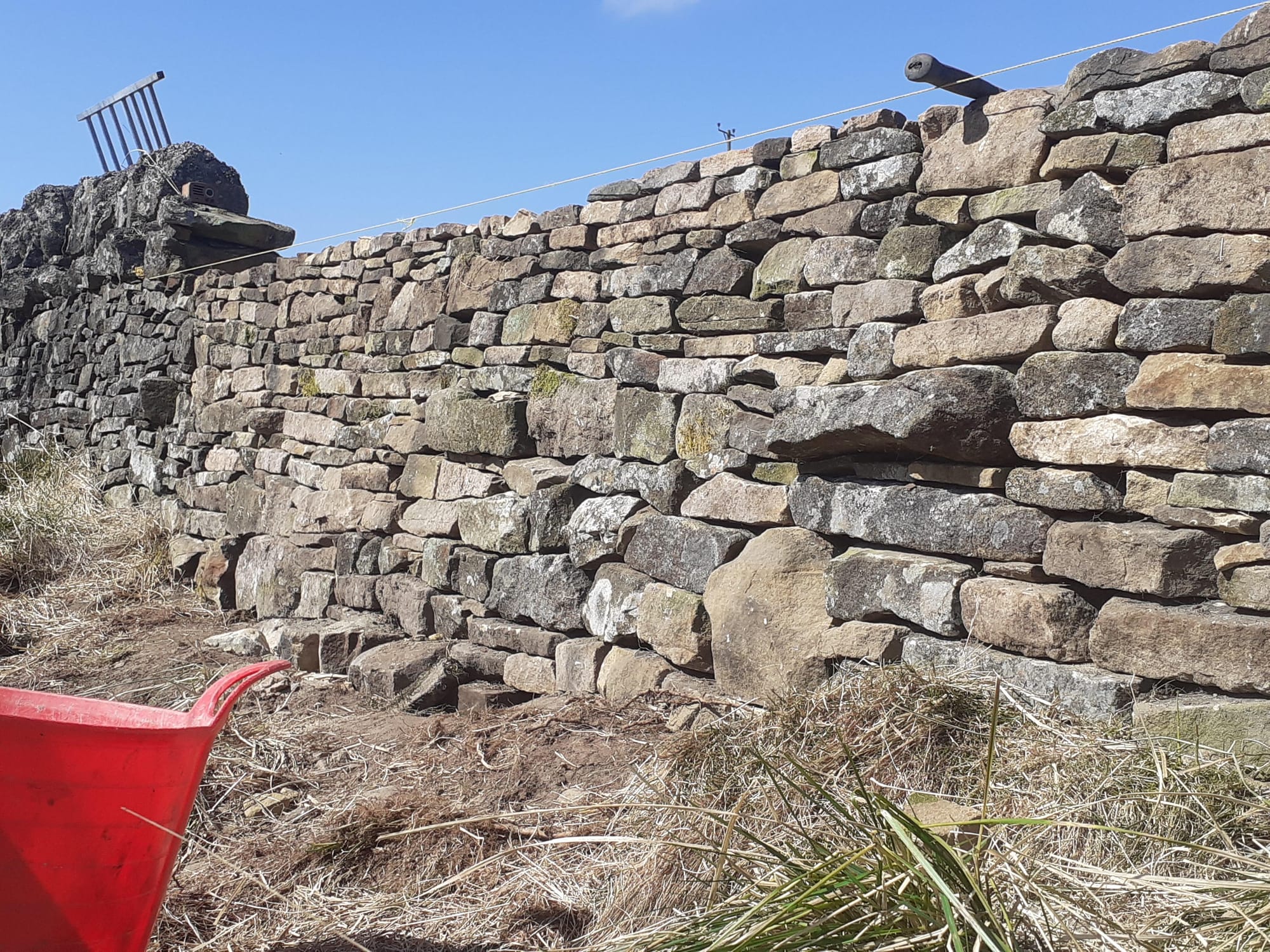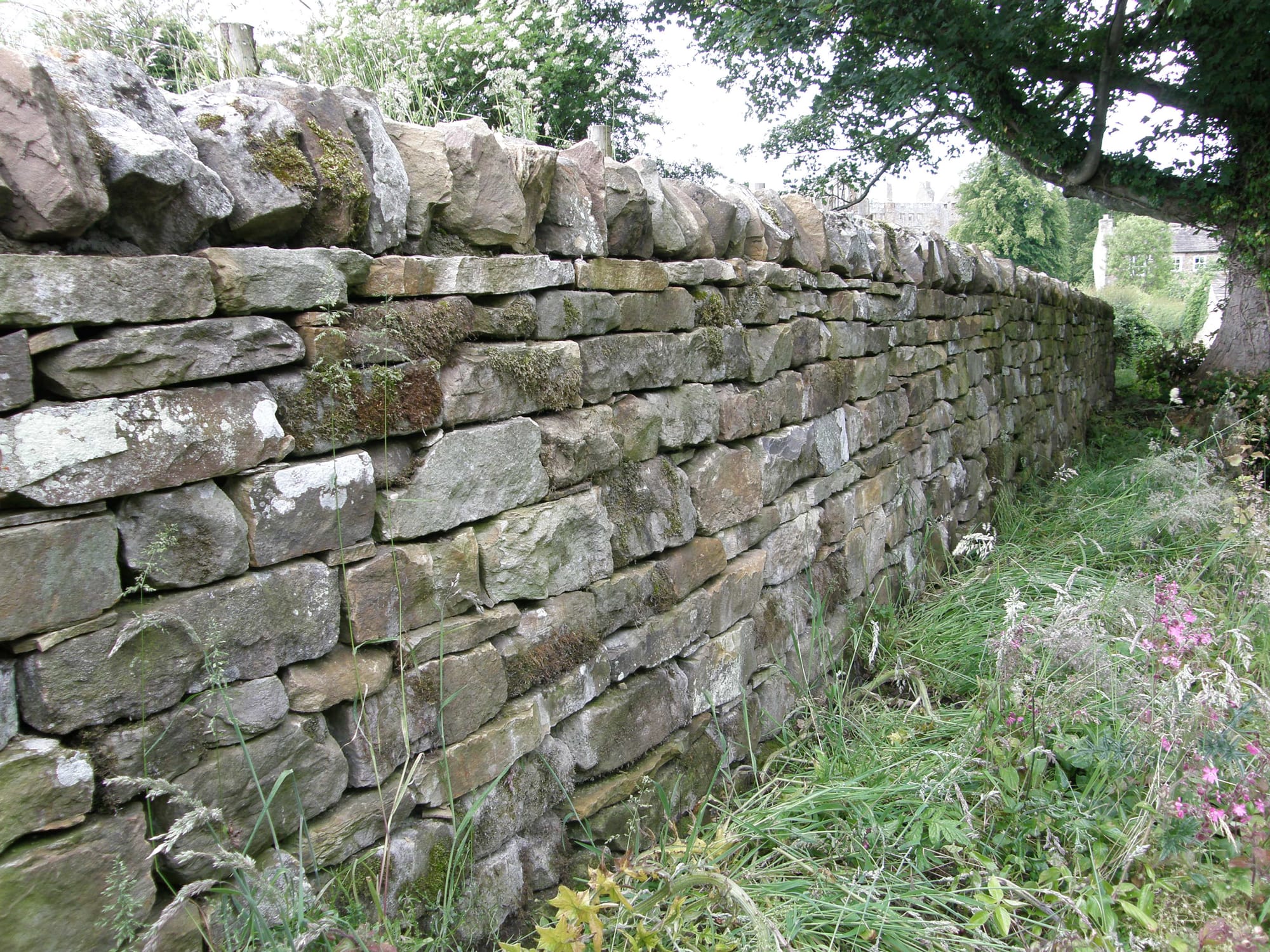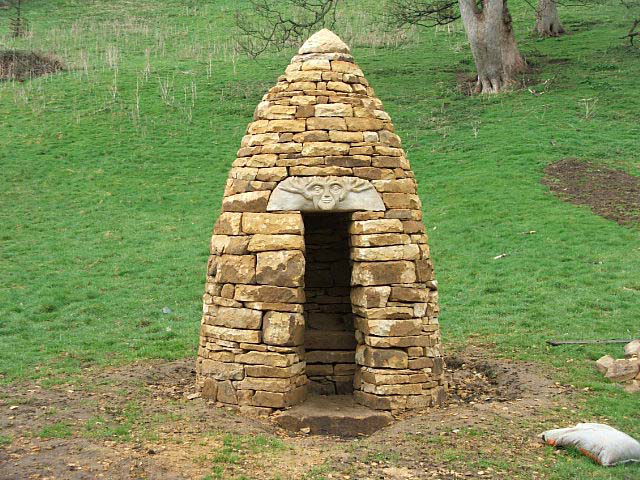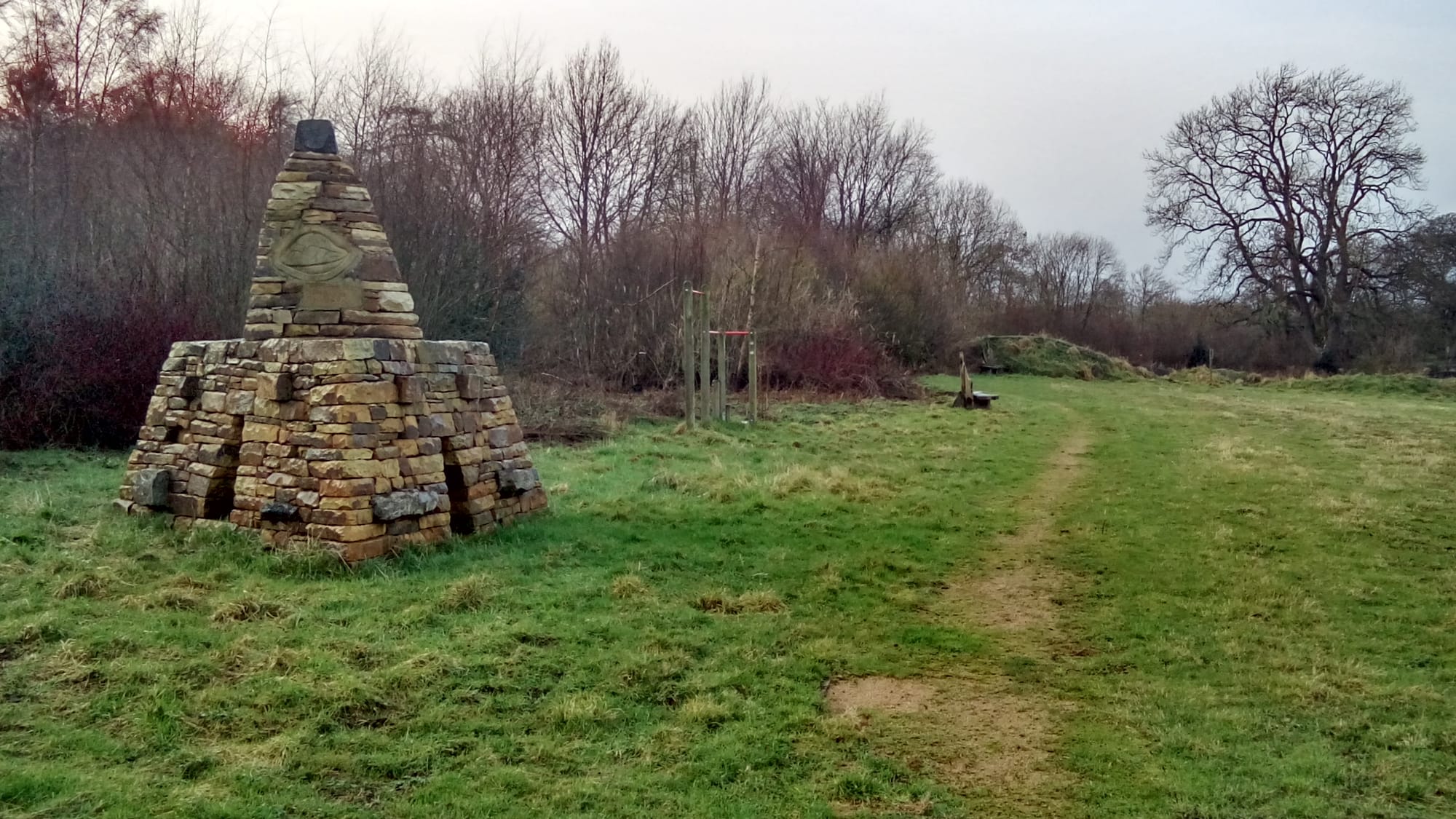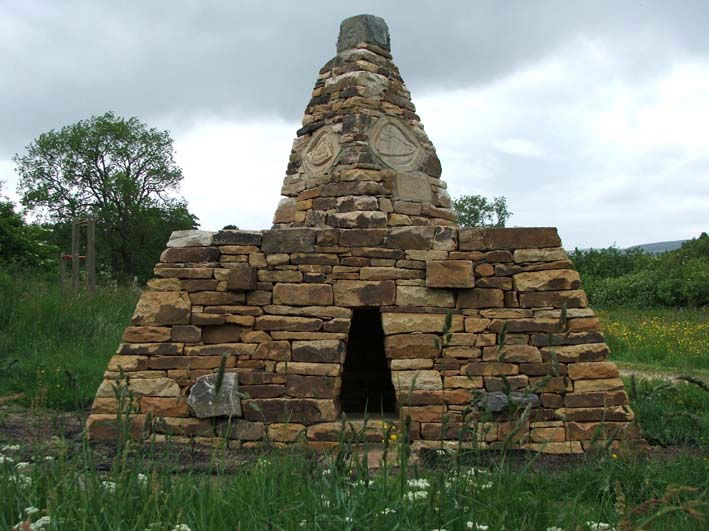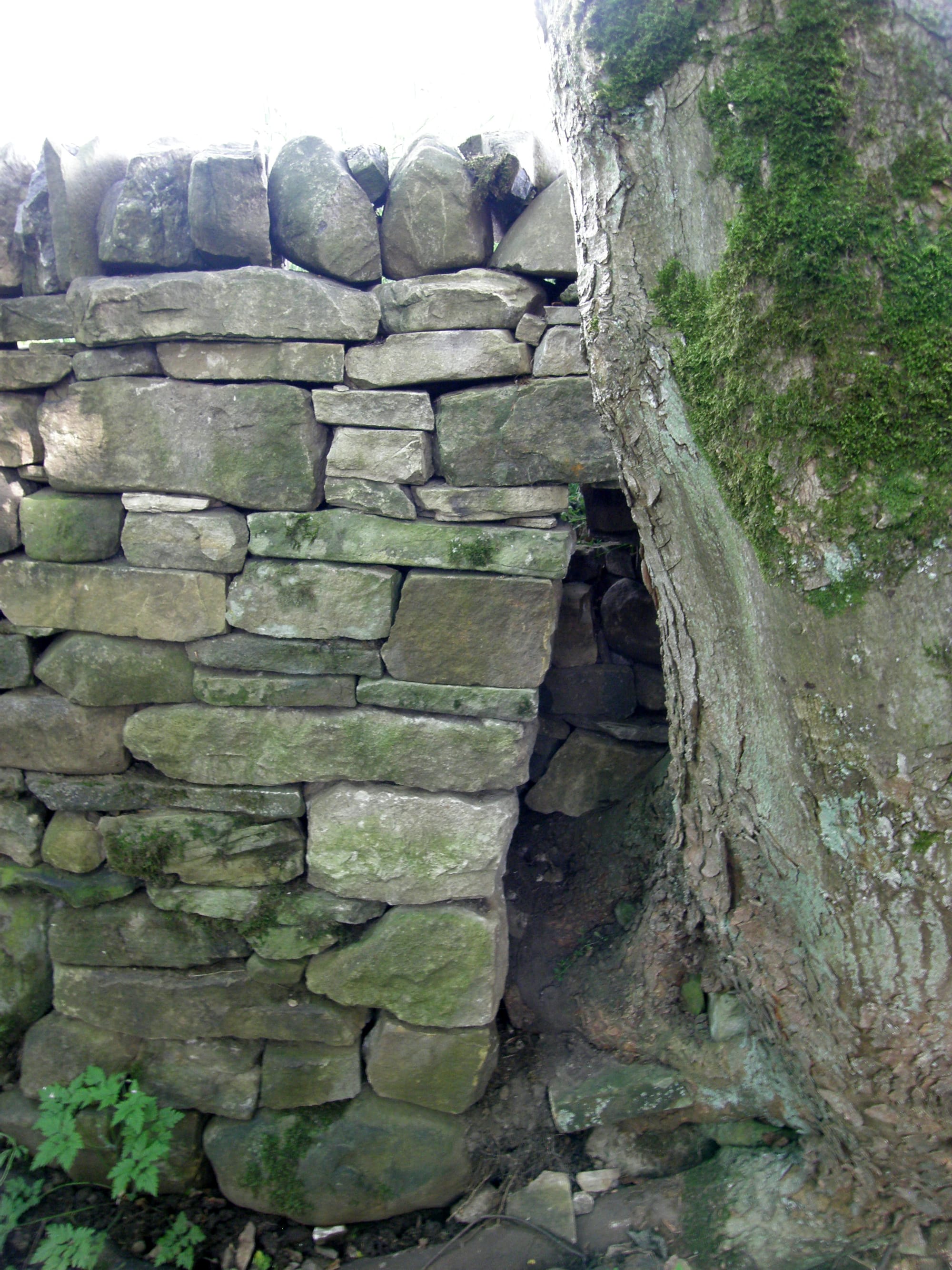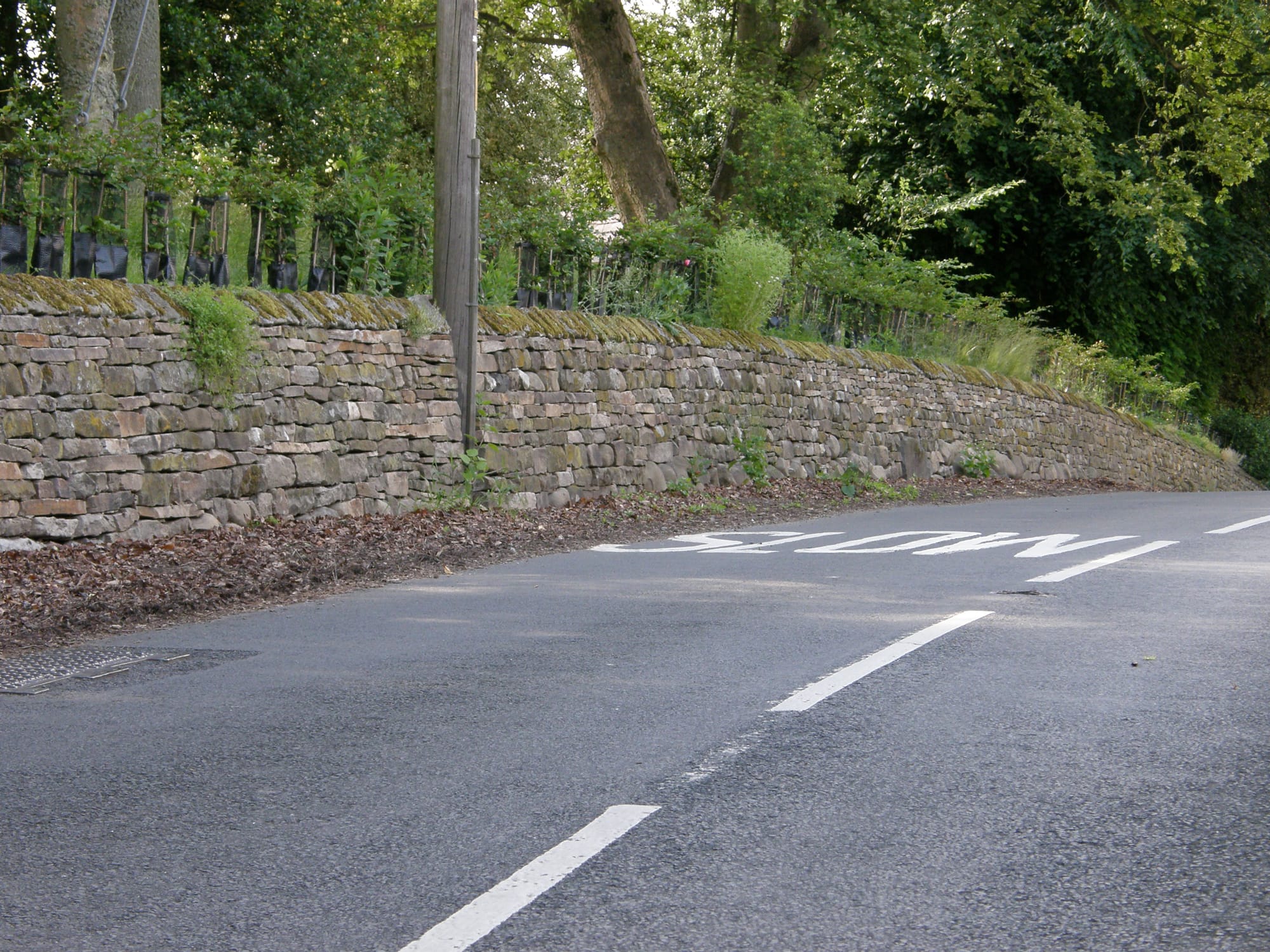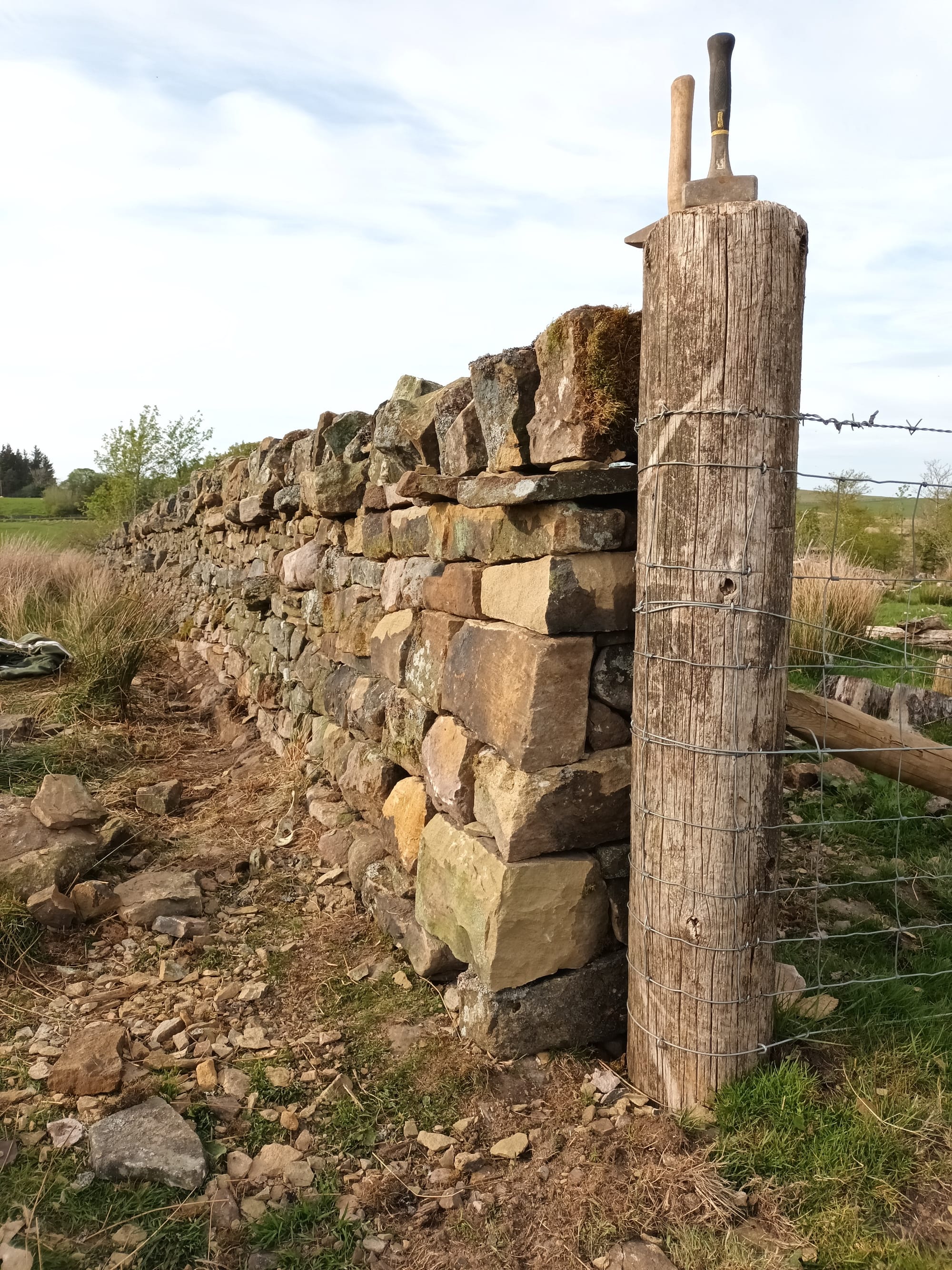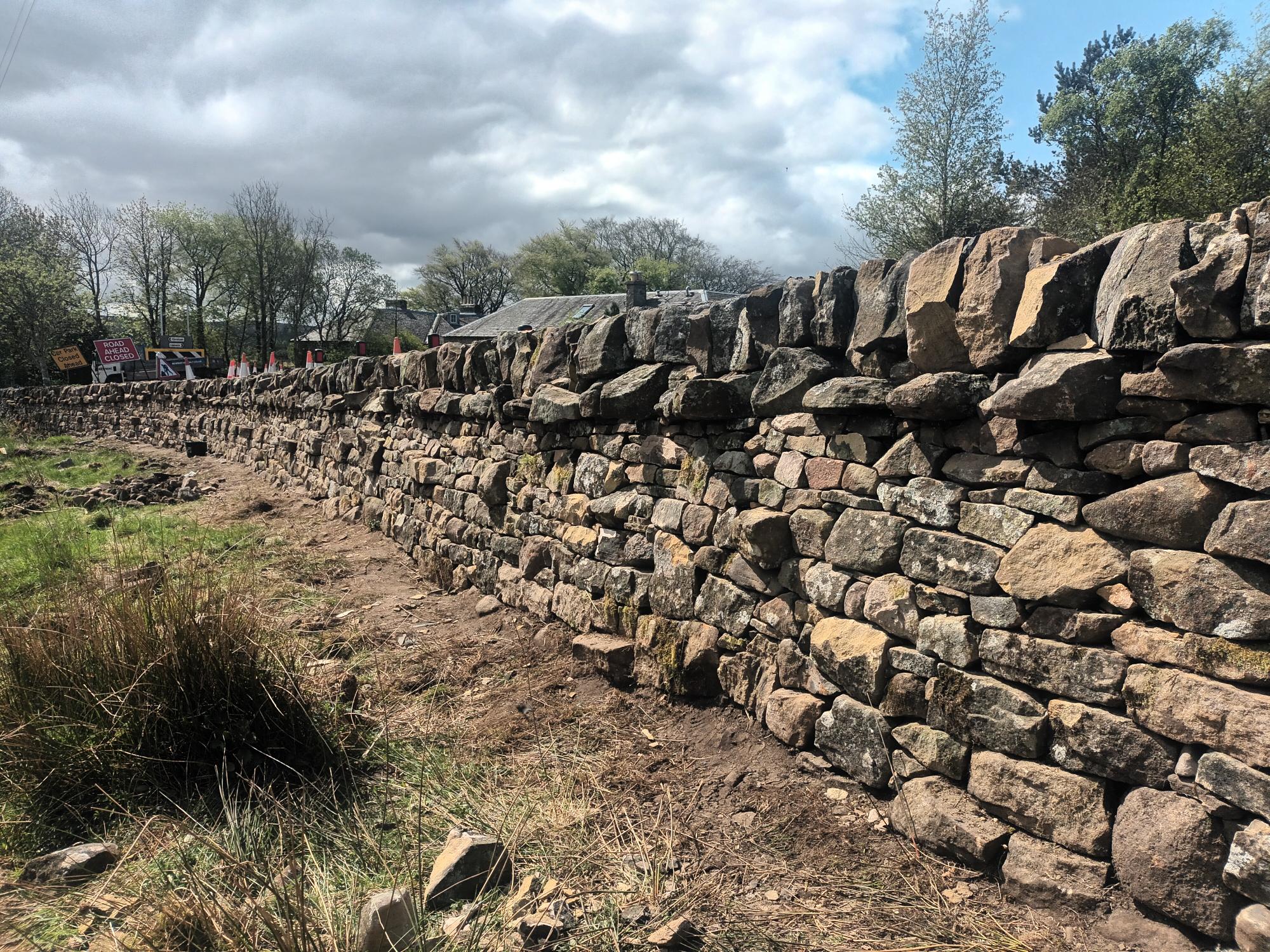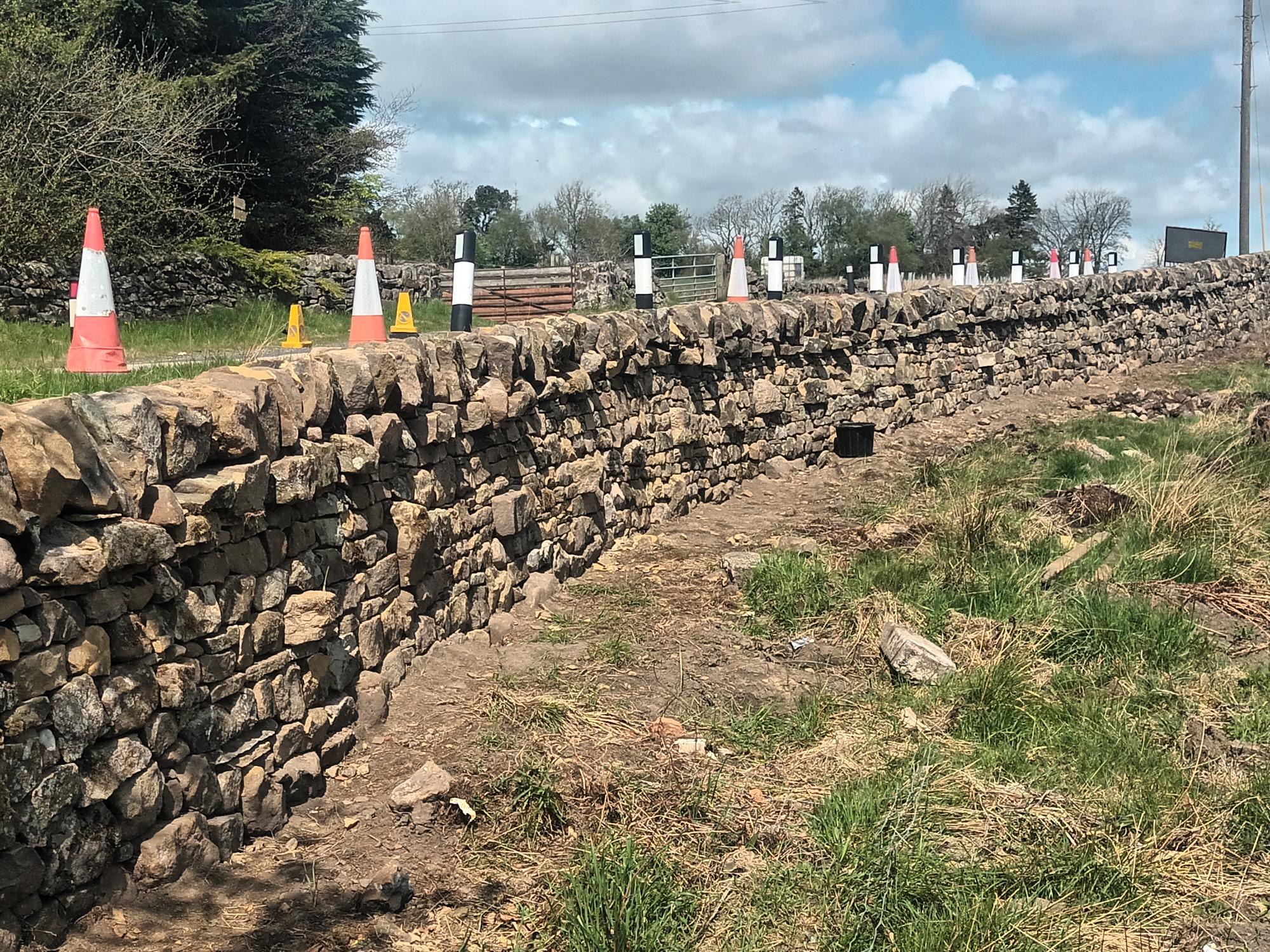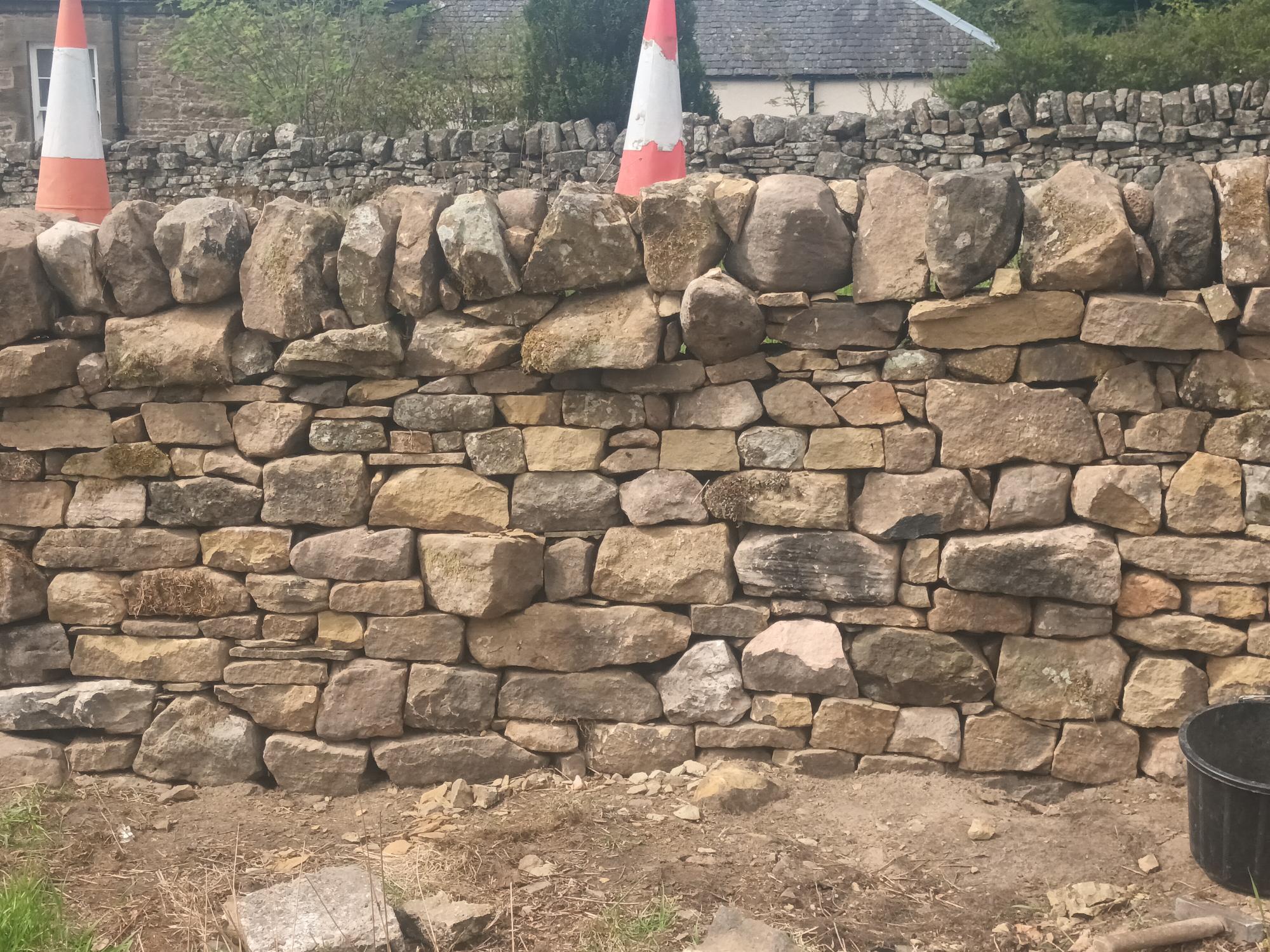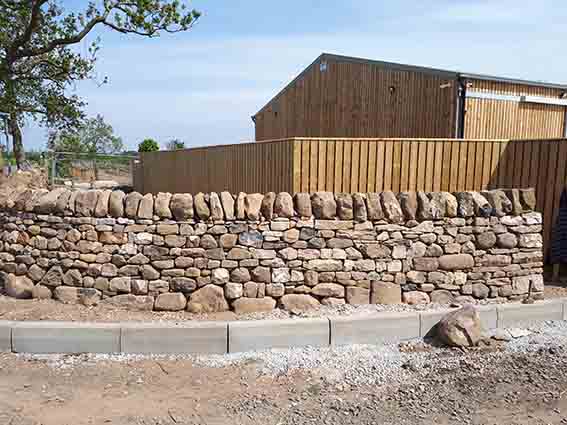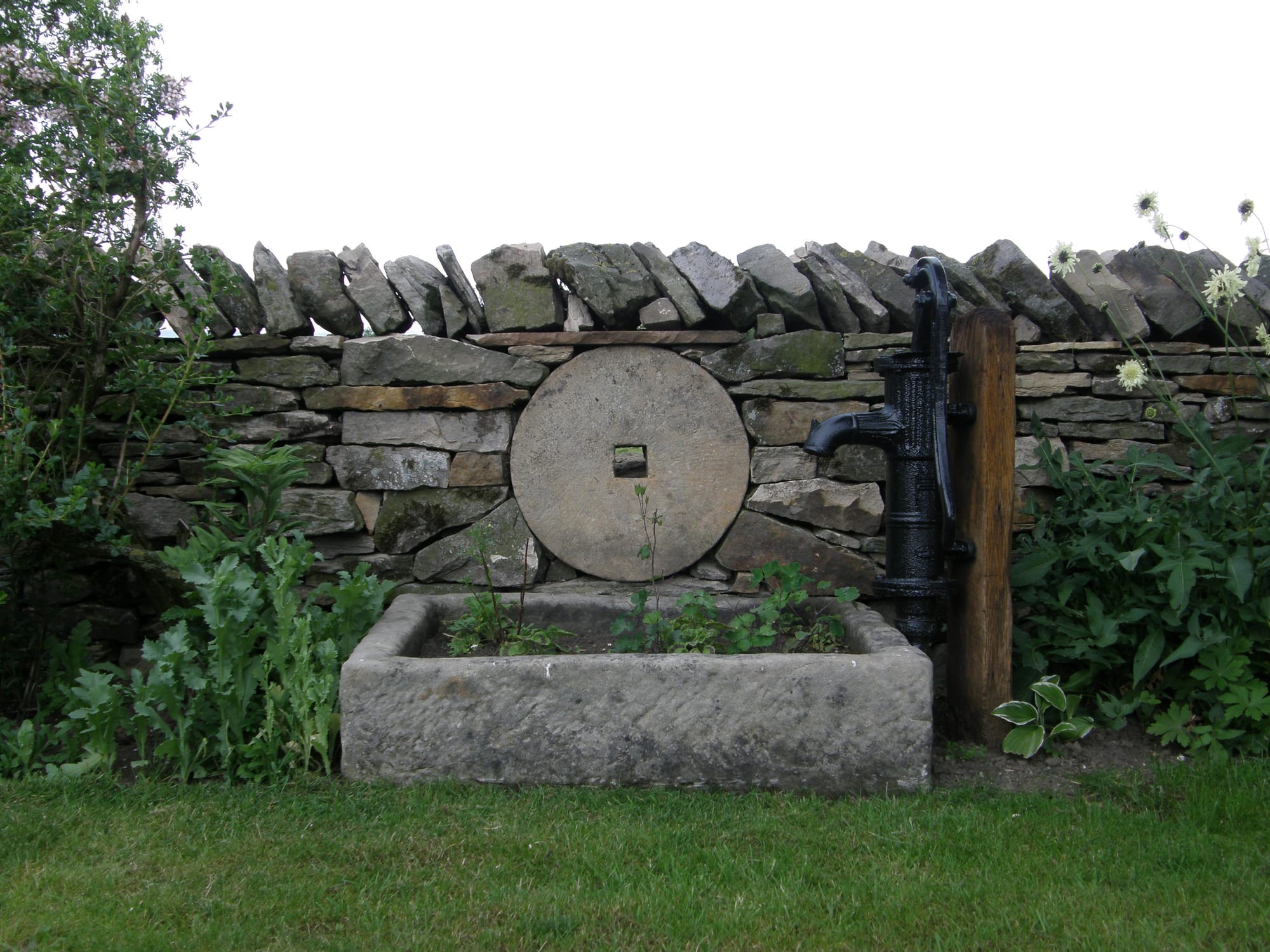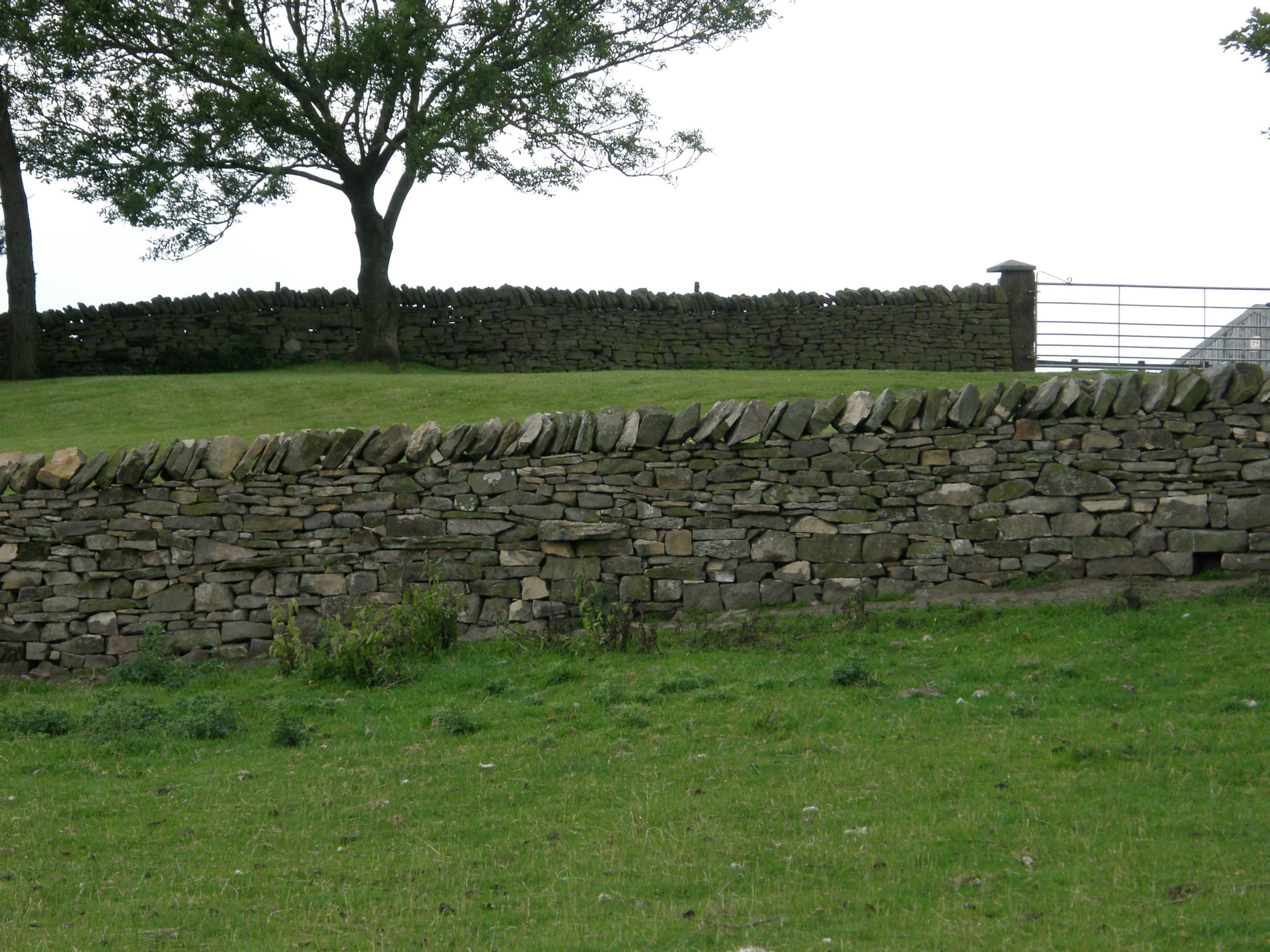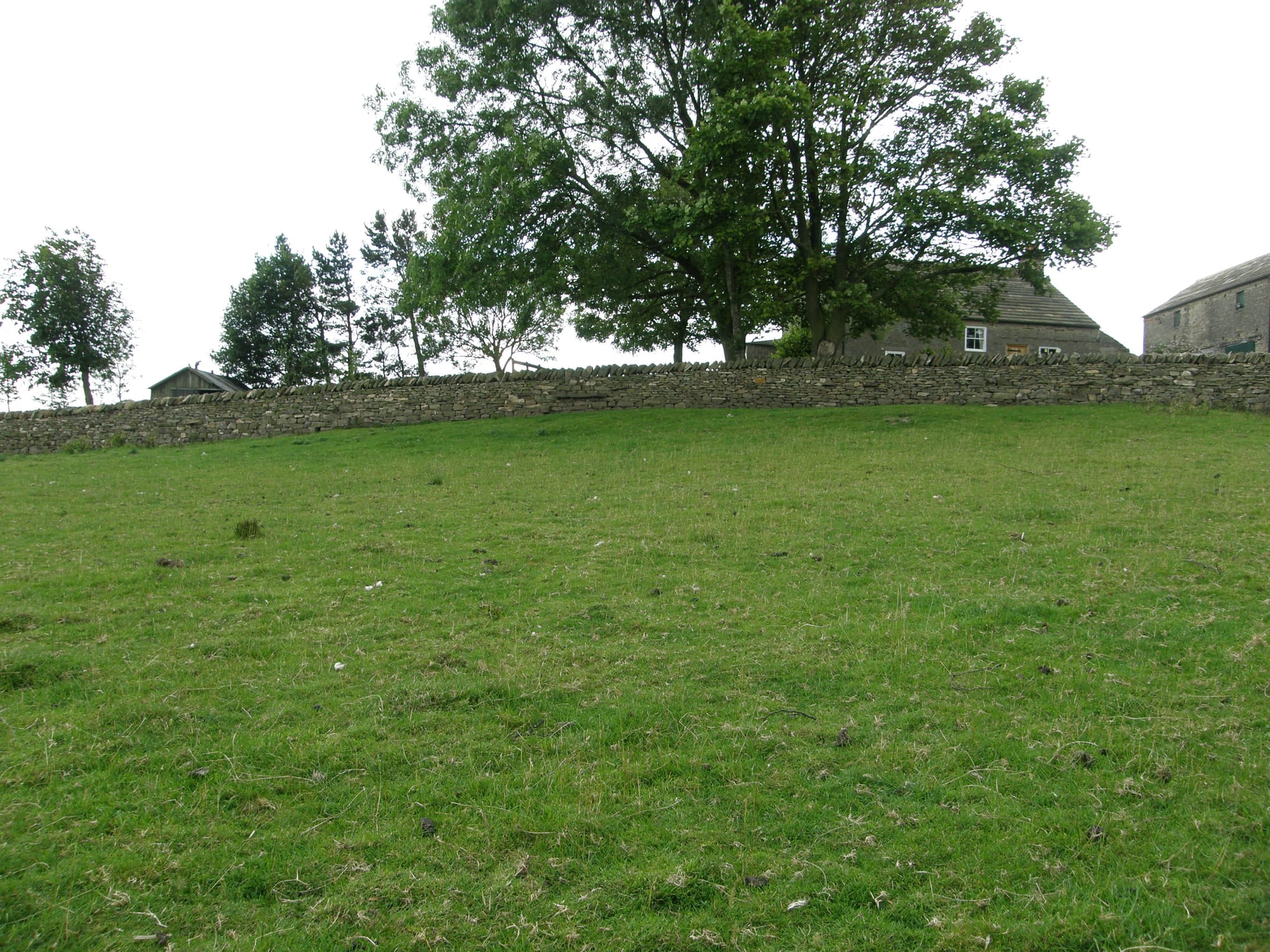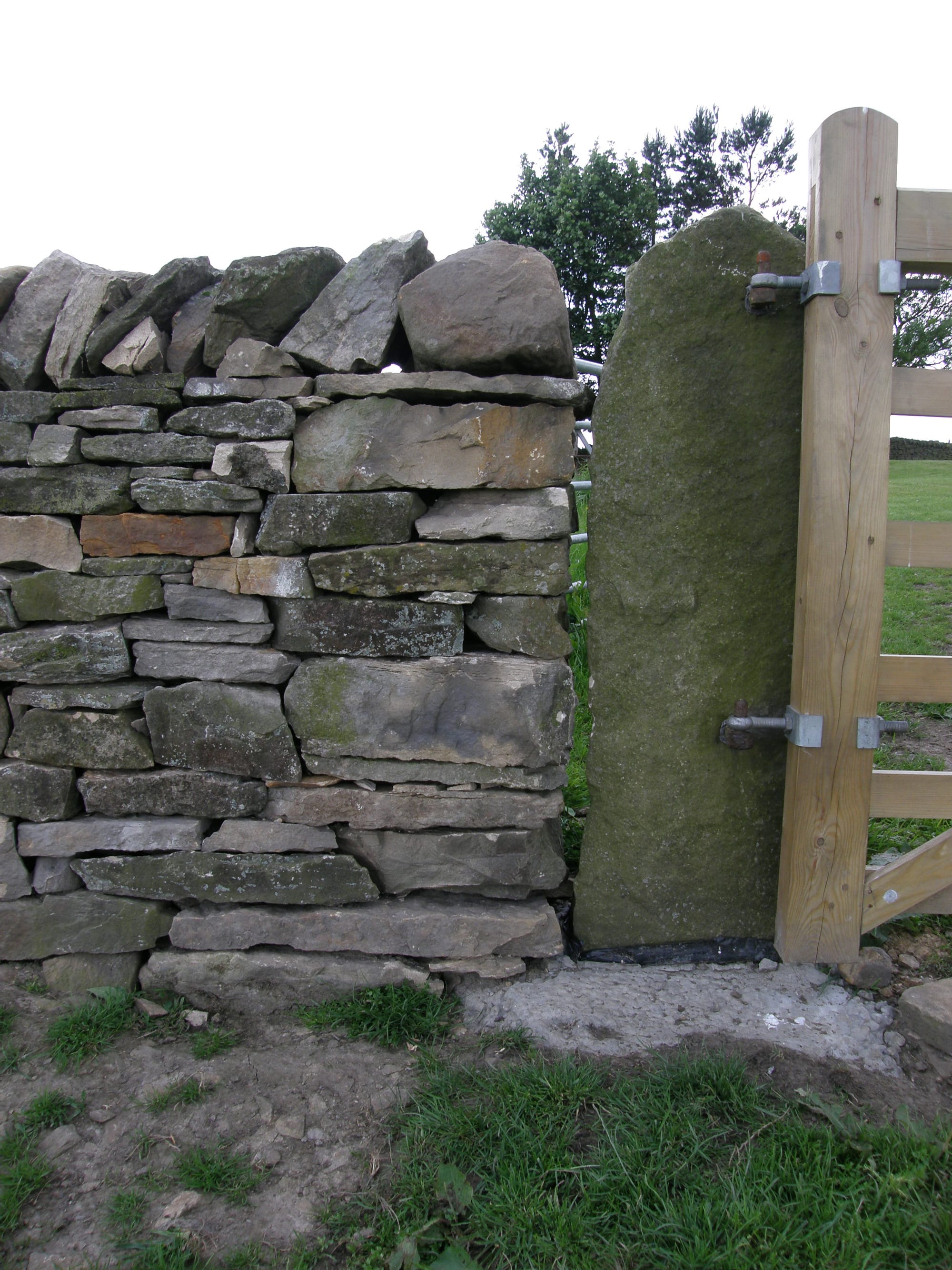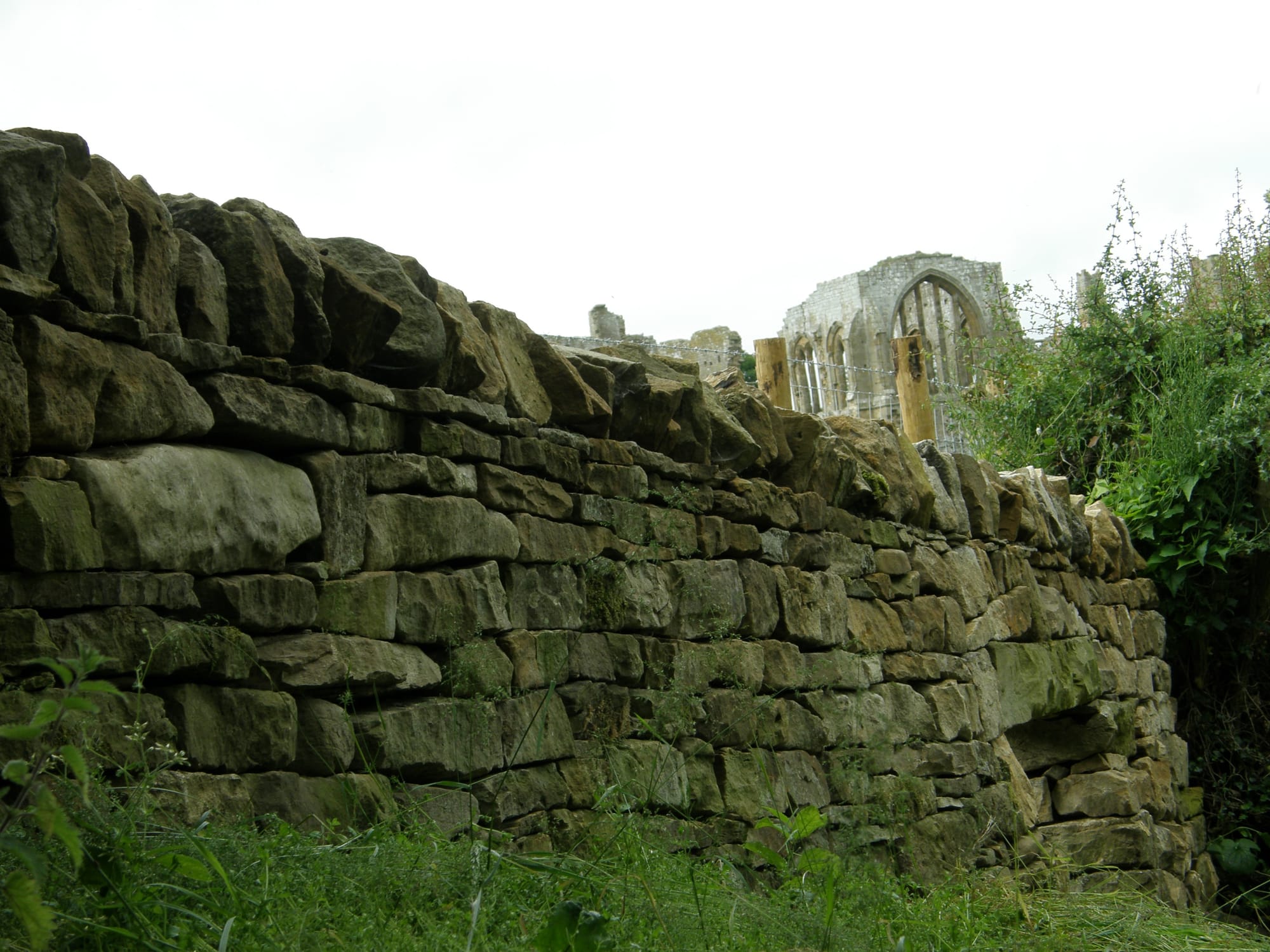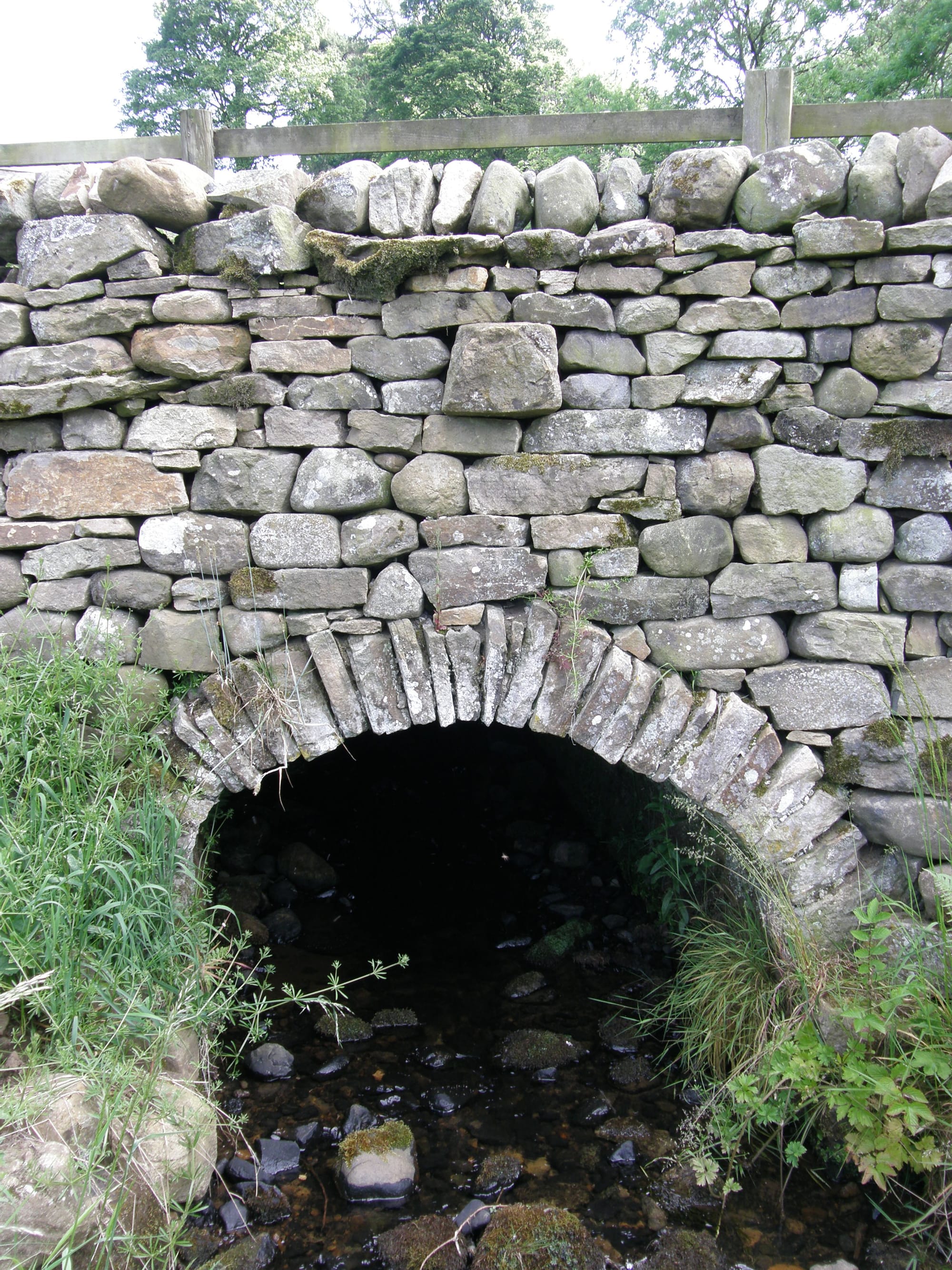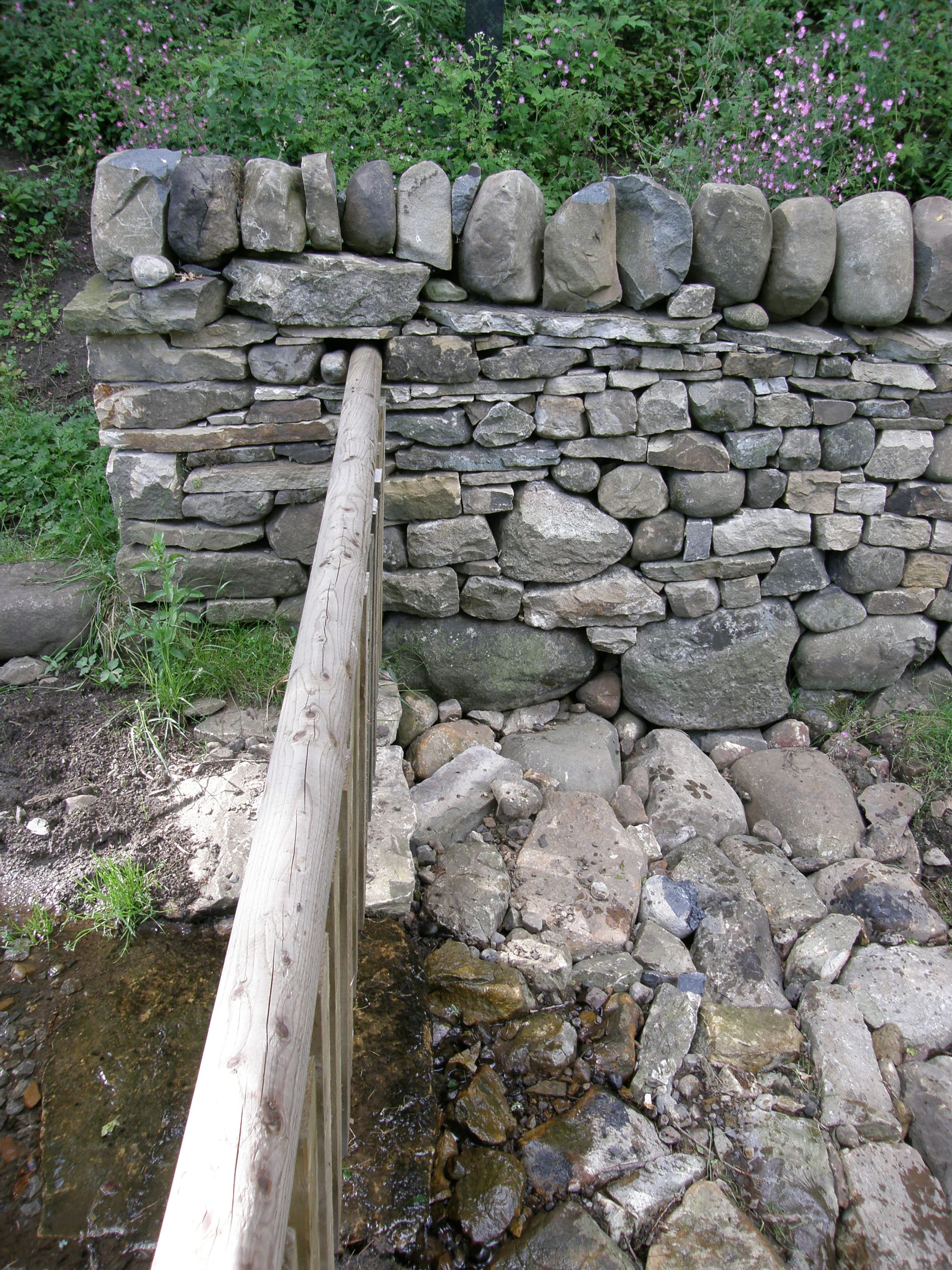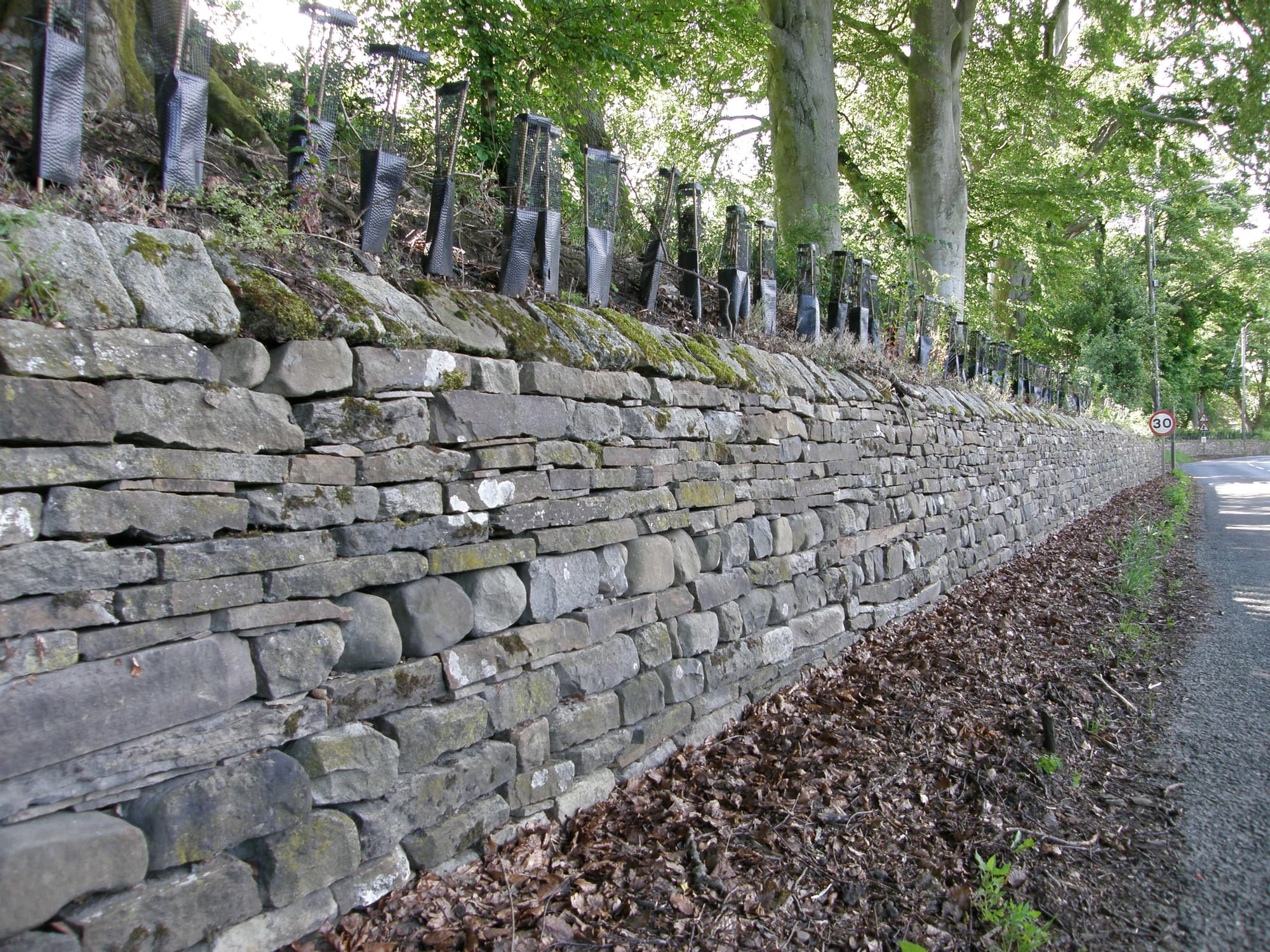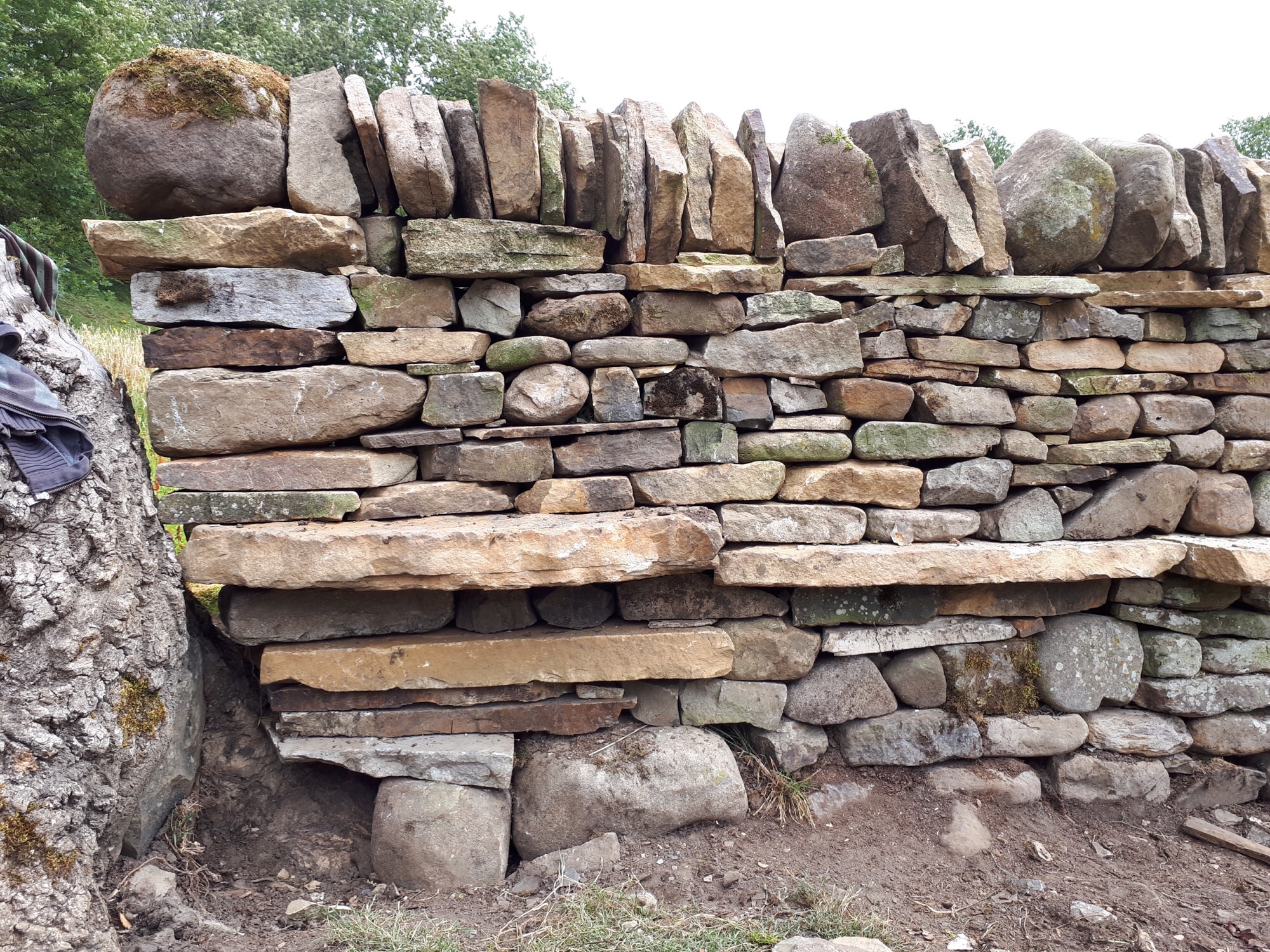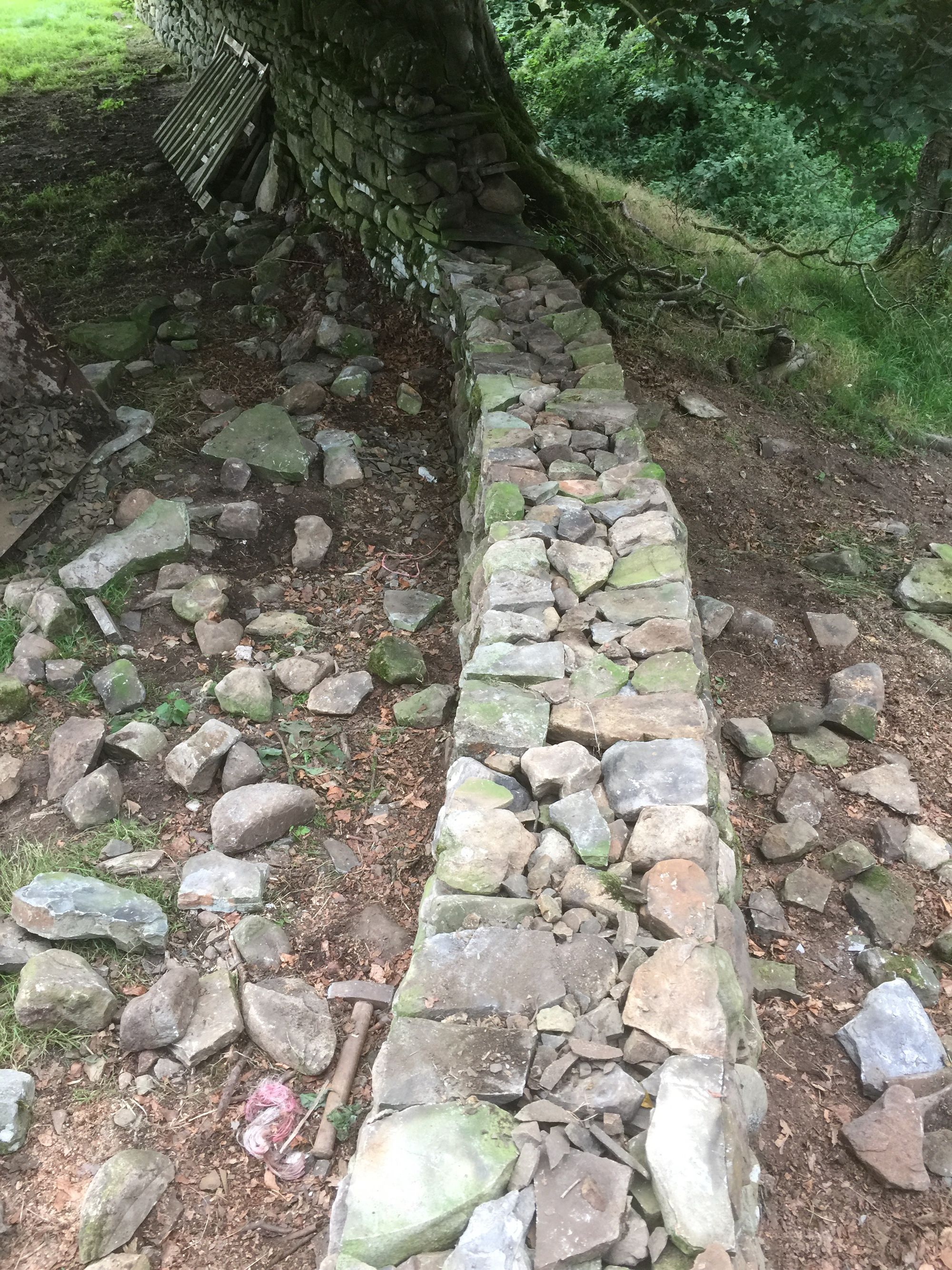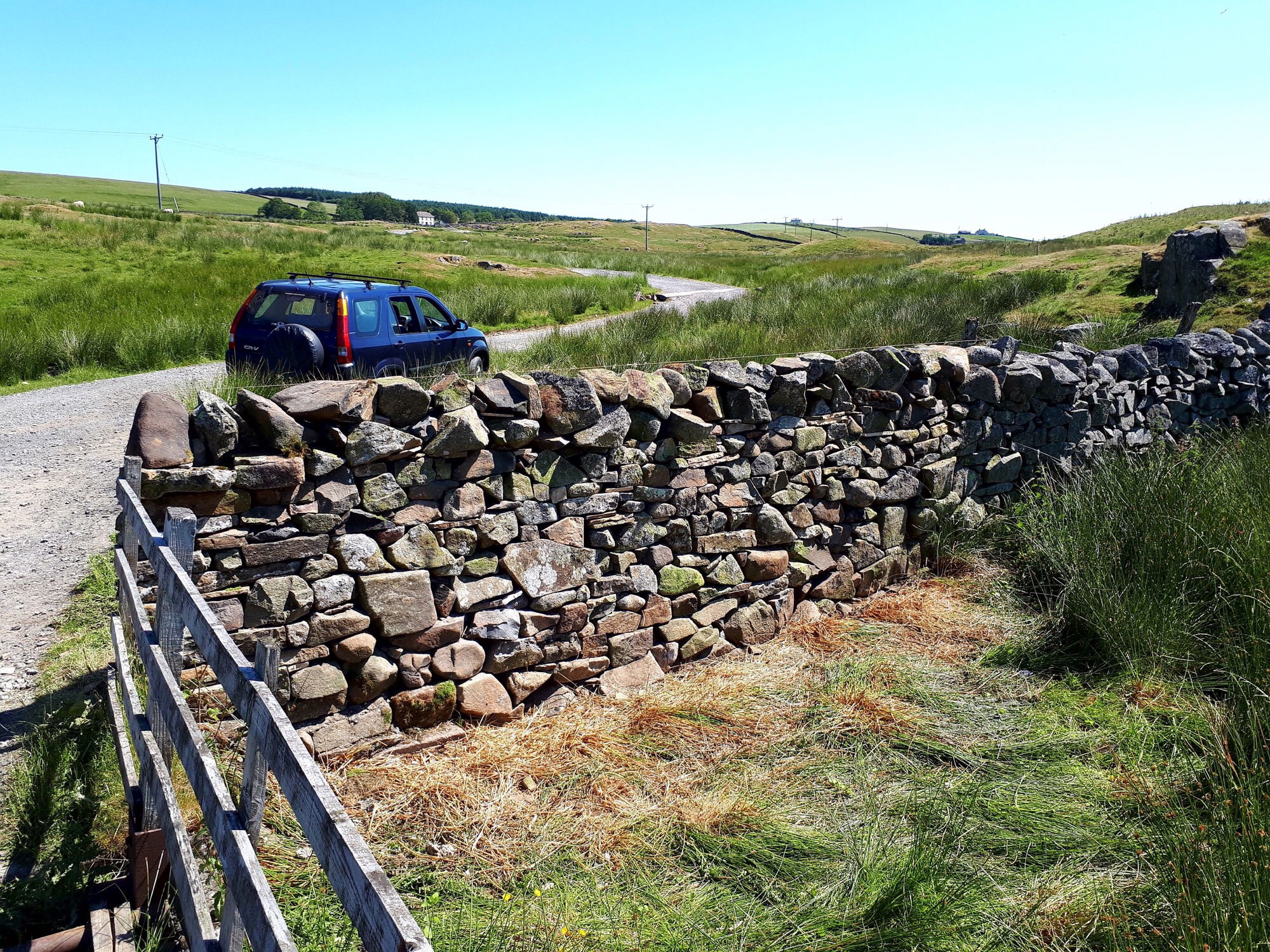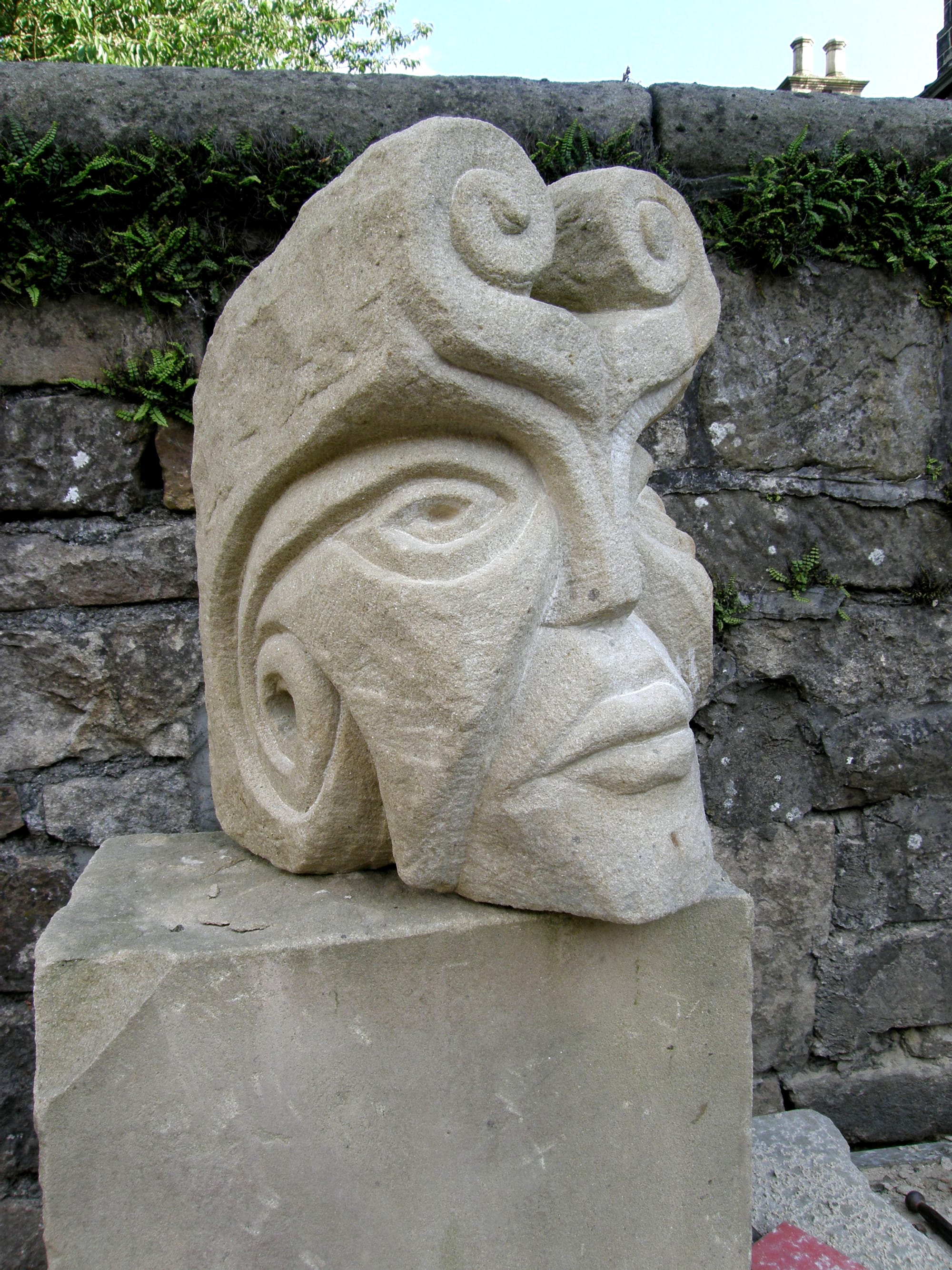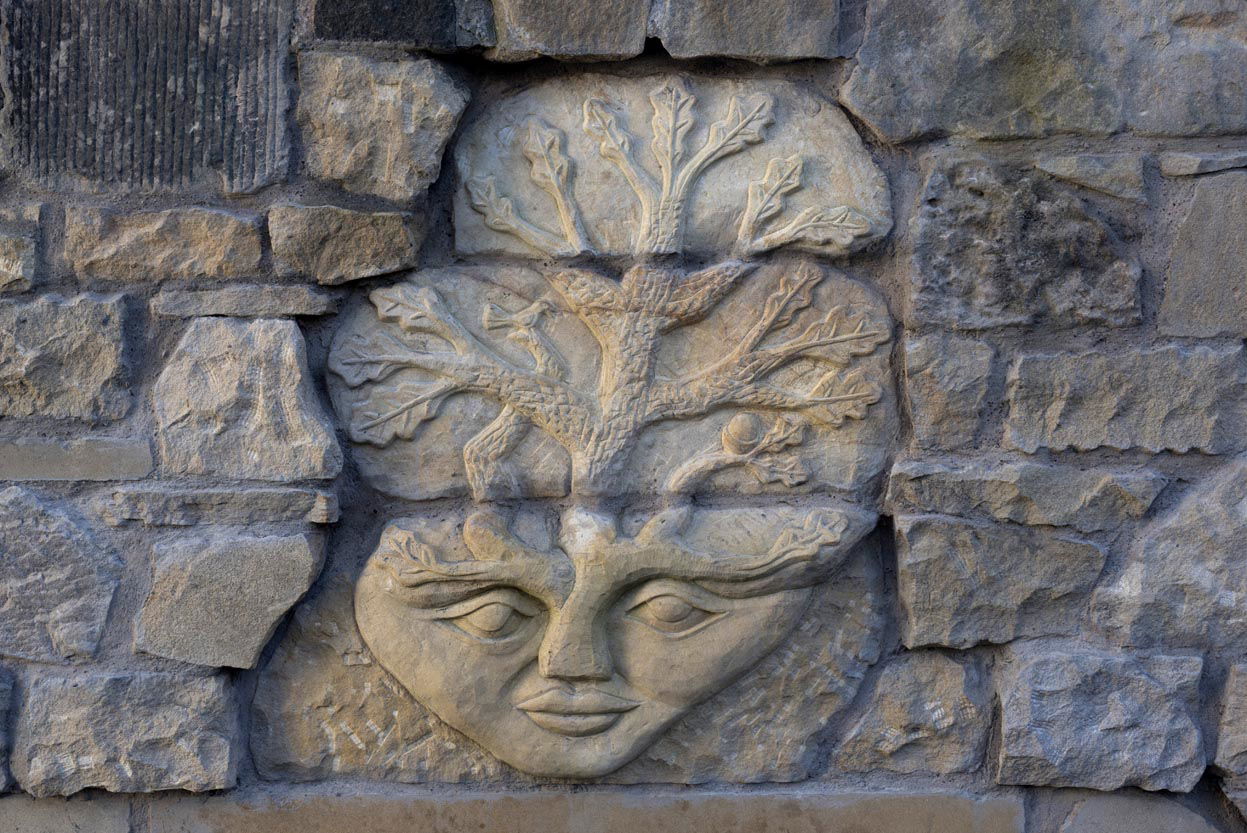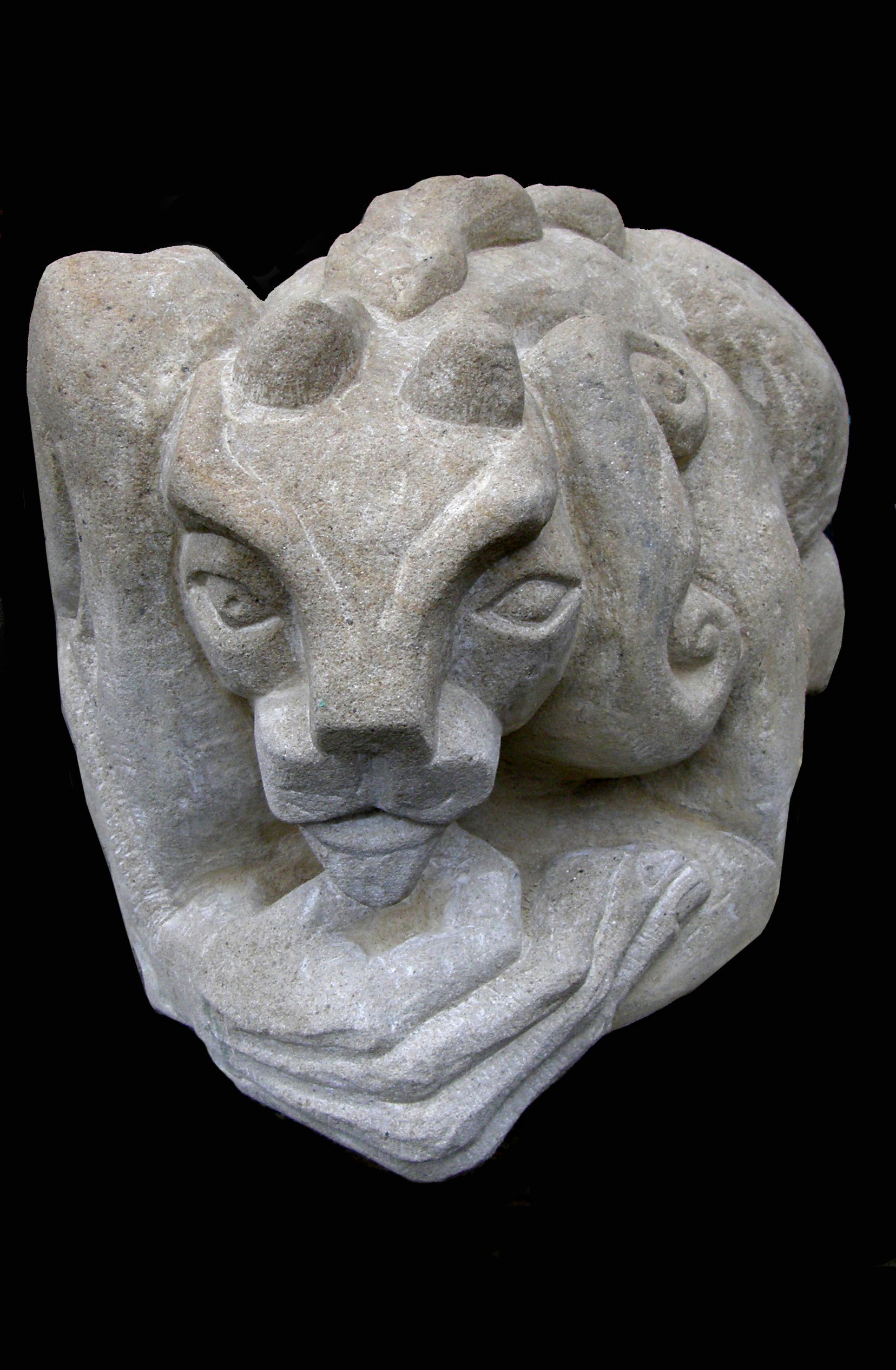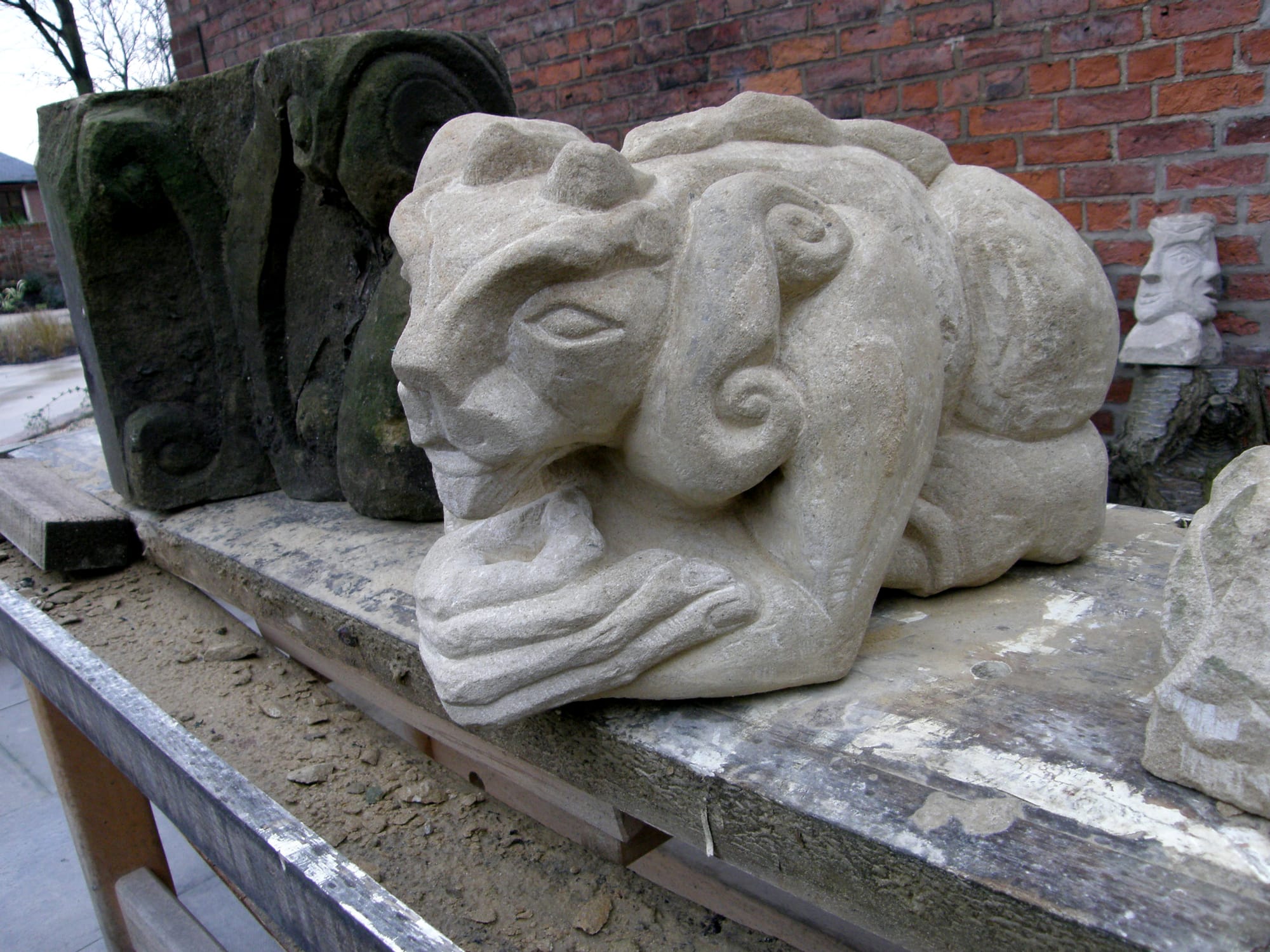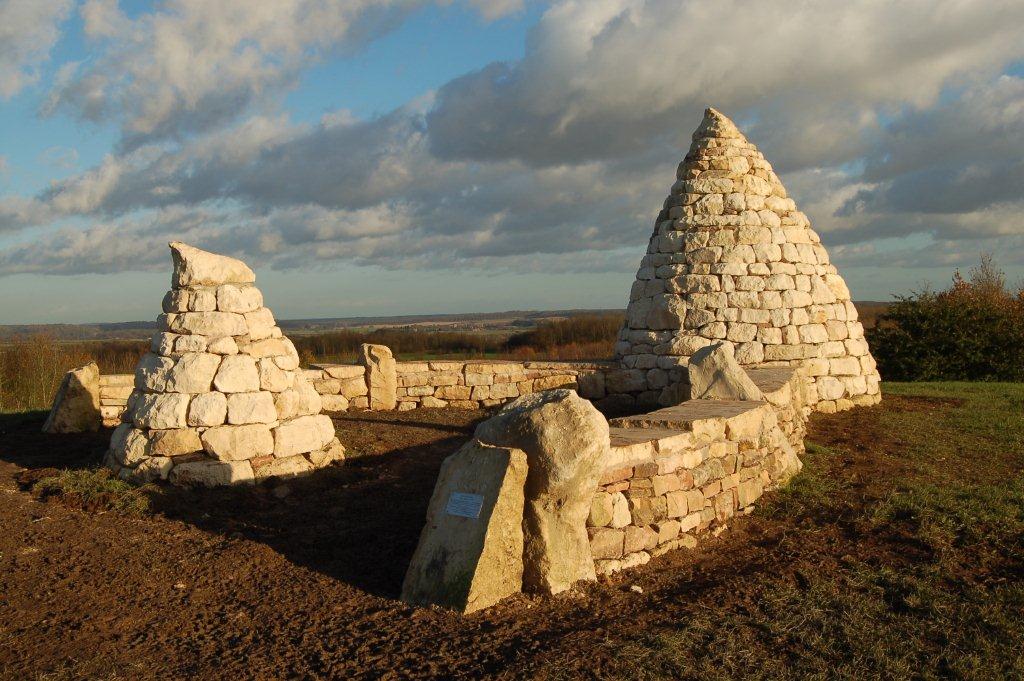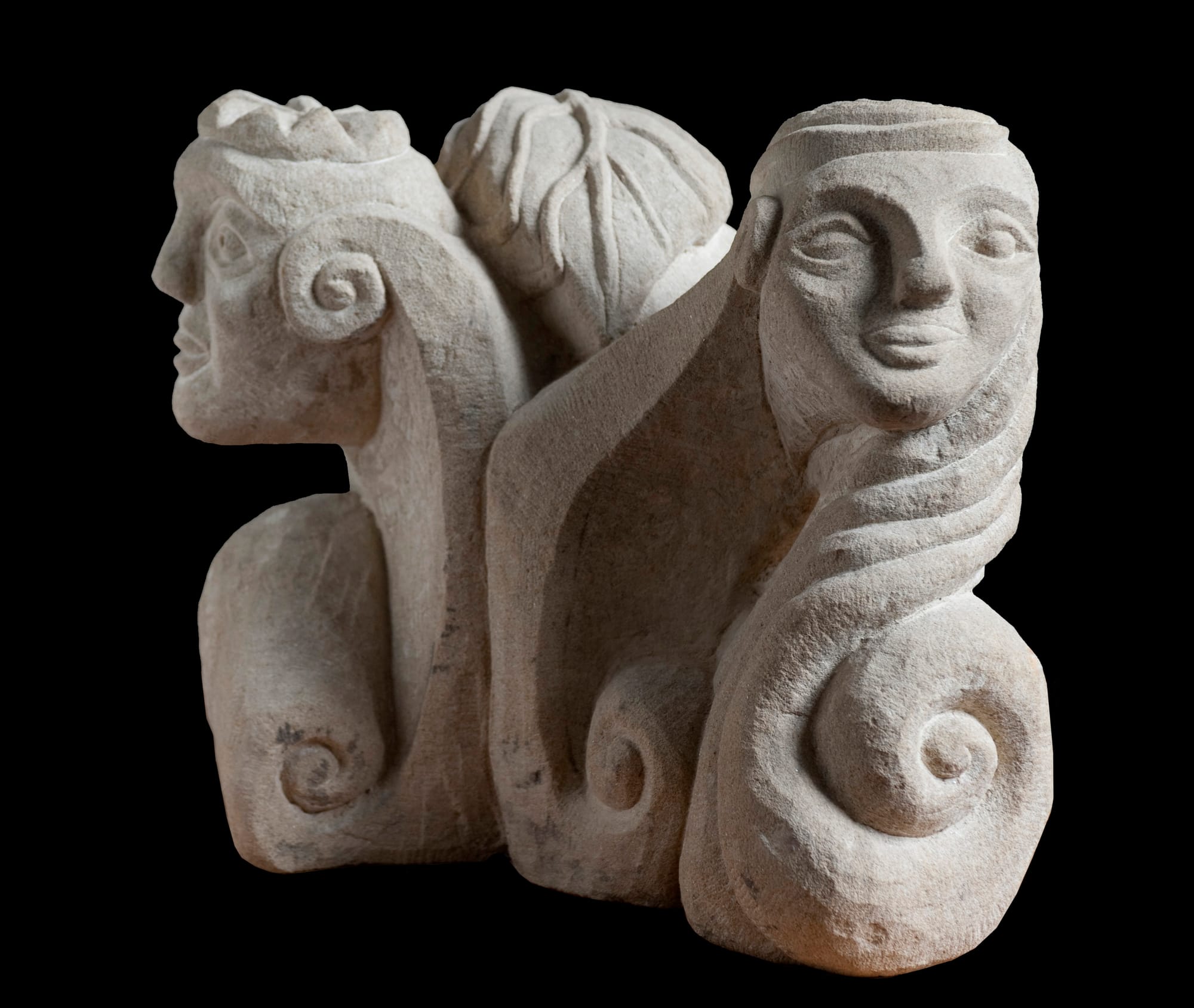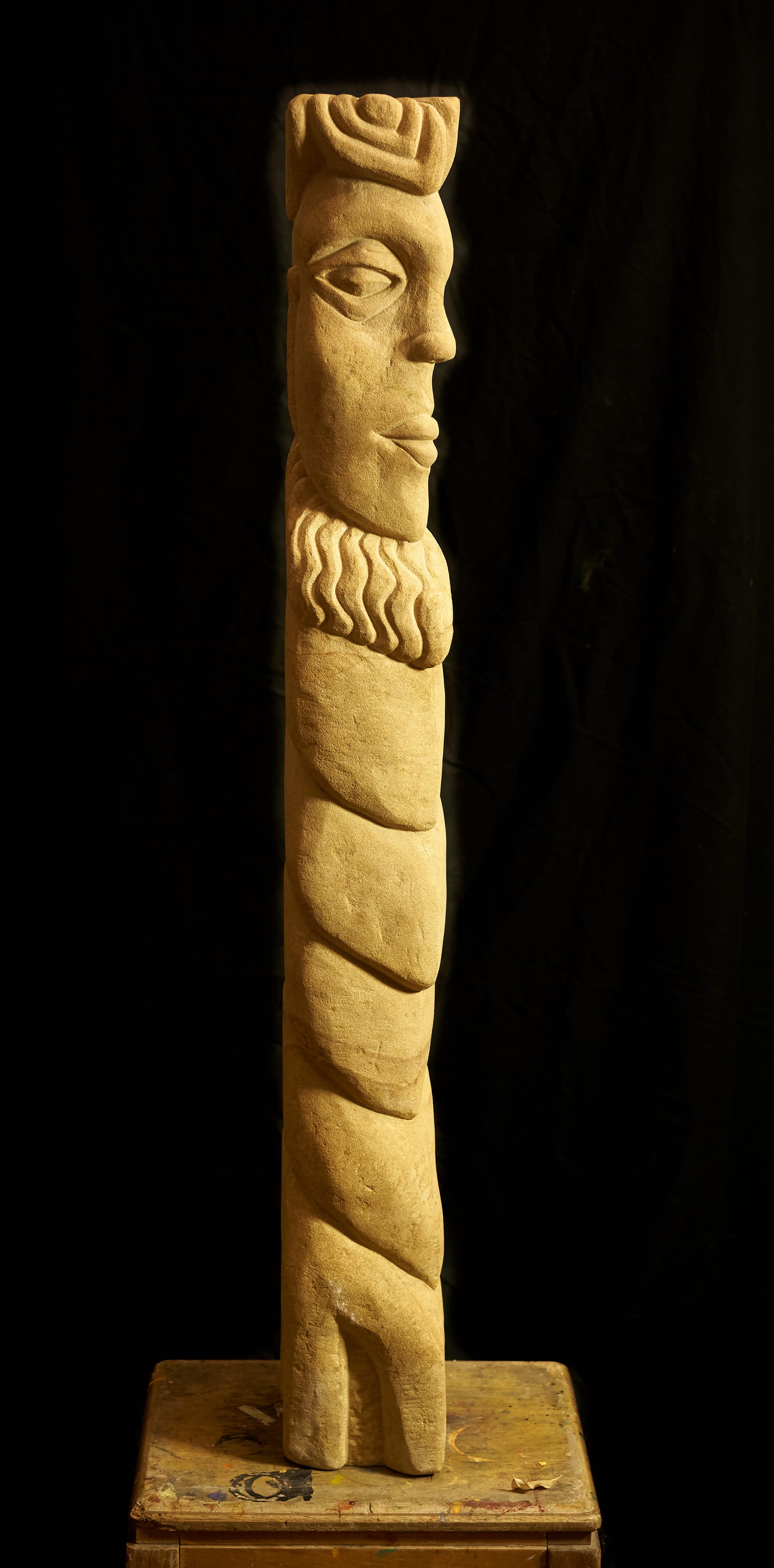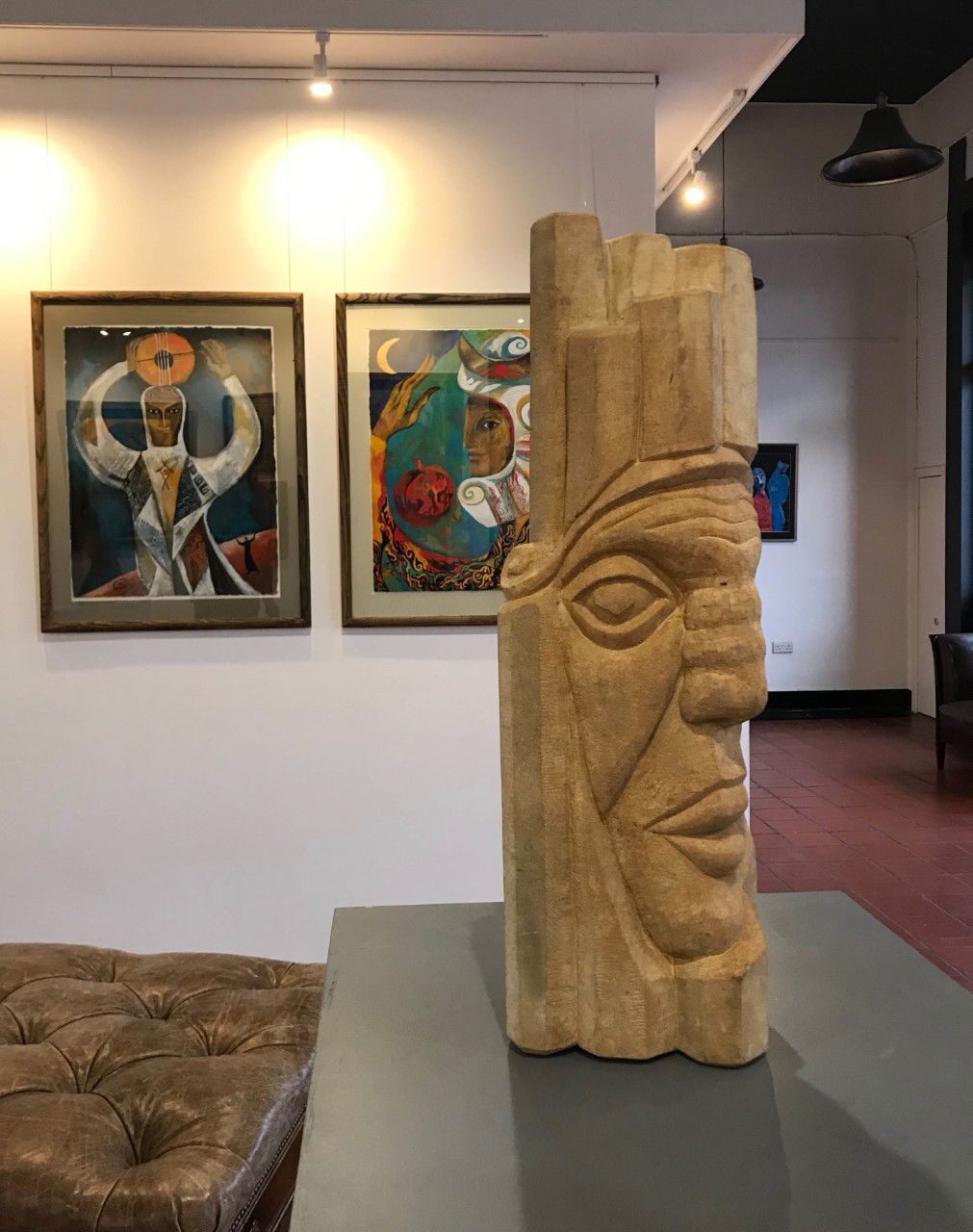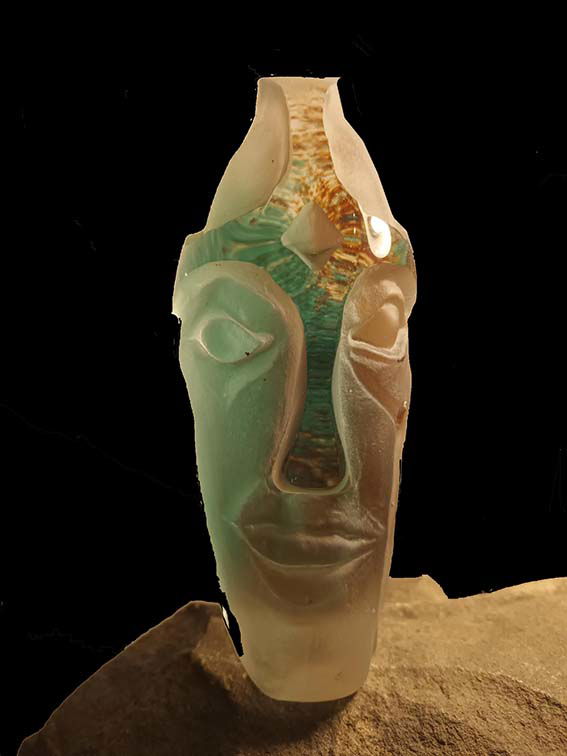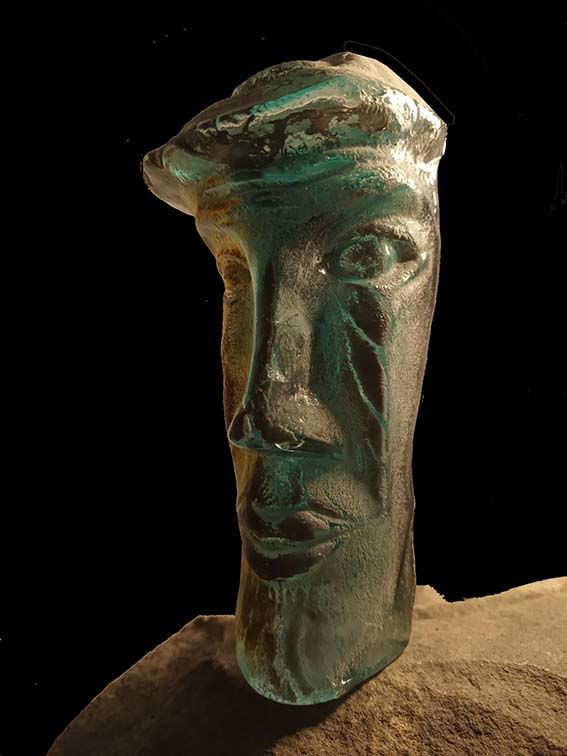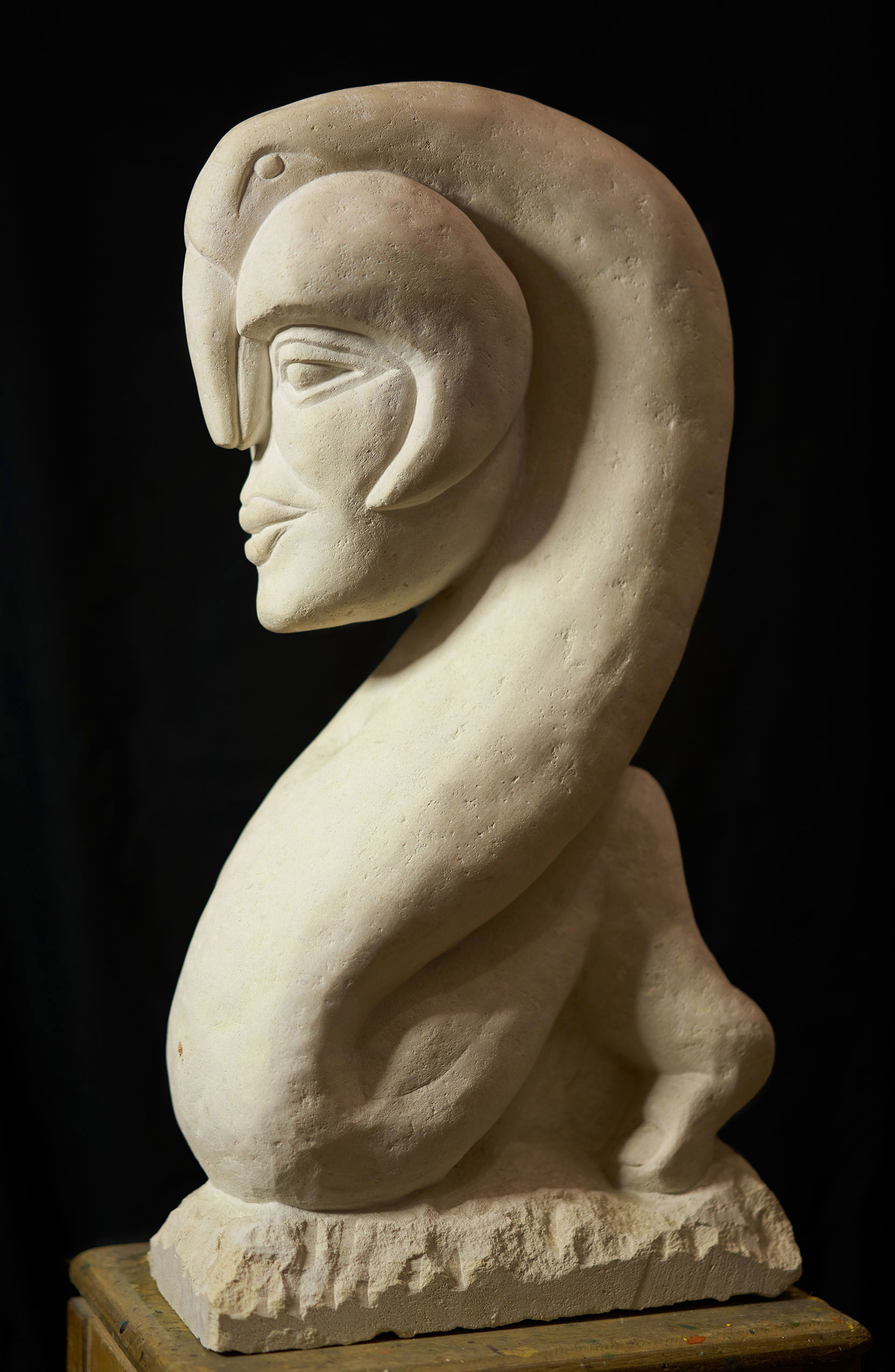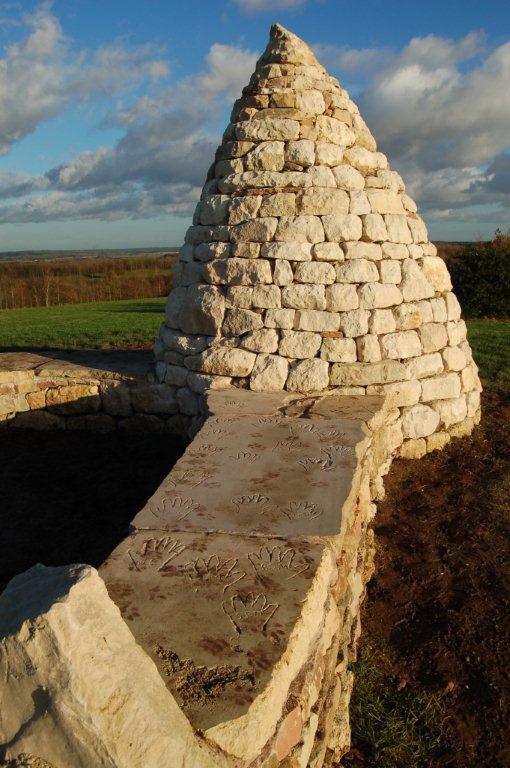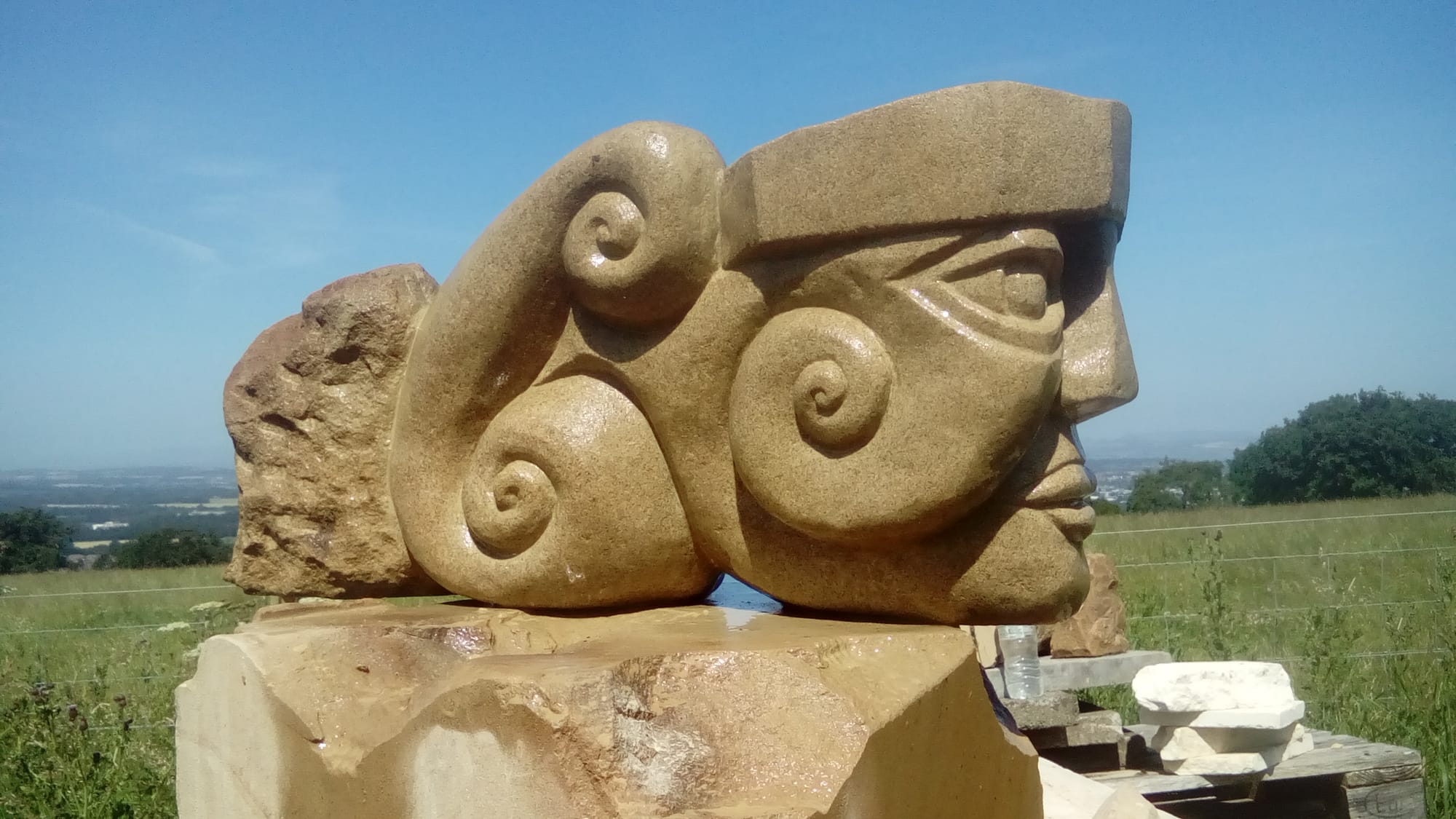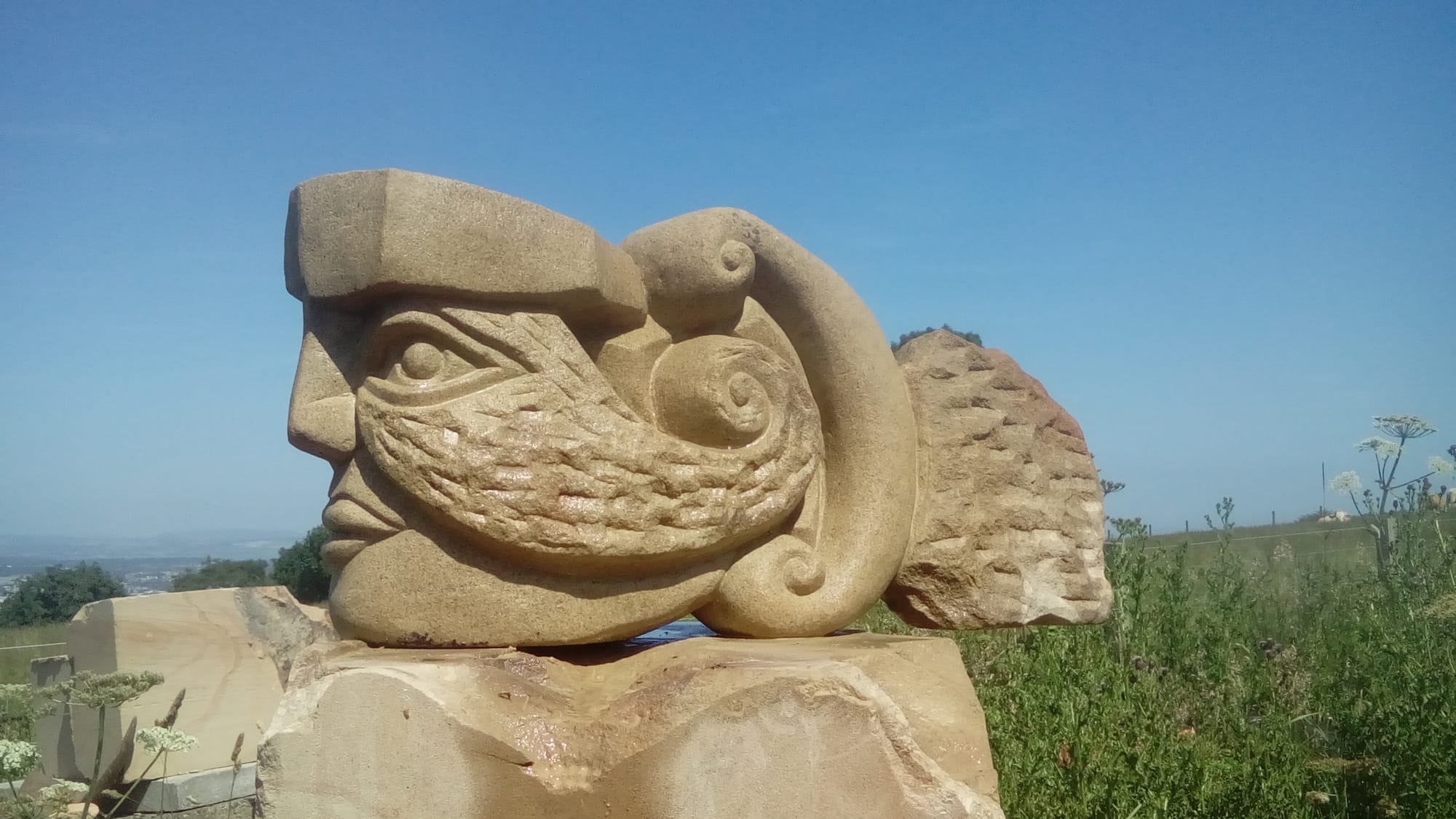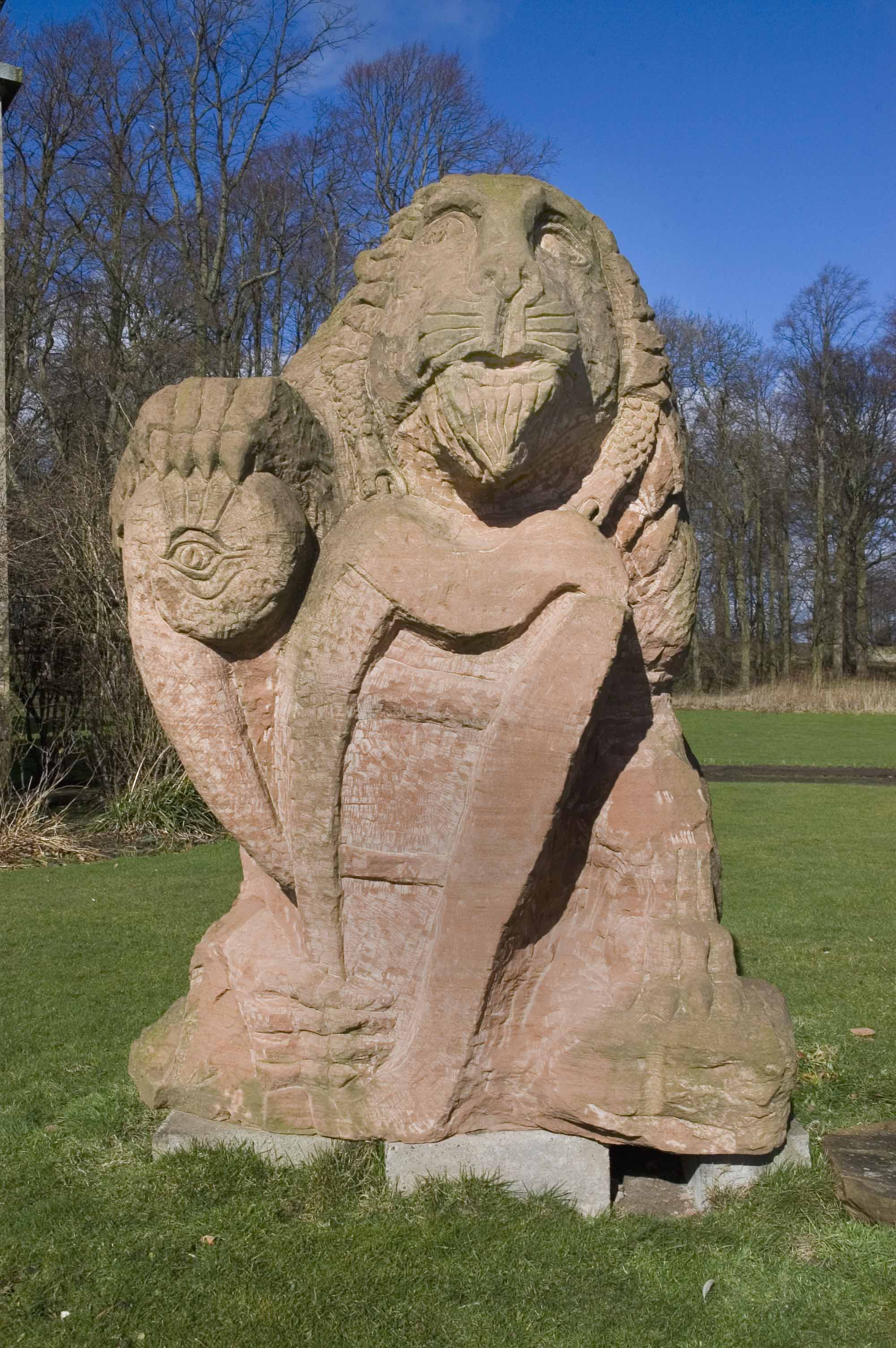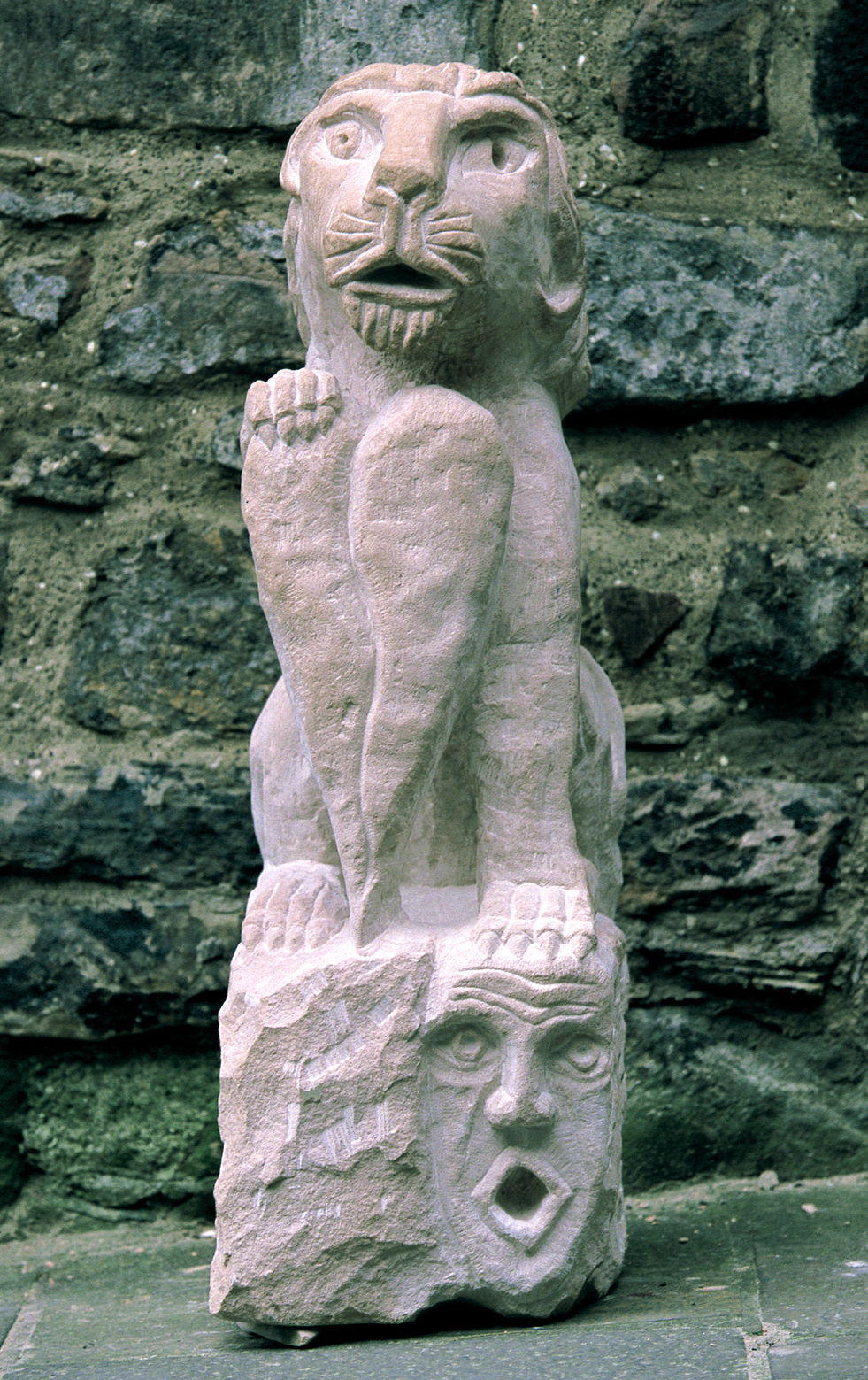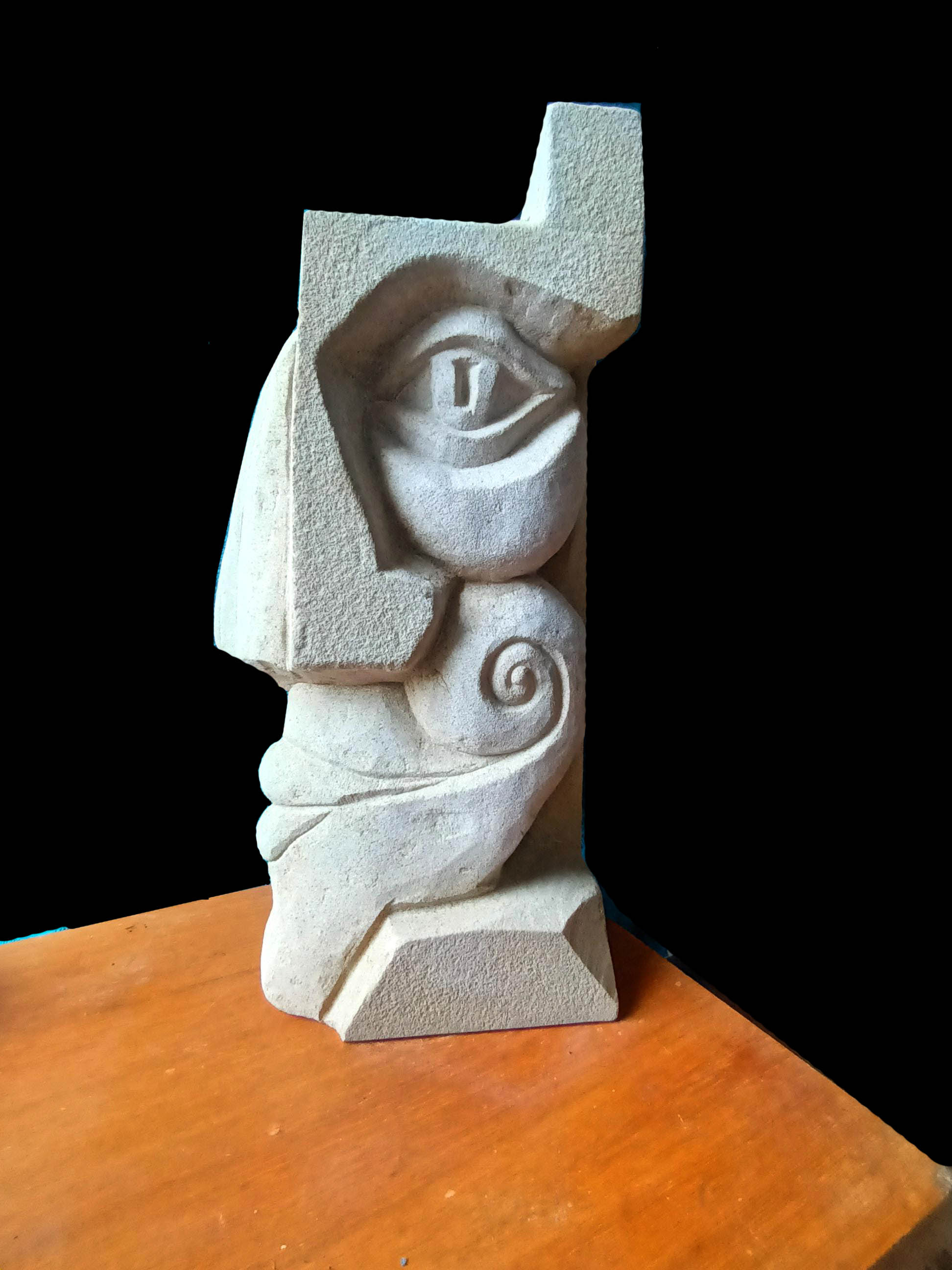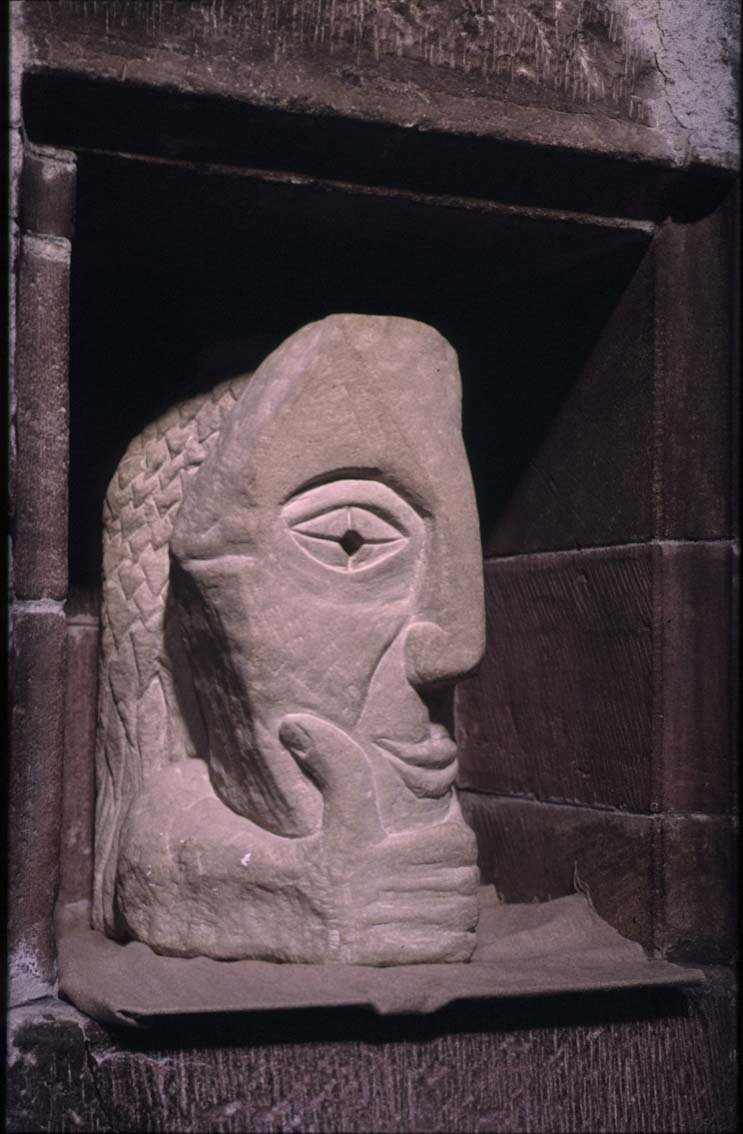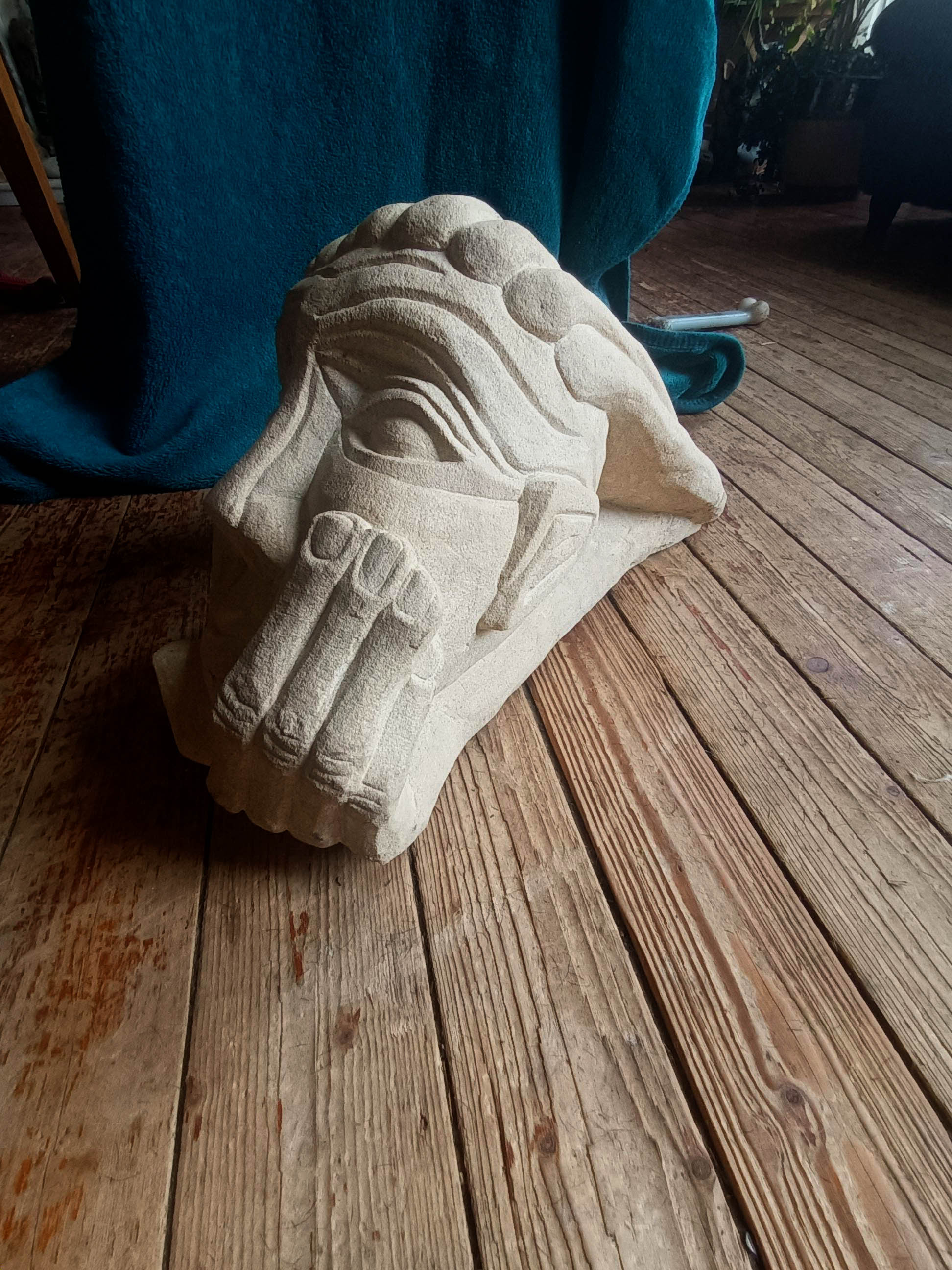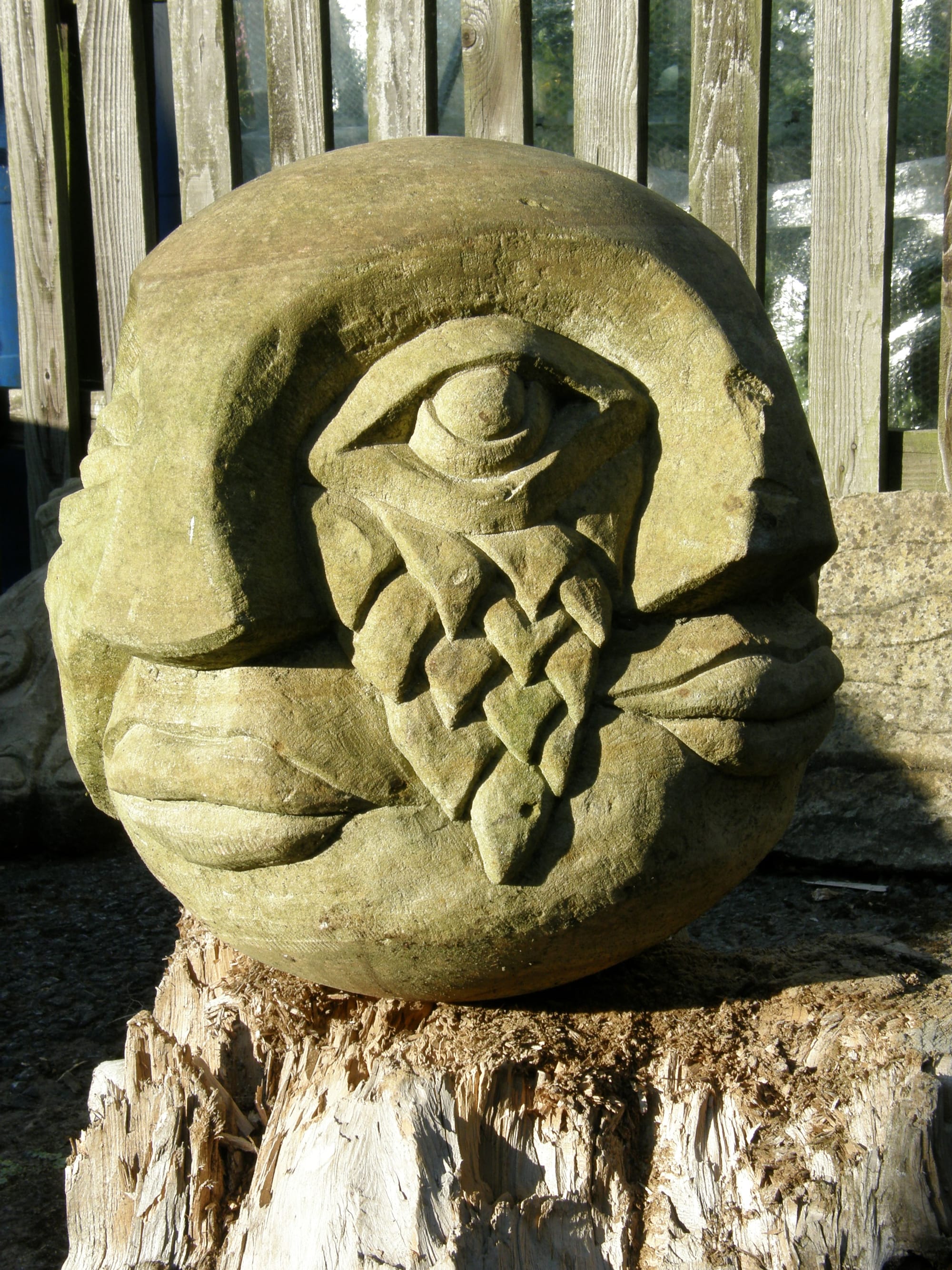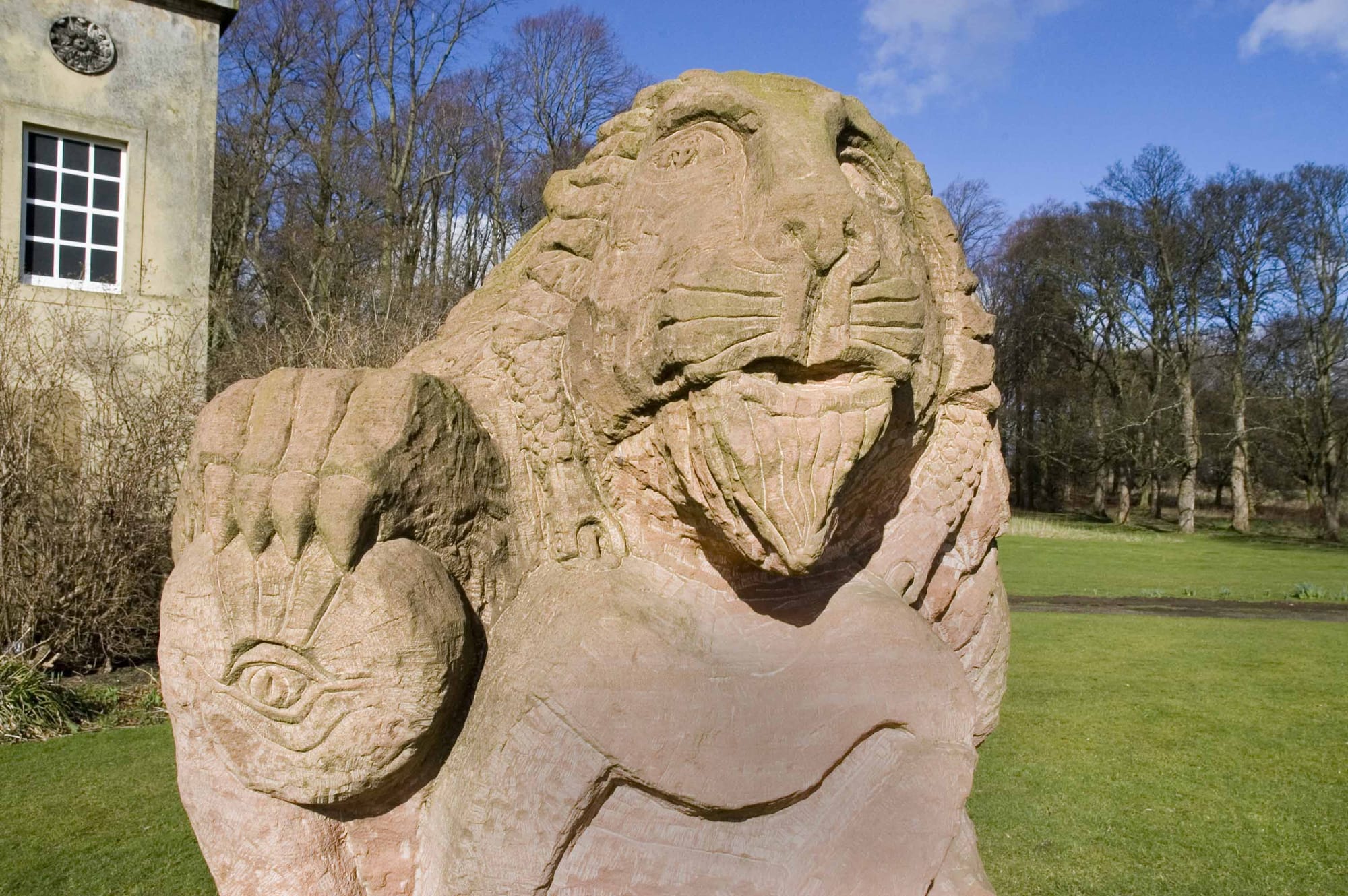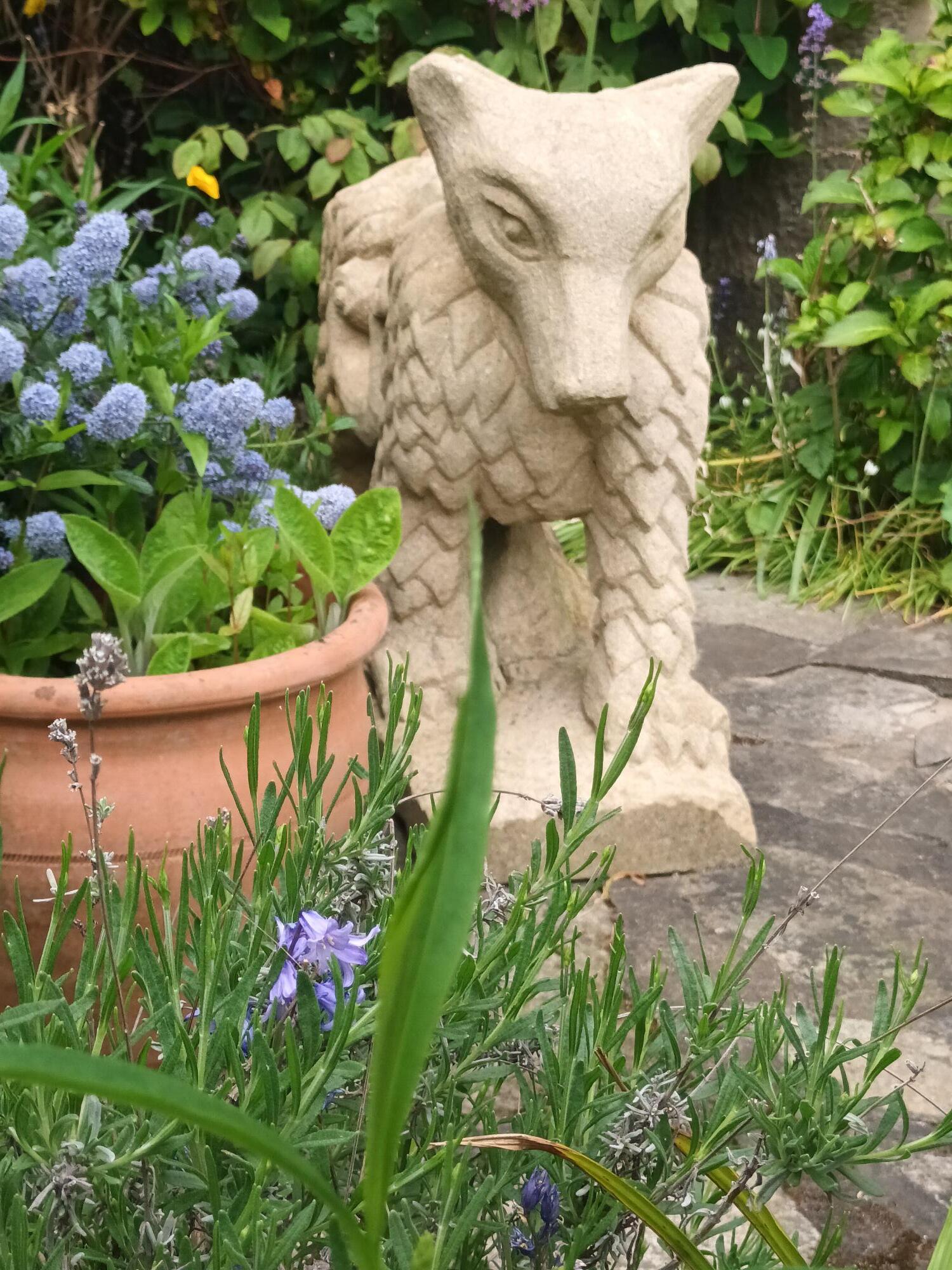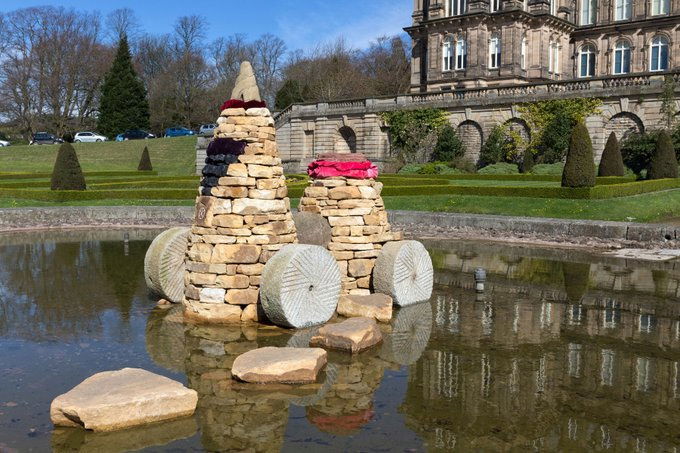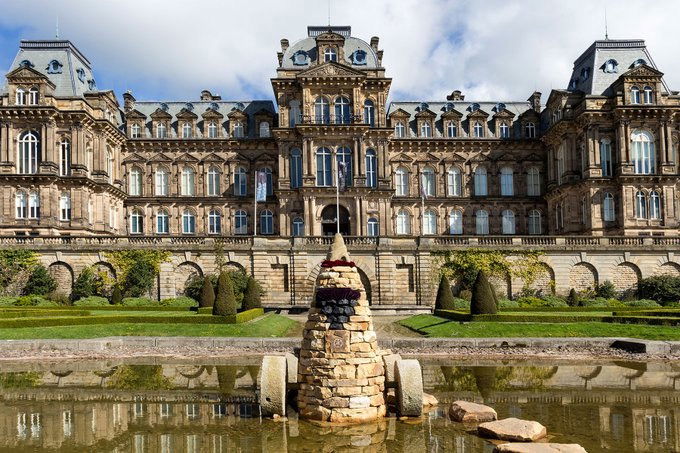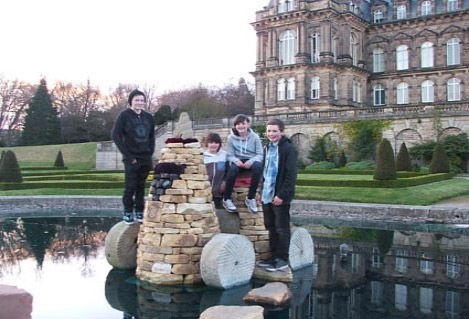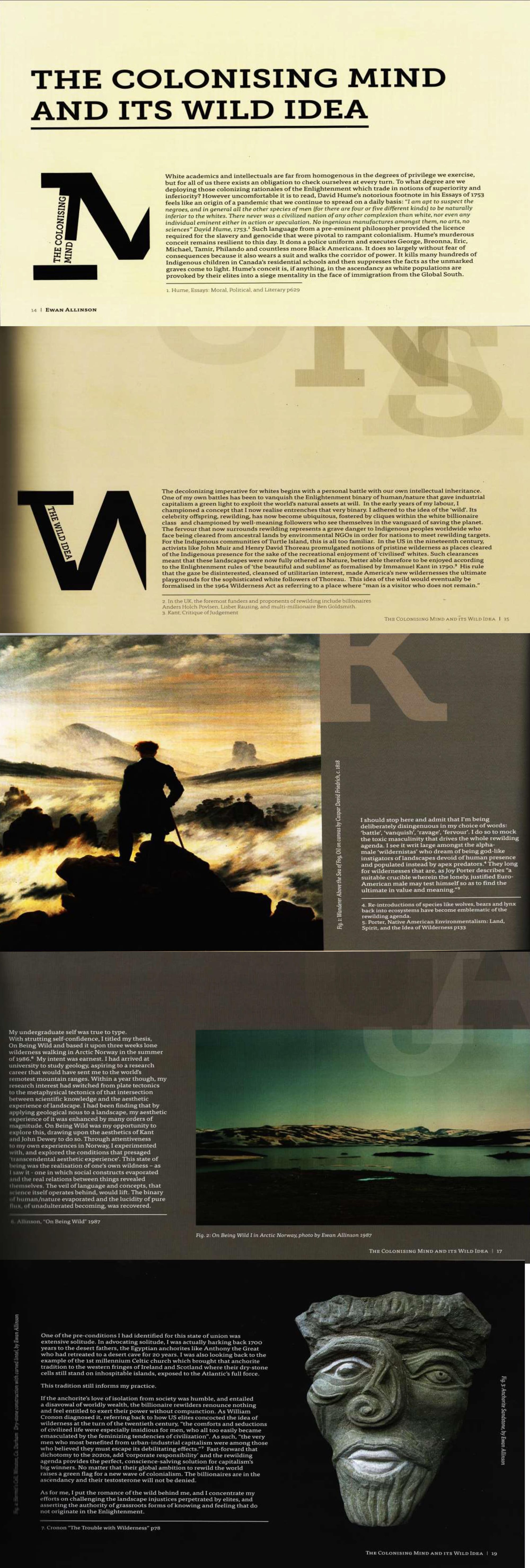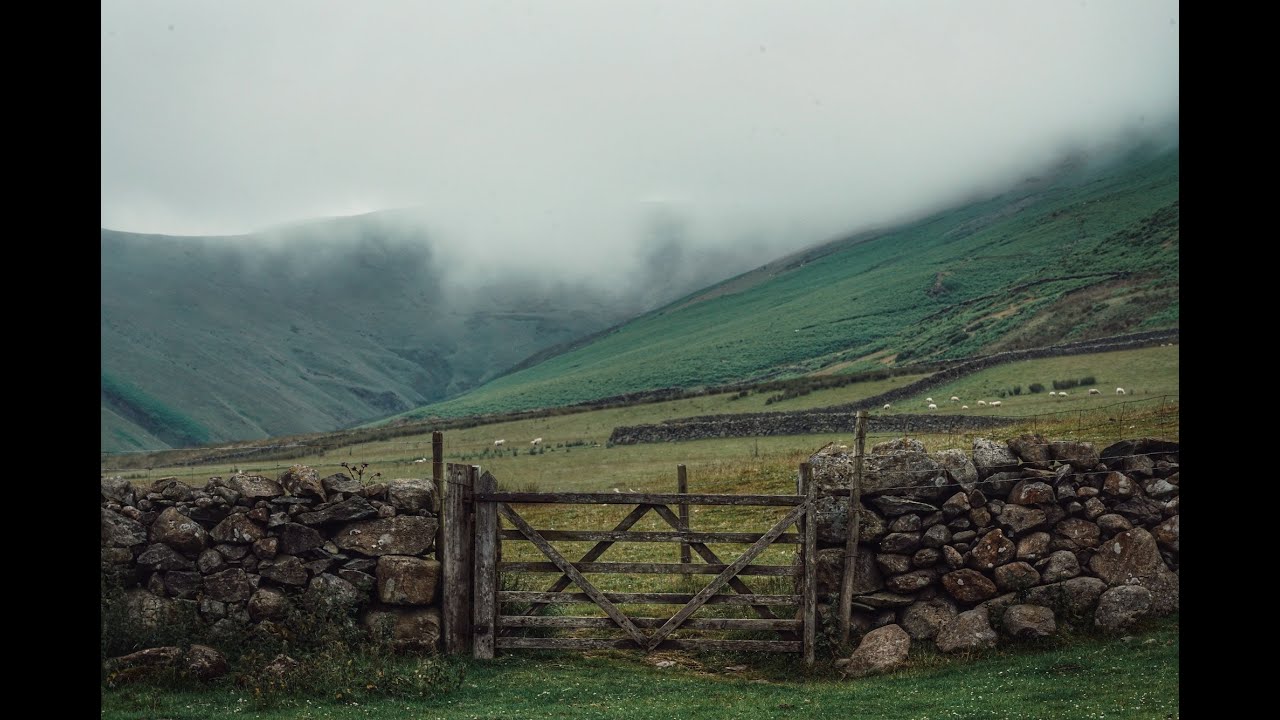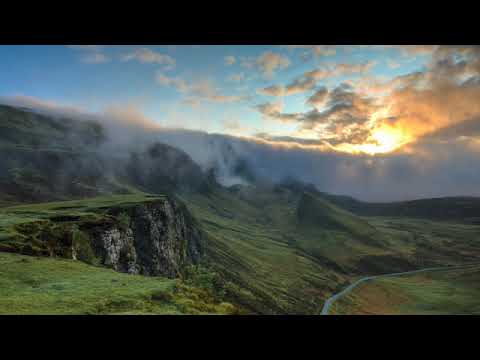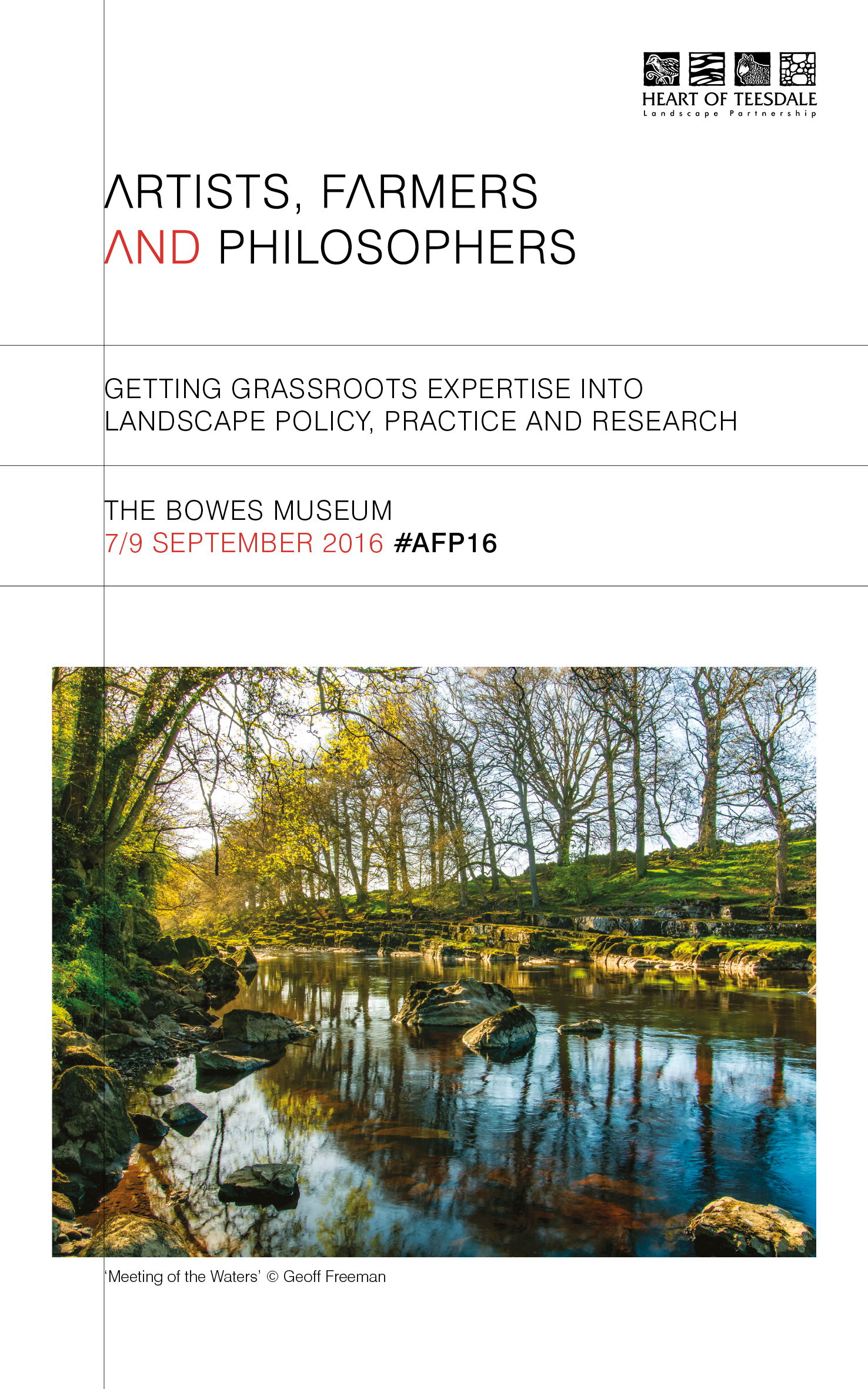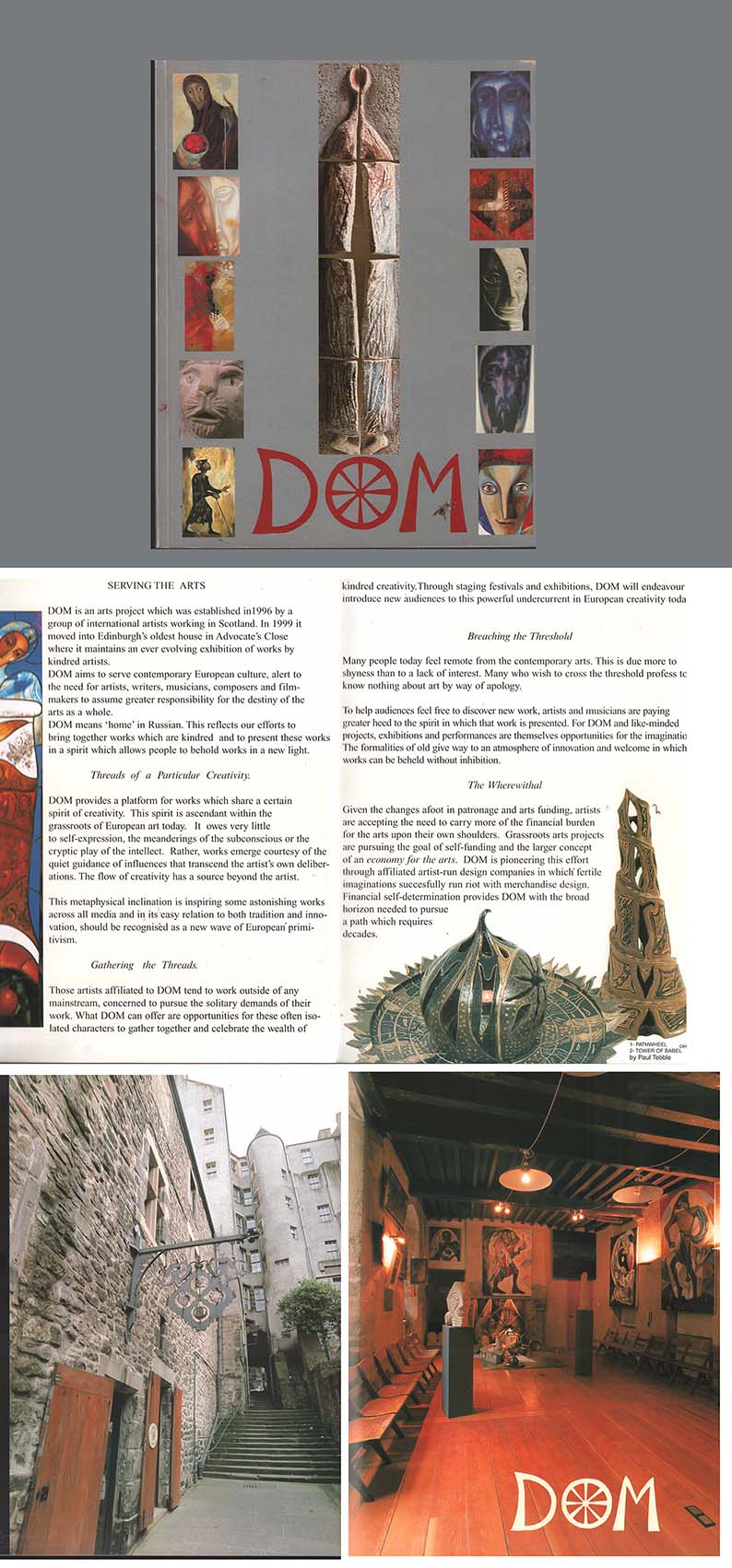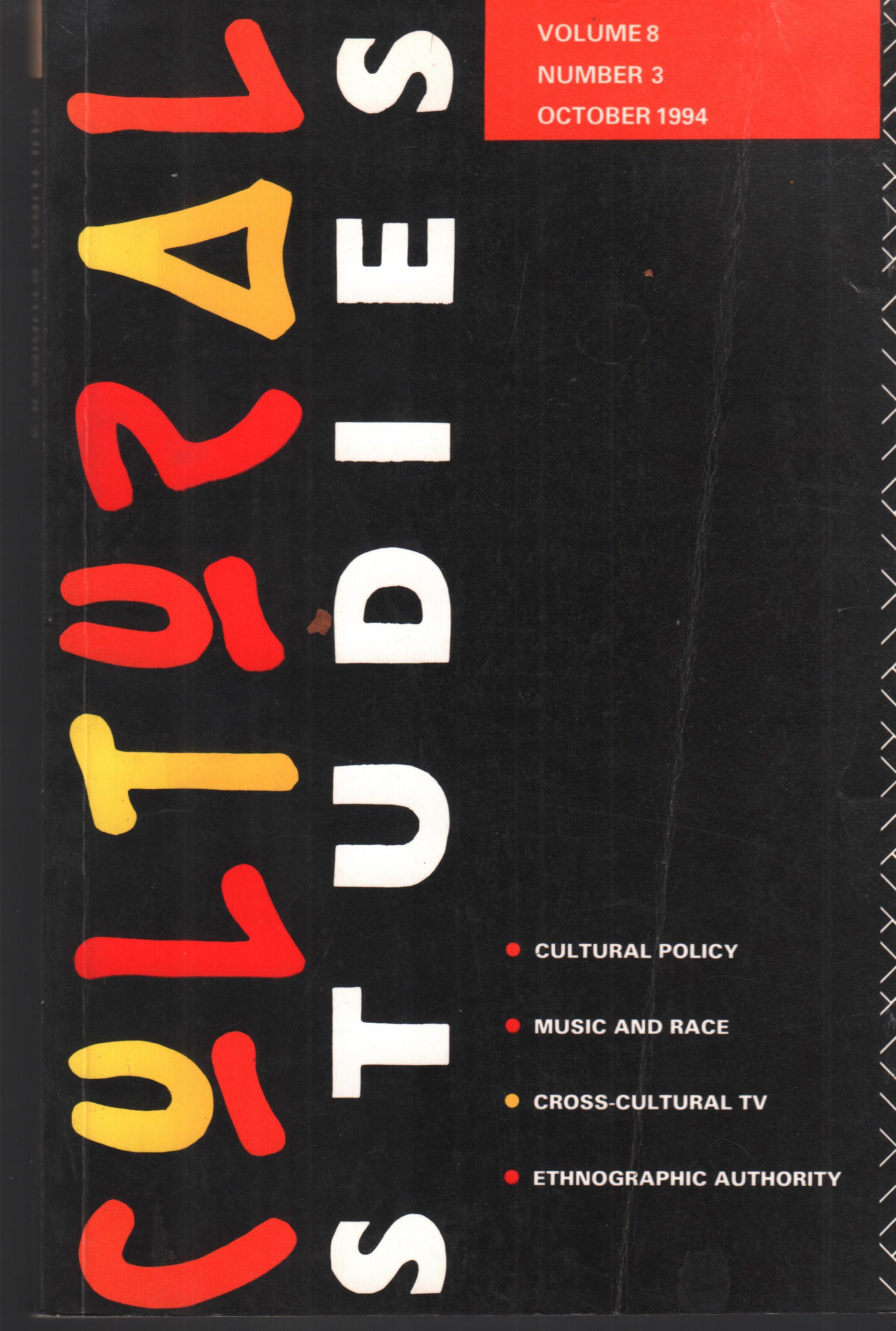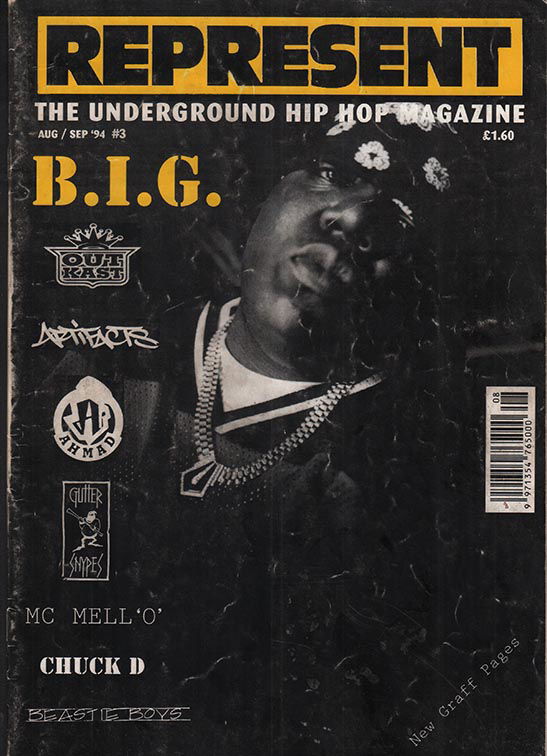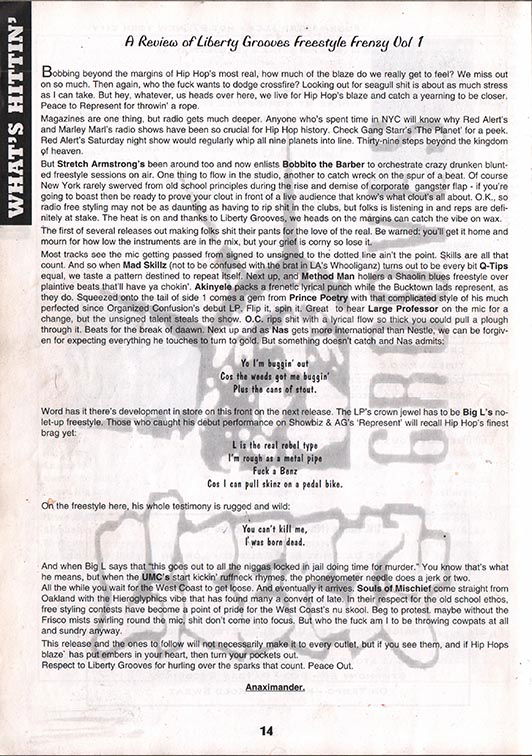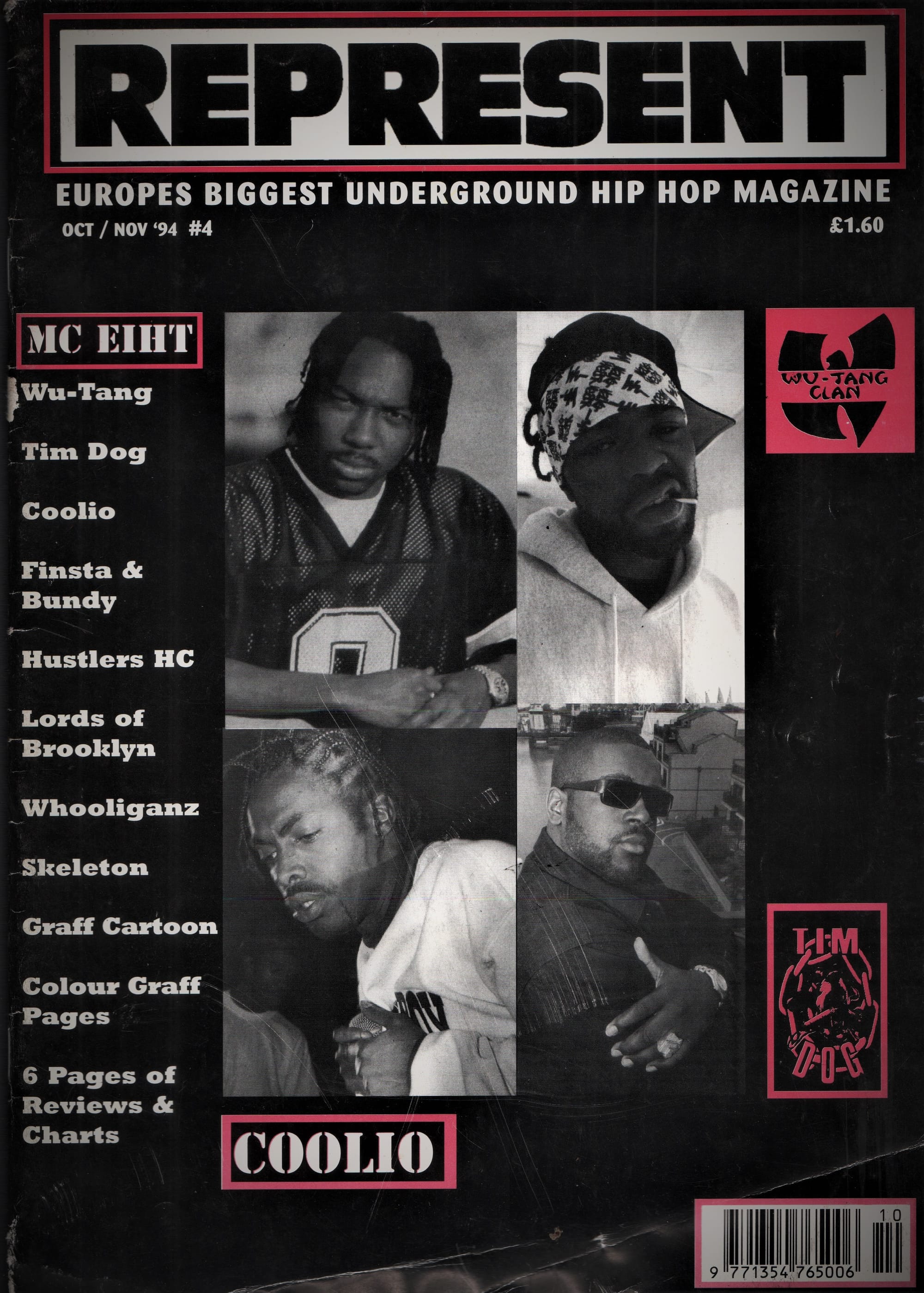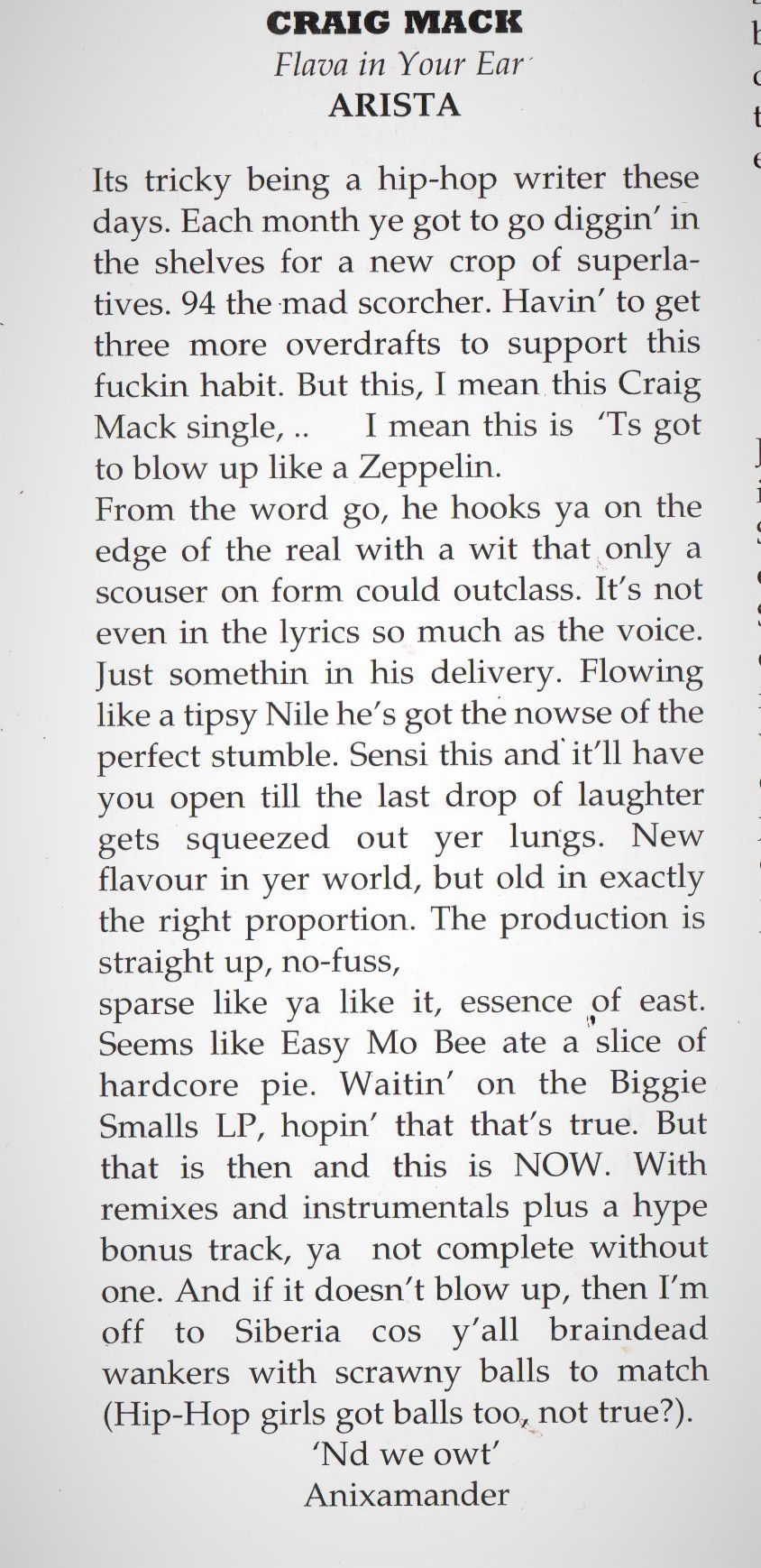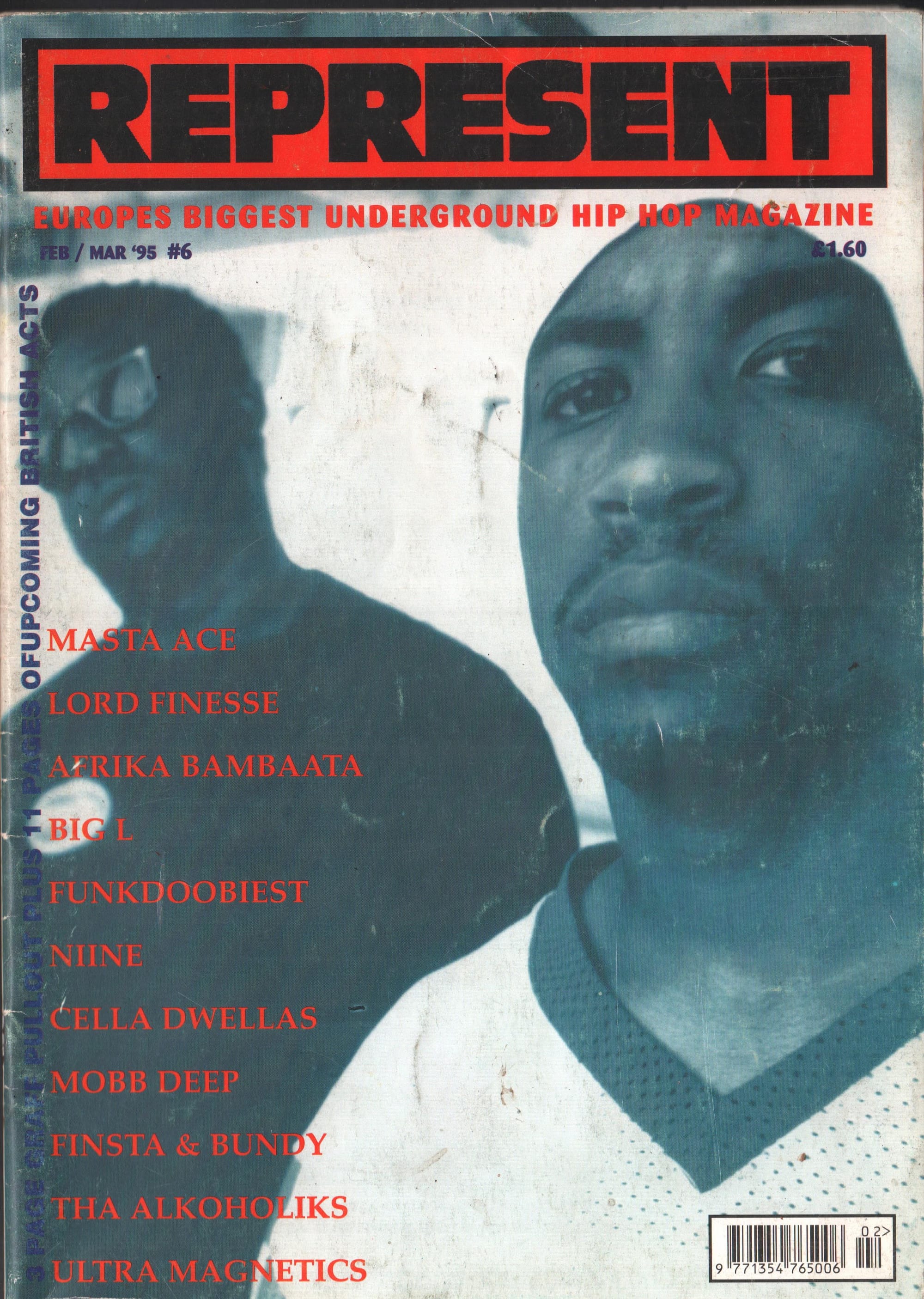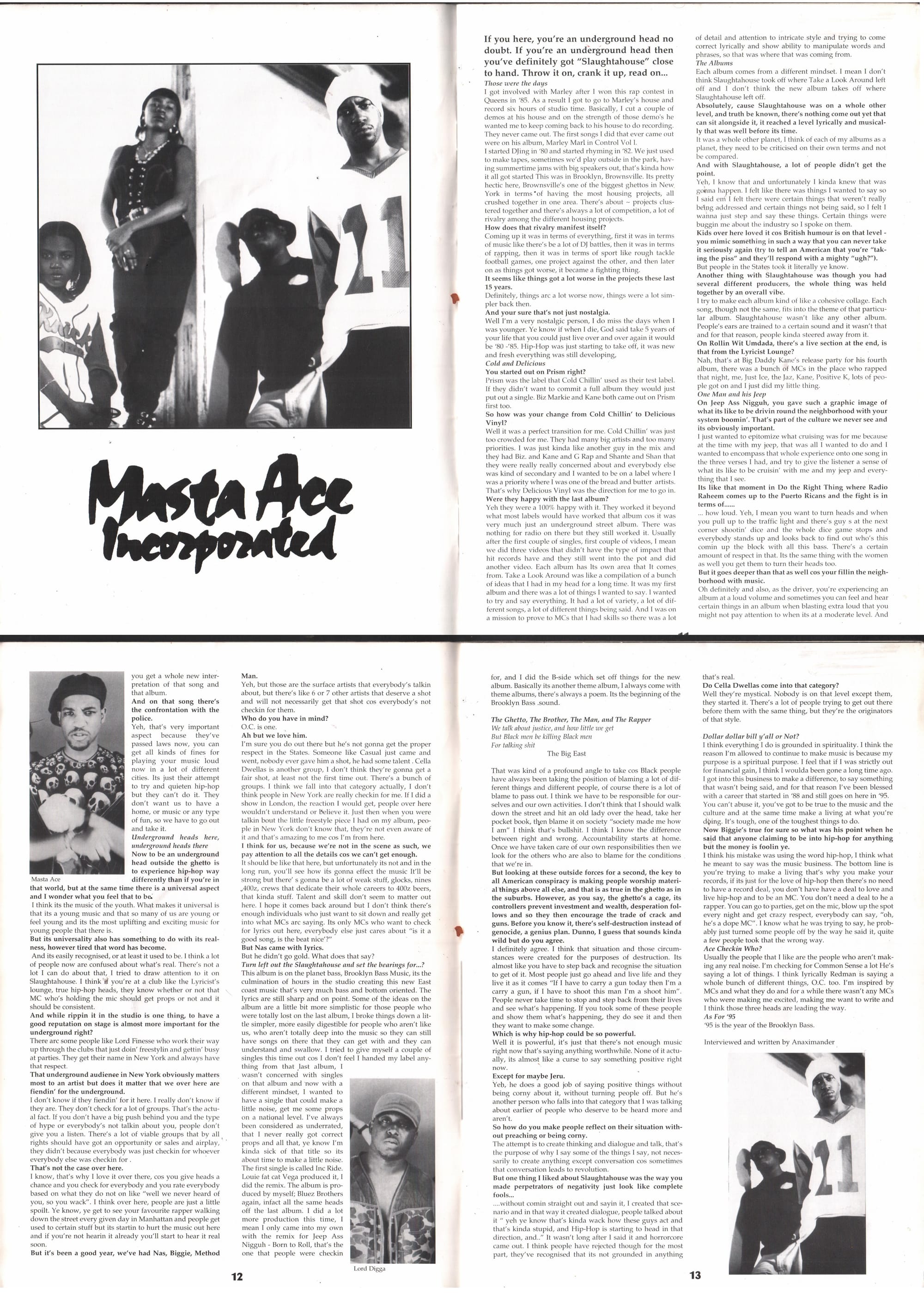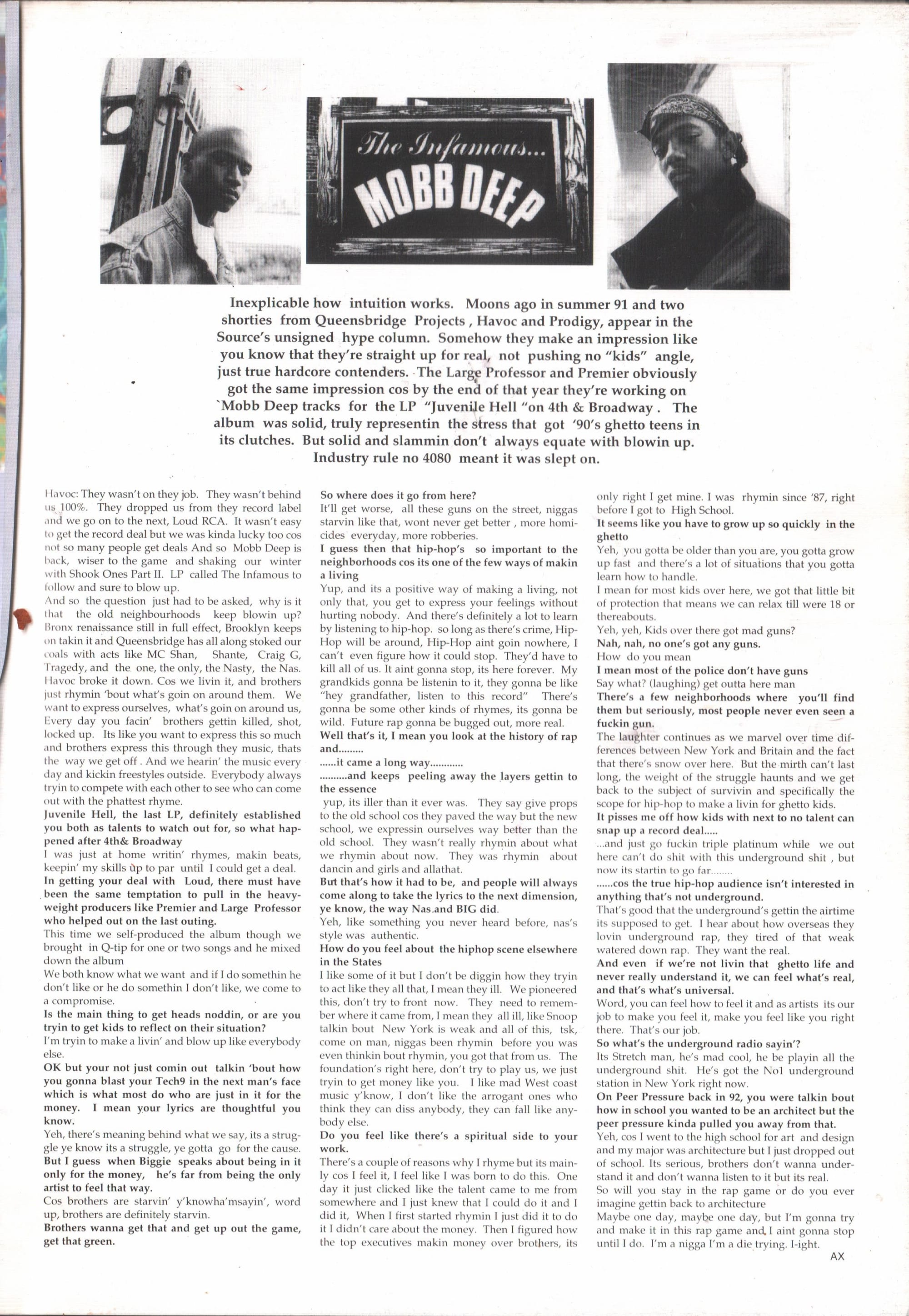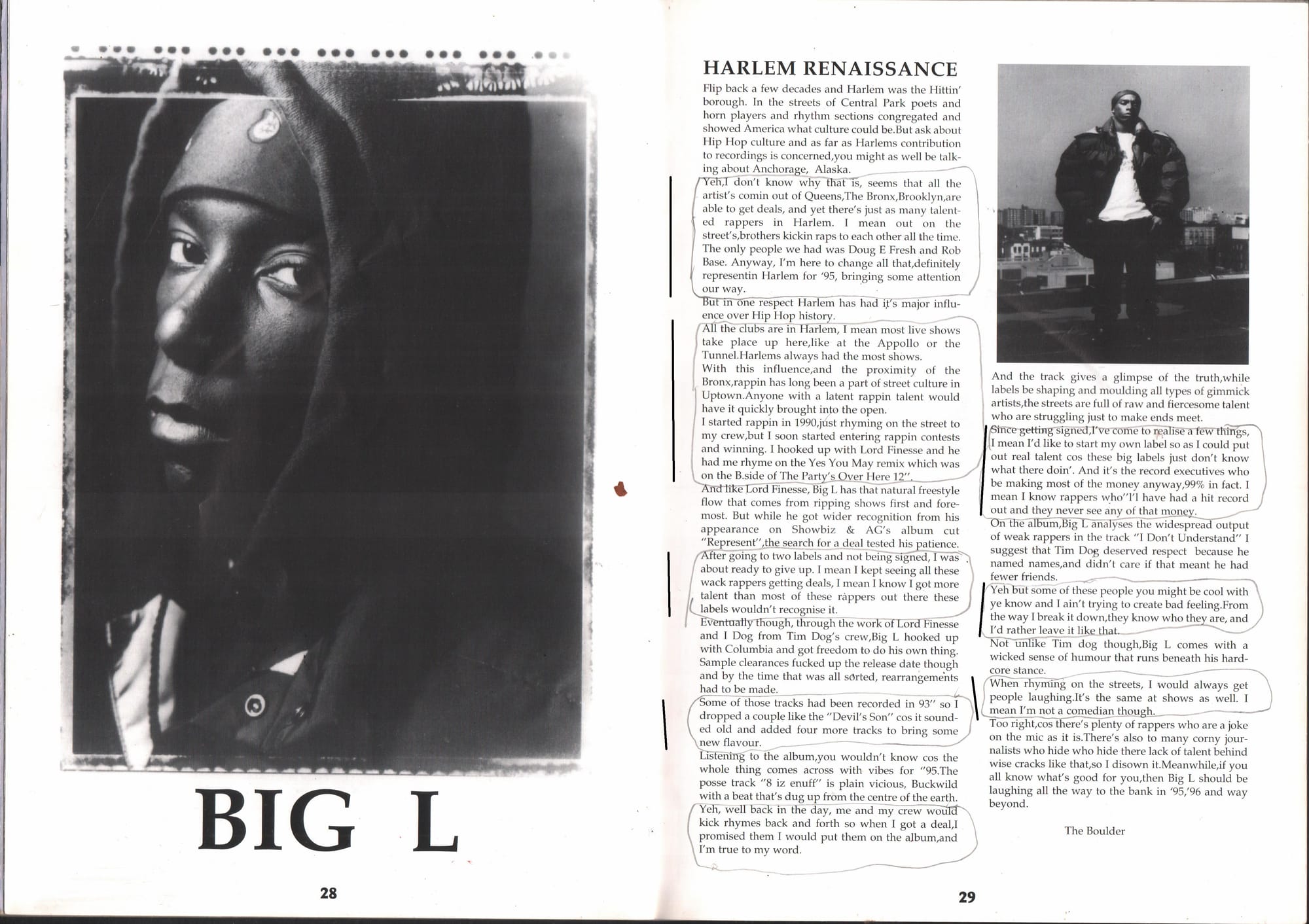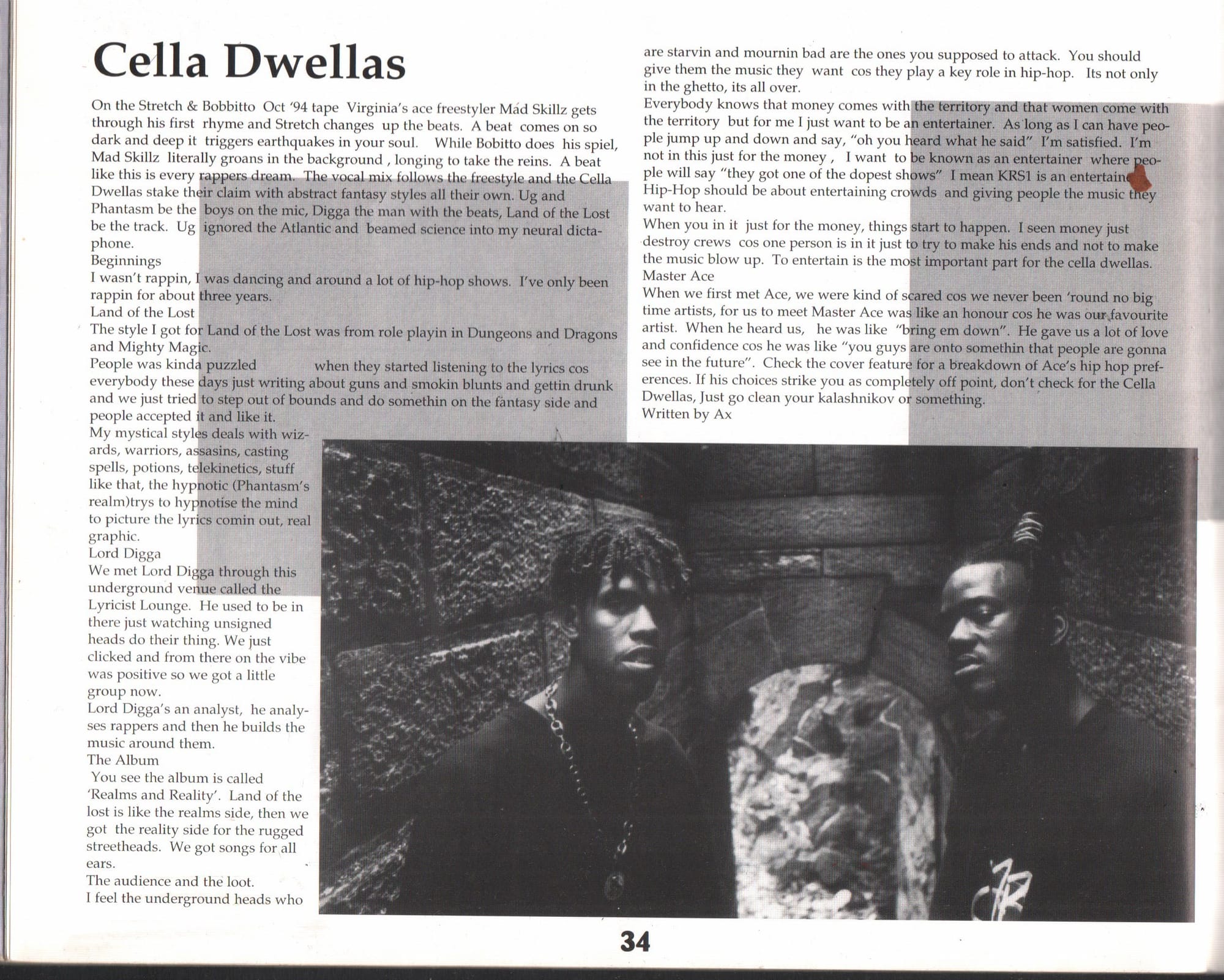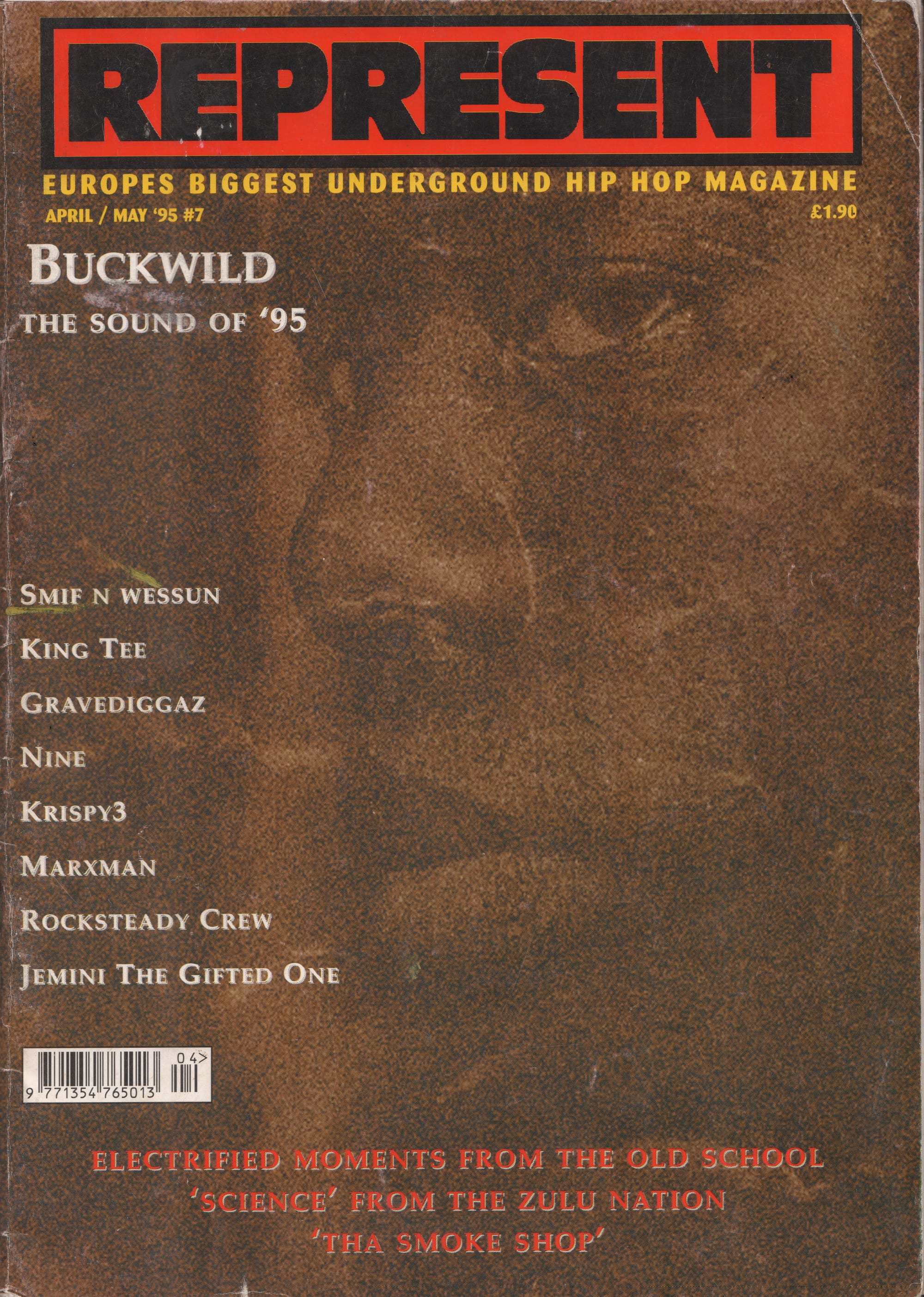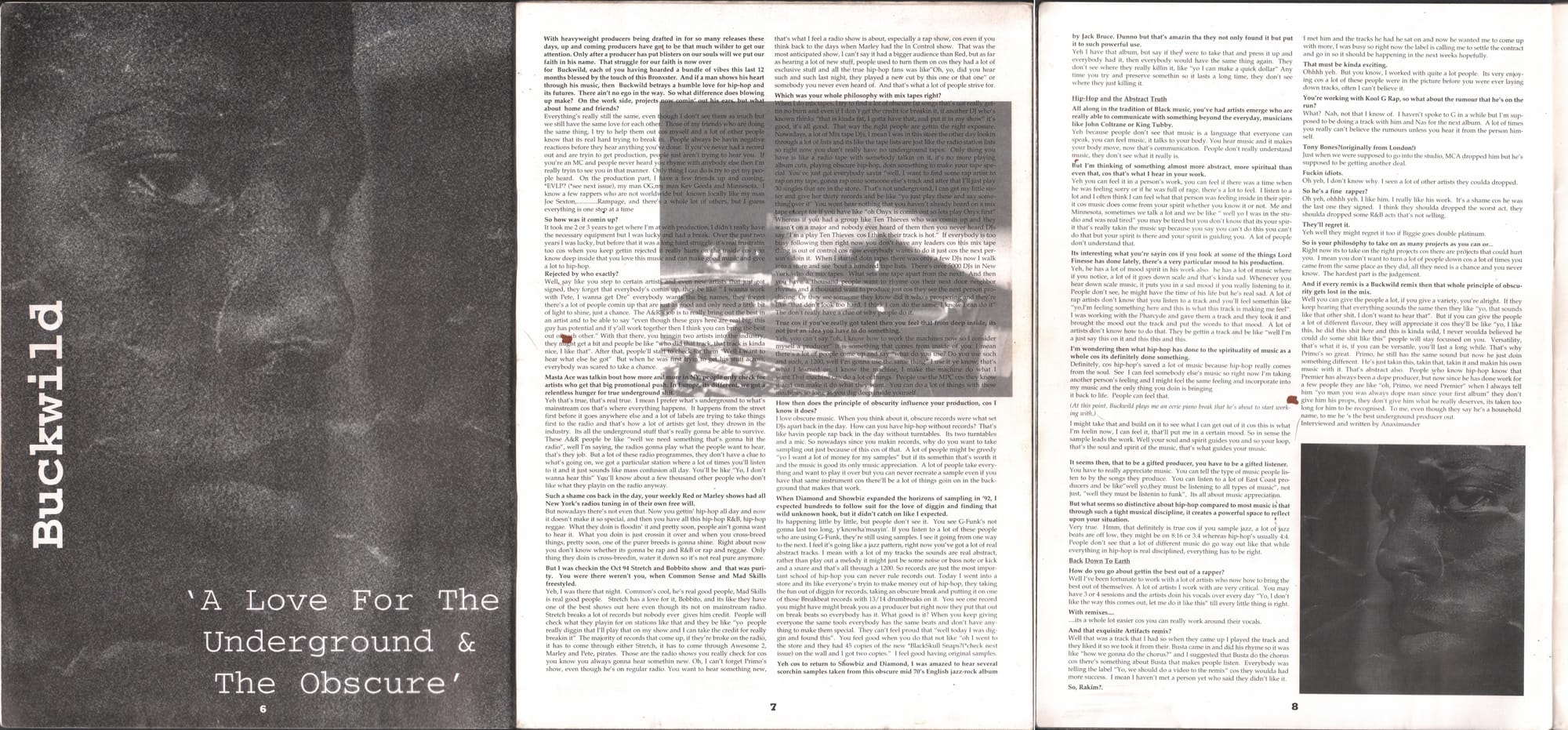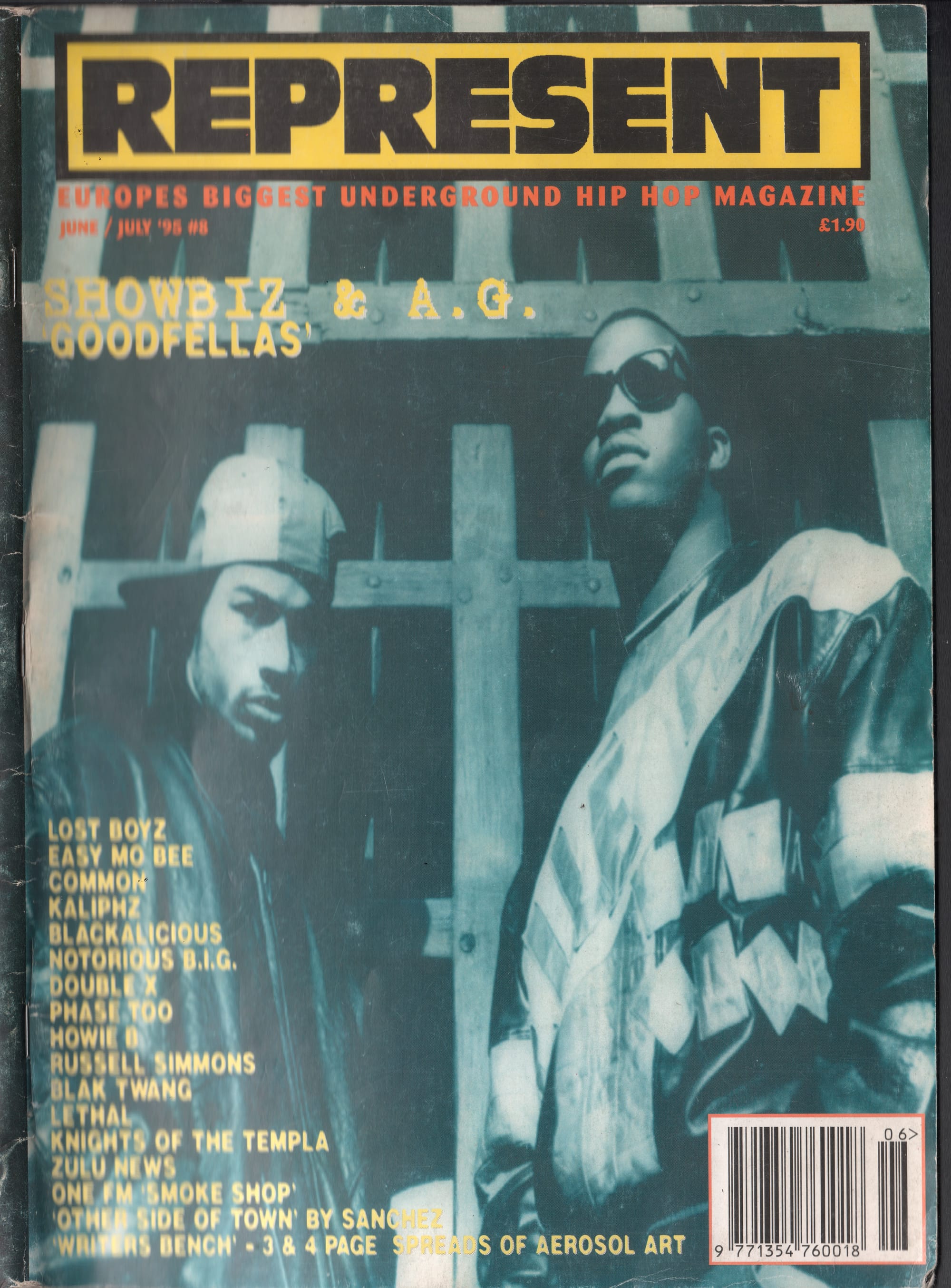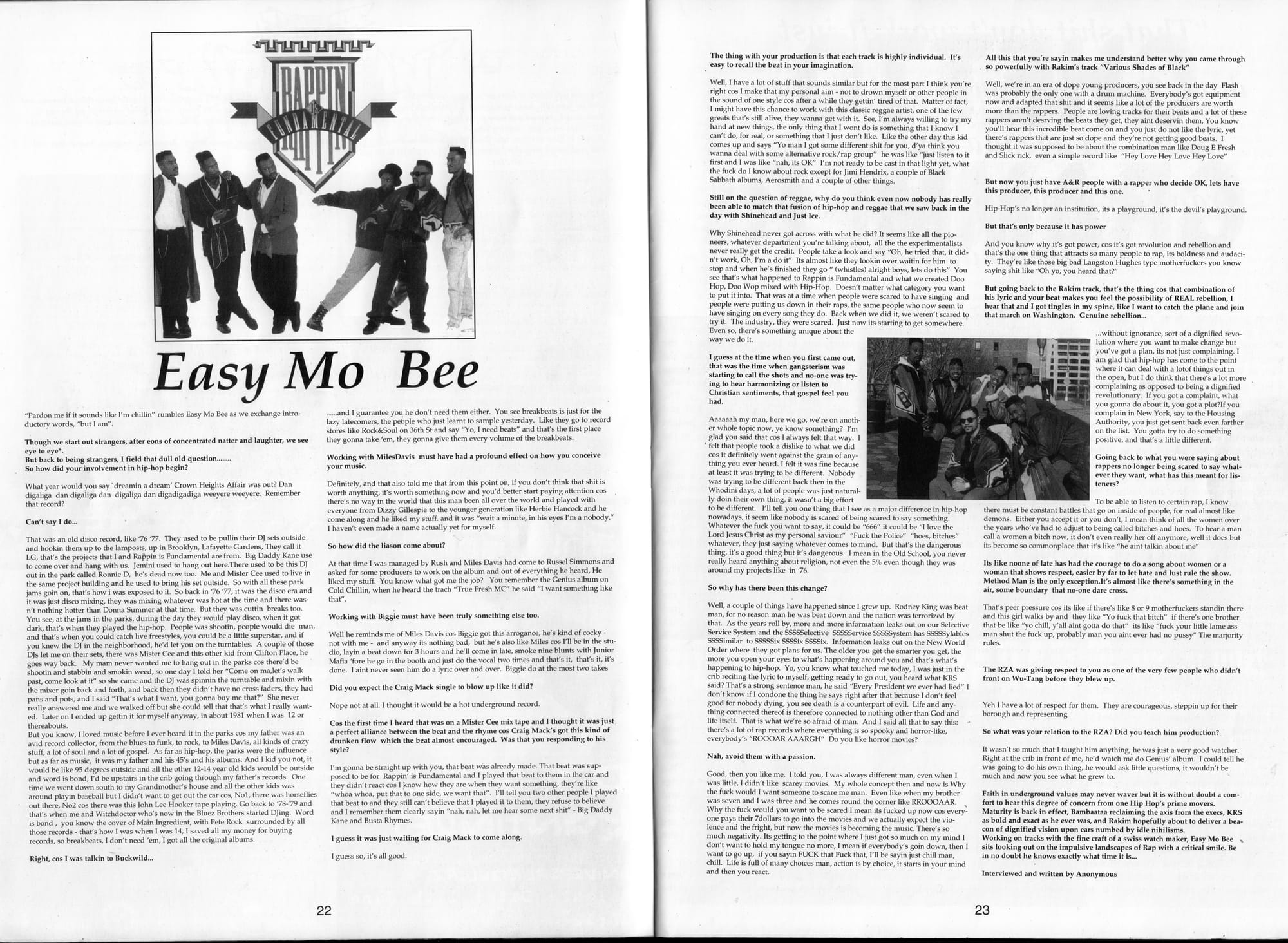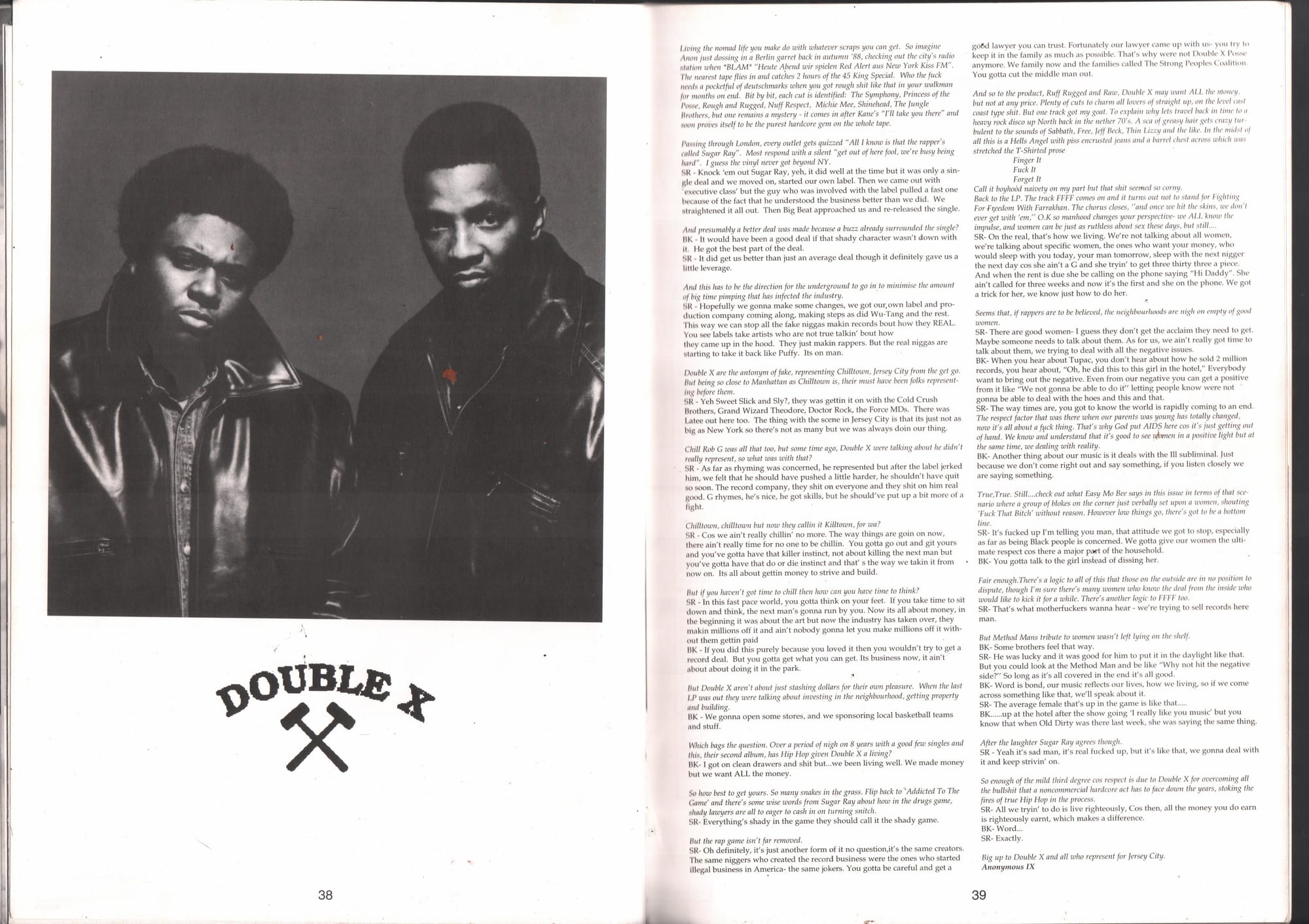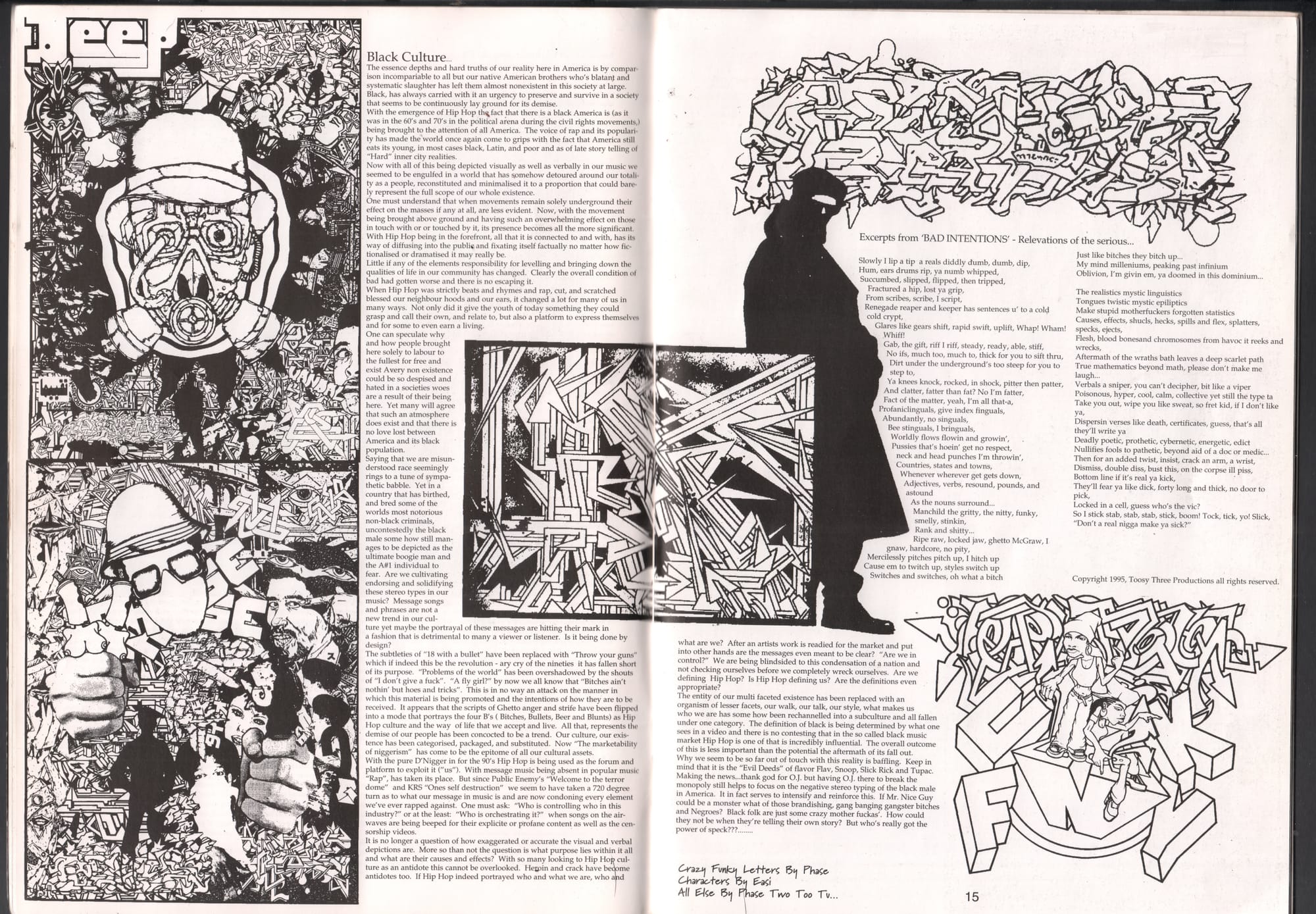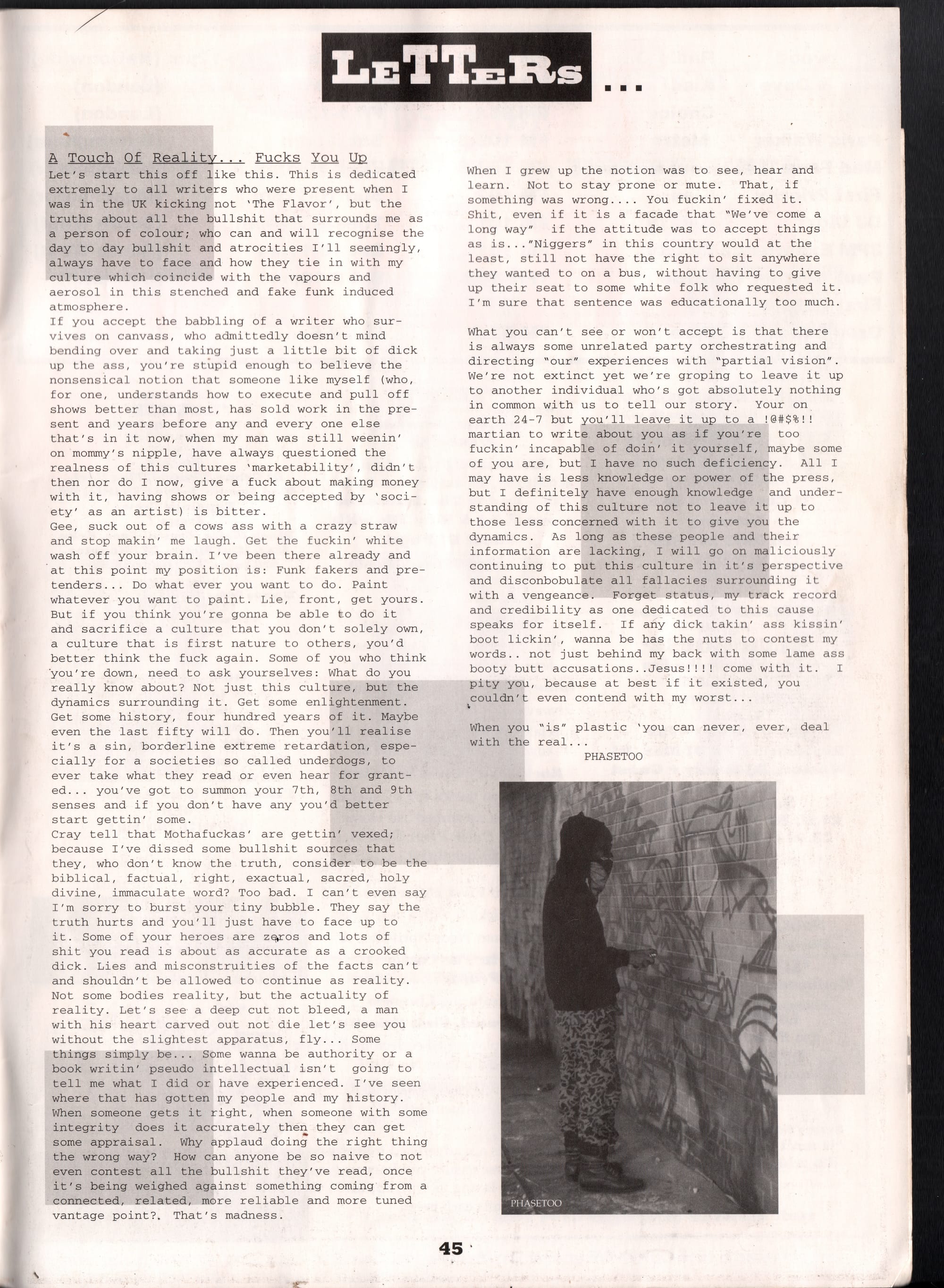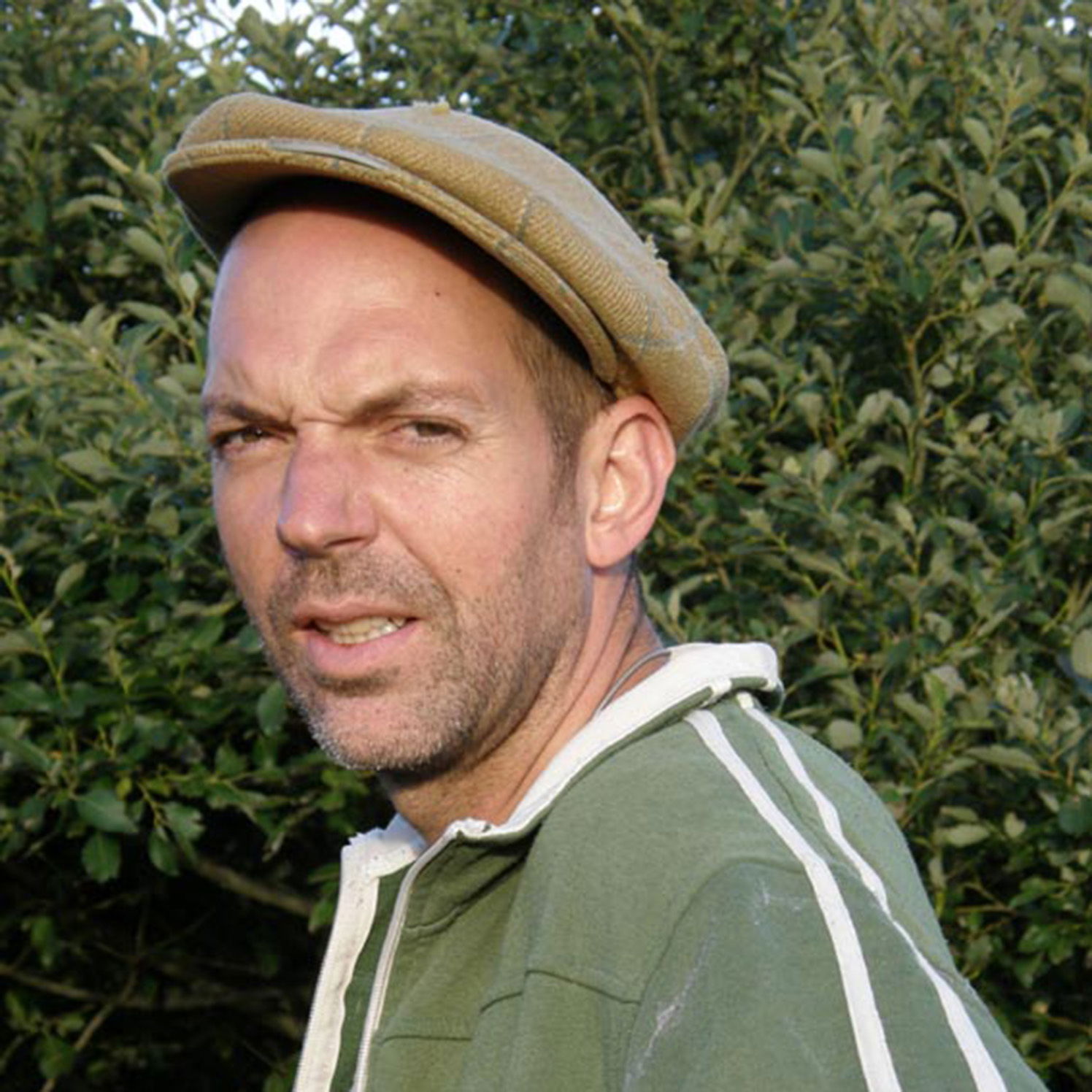
Ewan Allinson BA(Oxon) MSc
Sculptor
Master Craftsman Drystone Waller
Consultant/Researcher/Writer
About
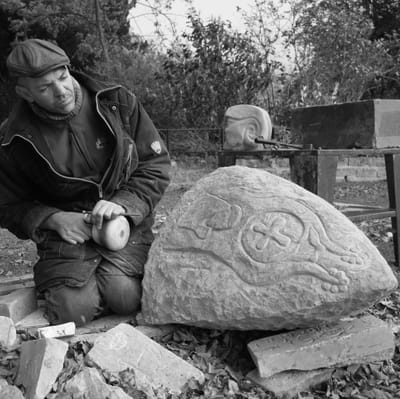
Drystone walling being my bread and butter, there is an emphasis on that here by way of attracting work, though I'm keen that the site should cover the other areas of my work and practice.
Growing up in a remote corner of the Lake District, drystone walls were the cradle of my consciousness. Turning my back on academia in my twenties, I chose instead the vagaries of life as a freelance artist. Drystone walling became my "trade to fall back on". I have, to this day, fallen back upon it with great regularity.
I became a Master Craftsman in 1997 under the professional guidance of Neil Rippingale and was lead waller on a sculpture project designed by David Wilson that was awarded the Pinnacle Prize in 1998. As well as producing both simple and elaborate garden features, I also remain committed to providing farmers with the walling services they value.
Contact
- Edinburgh, Scotland, United Kingdom
Working the land, knowing its grain
Collaborative research into the knowledge, Expertise, and experience of estate workers in The Angus Glens, Scotland.
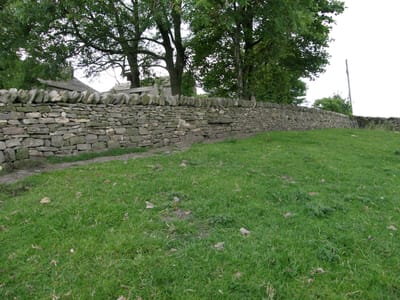
“Given Scotland’s unique and diverse natural environment, there is no one-size-fits-all approach to land use, and it is right that we use and empower local knowledge and expertise to guide our journey.”
Roseanna Cunningham MSP, Environment, Climate Change and Land Reform Secretary, February 2021
This 3-year collaborative arts research project, will discover, document, and illuminate, the granular knowledge, understandings, and experience, of land that tenant farmers, shepherds, gamekeepers, stalkers, and other landworkers, possess across upland estates in Angus. Launching in early 2023, the project seeks to provide a philosophical foundation for the evidence base used, and the expertise developed by, these landworkers. In doing so, it seeks to make a strategic intervention into the hot topic of land-use/land management/ Just Transition issues in Scotland by radically opening up the parameters of the nature-expertise required in addressing our nature crises.
The ambition is to understand and demonstrate the capacity of landworkers in the Angus Glens, and by extension rural communities across Scotland, to contribute, not only as keyworkers, but as key decision-makers, in the national response to the climate and biodiversity crises. The qualitative methodologies of lead researcher Ewan Allinson will be supplemented by the work of other artists/ researchers in gathering and analysing multiple sources of decision-grade data to understand the values and cultures that underpin and sustain this grassroots knowledge bank. Above all, by listening to landworkers’ testimony, the team will give voice to what landworkers know, how they know it, what they do with it, and what they value, in all its breadth and depth.
Summary of Research Aims
Valuing the Knowledge and Experience of Those Who Work the Land:
Roseanna Cunningham MSP, Environment, Climate Change and Land Reform Secretary, February 2021
- “While the importance of multi-disciplinary approaches, and the value of local knowledge, is much talked about in policy circles, I’m not sure that many really appreciate what this means and how to move into this space. Ewan’s work could provide a means to begin to open some of those doors.”
This 3-year collaborative arts research project, will discover, document, and illuminate, the granular knowledge, understandings, and experience, of land that tenant farmers, shepherds, gamekeepers, stalkers, and other landworkers, possess across upland estates in Angus. Launching in early 2023, the project seeks to provide a philosophical foundation for the evidence base used, and the expertise developed by, these landworkers. In doing so, it seeks to make a strategic intervention into the hot topic of land-use/land management/ Just Transition issues in Scotland by radically opening up the parameters of the nature-expertise required in addressing our nature crises.
The ambition is to understand and demonstrate the capacity of landworkers in the Angus Glens, and by extension rural communities across Scotland, to contribute, not only as keyworkers, but as key decision-makers, in the national response to the climate and biodiversity crises. The qualitative methodologies of lead researcher Ewan Allinson will be supplemented by the work of other artists/ researchers in gathering and analysing multiple sources of decision-grade data to understand the values and cultures that underpin and sustain this grassroots knowledge bank. Above all, by listening to landworkers’ testimony, the team will give voice to what landworkers know, how they know it, what they do with it, and what they value, in all its breadth and depth.
Summary of Research Aims
Valuing the Knowledge and Experience of Those Who Work the Land:
- What are the ways in which people who work the land gain their understanding of the environments they work?
- How does this differ from scientific knowledge?
- How can that embedded knowledge held by farmers, gamekeepers, ghillies, deer managers, dykers, fencers, peatland restorers, foresters, et al. be legitimized alongside the science so that it too is understood to be an invaluable component of decision-making within policy frameworks established to tackle the climate and biodiversity crises?

